
The body depicted on the cover, posed as a gate to a secret garden of earth ly delights, belongs to the artist of said cover. The artist does not intend to suggest that their body is an ideal, but rather it is the body over which the artist has the most agency in projecting their gaze onto. As you enter the garden, I encourage you to enjoy the bodies depicted within for their artistic qualities, representative of each artists’s gaze.
Art
Jasmin Small
Xuming Du
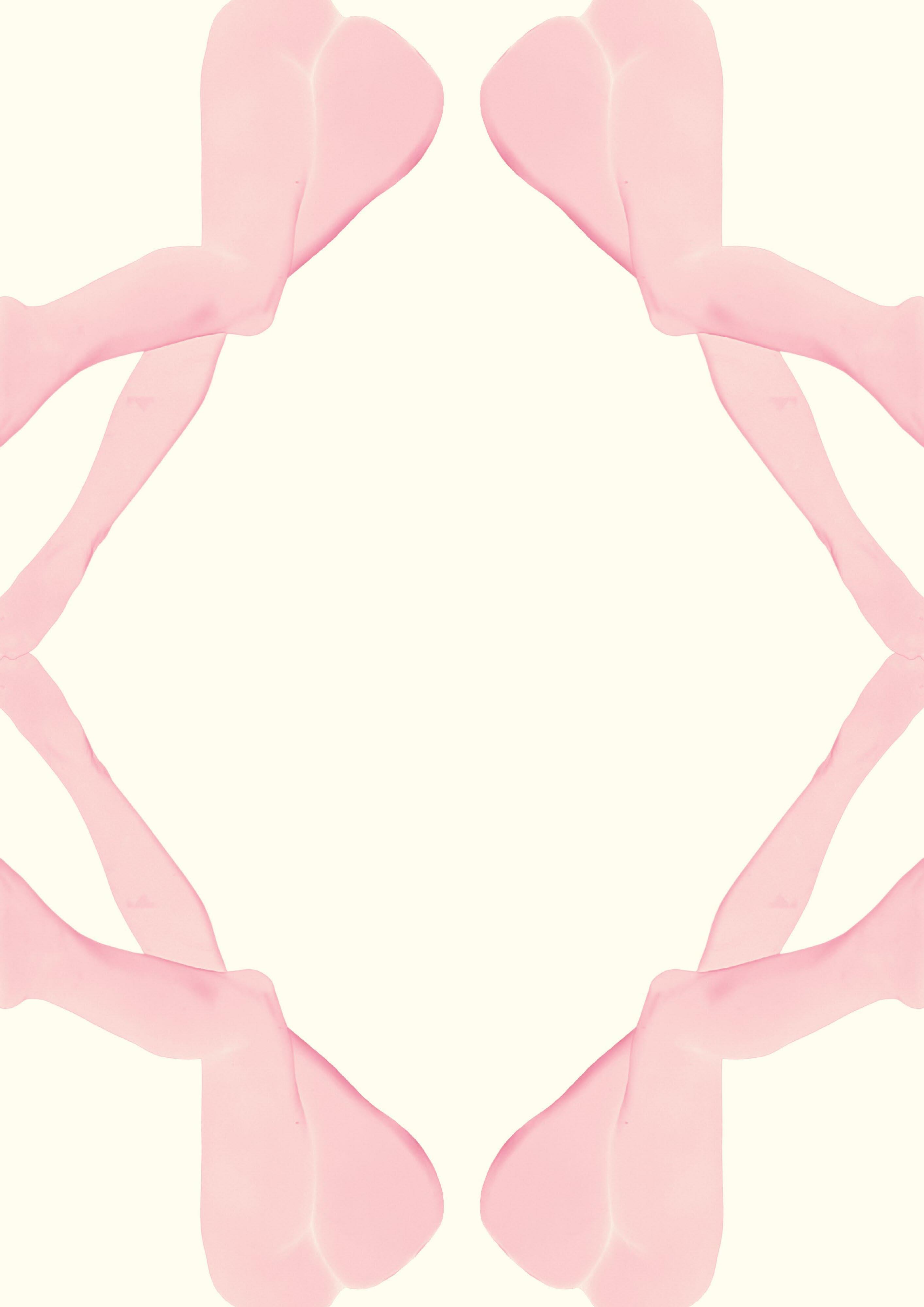
Ben Coultas-Roberts
Brodie Harris
Cynthia Weng
Max Macfarlane
Amy Sitthilath
Genevieve Cox
Abreshmi Chowdhury
Social Media
Ankita Unnikrishnan
Brianna Collett
Events
Arabella Ritchie
Jeffrey Liang
Photography
Robin Ng
Chris Jackson
Oskah Dunnin
Isabella Awad
News
Rosie Welsh
Kristine Li Giam Dan Crane Roxana Sadeghpour Shannon Napier Thomas Burnett Jack J. Batten Ruby Saulwick Dina Luate-Wani Sophie Hilton
TV
Virginia Plas Oscar Warren Zoe Crowston Sharlotte Thou Jong-hoon Park Eliz So Niall Fleming Jacinta Chen Xianxhi (Kerry) Jiang Hima Panaganti Khanh Linh (Kaylie) Nguyen Mina Kearns Jenny Lin Elsie Gillezeau
Content
Sarah Greaves
Ashley Davies
Amir Alikhani
Elizabeth Walker
Sisana Lazarus Lily Alexander Indy Shead
Chetha Nawana Daniel Ray Aala Cheema Thisuri Ranasinghe Angus Padley Will Salkeld
Sabrina Tse
Maddy Wang
Elroy James
Luca Ittamani
Radio
Maya Johnson Bec Donald-Wilson
Alexandra Ingram Elektra Dizz
George Hogg
Nat Johnstone
Josh Macdessi Ria Singh
News
Culture
Come
Comment
Reflections
Feeling
Attraction:

Inside Now, Go Deeper
STEMming the Tide Against Inequality 5 ANUSA & PARSA Respond to PARSA’s Defunding 7 SASH Fact File 8 ANU $150.7 Million Better Off as 352 Full-Time Staff Reduced 9
Fanfiction Addiction 11 La petite mort[sel] 13 Anais Nin and Sexual Awakenings 15 Seven Deadly Sins of Gay Dating Apps 16 A Royal Pegging 18 Advice The Gay Discovery Mission 22 How to Have Sex with a Trans Person 24 How to Seduce the Nonbinary in Your Class 26 The Universality of Butt Sex 28 Not Confident Talking Dirty? History Helps! 29 Tell Them How You Feel 30 Let’s Talk About Sex Baby! 31 Kisses 32 LBG Catch of the Day 34
on Fetishisation 36 The Extending Front Line for Abortion Rights 38 A Deep Dive into the Australian Labiaplasty Industry 40
Echoes of My Mother 43 The Psychology Behind Falling in Love at the Club 46 The Myth 47 Hard Feelings / Are We Loveless 48 Divinity is a Mouth Unkissed 51 Sexual
Local Student Realises They Don’t Feel It 52 Confessions of a Retired Pillow Princess 54 Truths One Turned to Many 57 To Be Loved 58 Is It a “Hoe Phase” or Are You Really Just Self-Destructing? 60 Consent for Couples 62
Letter from the Editor

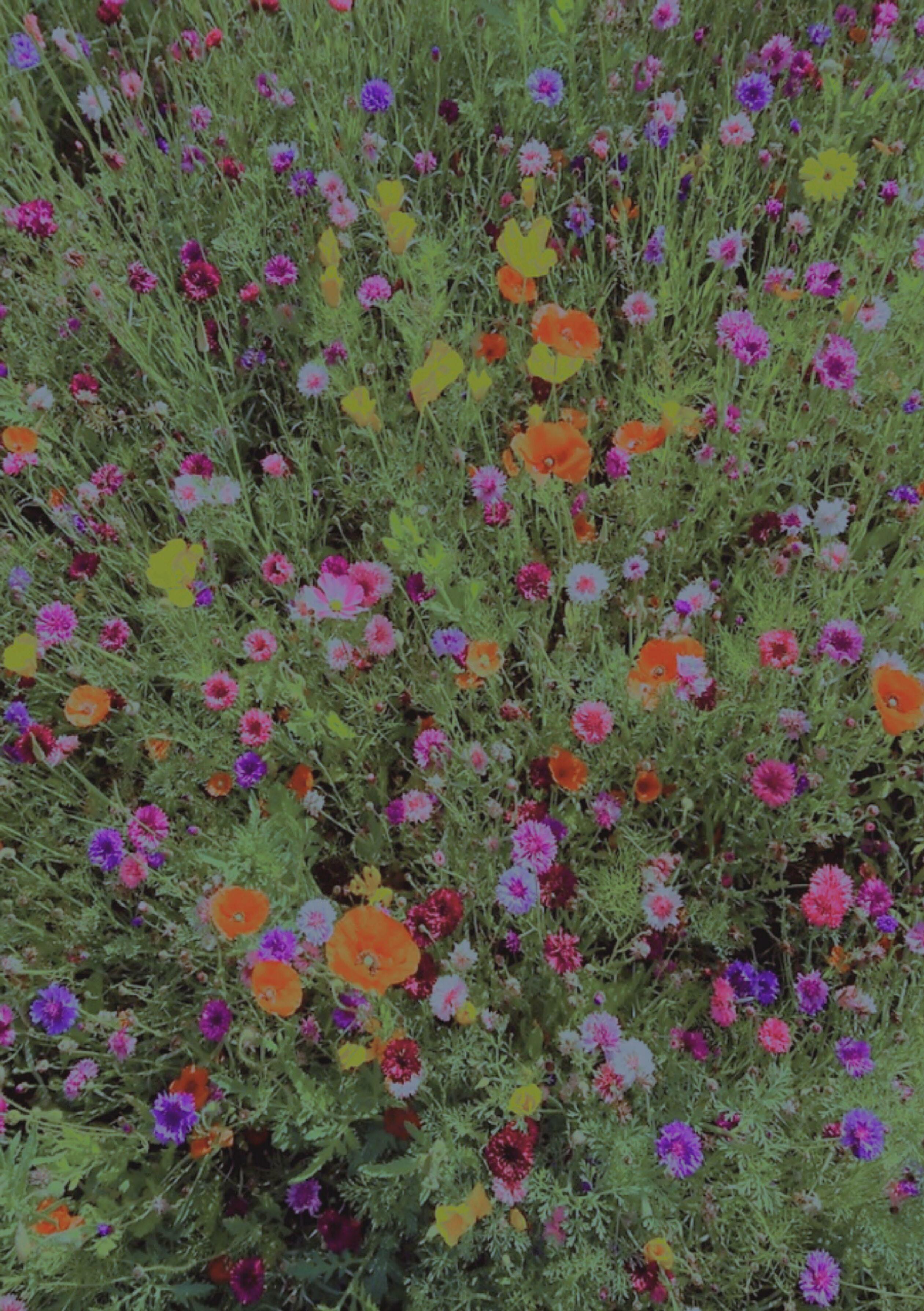
The edition you hold in your hands is the result of many months of work by the students here at Woroni. Sex editions and writing about sex have been a hallmark of Woroni’s past. One only needs to flick through the many archival newspapers lying around in the Woroni Office or tumble down the rabbit hole that is the National Library’s Trove (every single Woroni issue since 1949 is found there). A personal favourite is the ‘sealed section’ in Edition 7 2013 (available on issuu.com for your viewing pleasure).
It has been a pleasure and a journey bringing the ANU community this maga zine. At one point we weren’t even sure if we would get enough submissions. In the end though, we ended up with more than we could fit. The pieces in this

4.












 Alexander Lane News Editor
Karolina Kocimska Content Editor
Fergus Sherwood Head of Radio
Rose Dixon-Campbell Art Editor
Matthew Box Managing Editor
Clara Ho Head of TV Saad Khalid Deputy Editor-in-Chief
Juliette Baxter Editor-in-Chief
Alexander Lane News Editor
Karolina Kocimska Content Editor
Fergus Sherwood Head of Radio
Rose Dixon-Campbell Art Editor
Matthew Box Managing Editor
Clara Ho Head of TV Saad Khalid Deputy Editor-in-Chief
Juliette Baxter Editor-in-Chief
5.


6. Art by Jasmin Small
STEMming the Tide AgainstInequality
Zelda Smith For National Science Week, the ANU Science Society assembled a Women in STEM (Science,Technology, Engineering, and Mathematics) panel discussion to highlight the achievements made by female lecturers, teaching staff, and researchers here at the ANU.
The panel consisted of Professor Penny Brothers (Director of the Research School of Chemistry), Associate Professor Alison Behie (Head of School of Archaeology and Anthropology), Associate Professor Joan Licata (Convenor for Mathematics Honours), Dr Annie Colebatch (Researcher and lecturer at the ANU School of Chemistry), and Dr Jia-Urnn Lee, (Space Technical Lead at FrontierSI).
In Australia, women comprise only 28 percent of the STEM workforce, and only a third of Australian students studying STEM. STEM also has one of the highest gender employment gaps in the country. The ANU’s strategic target for 2021-2025 is to increase the number of women employed in engineering and computer science to 40 percent
The Women in STEM panel provided an opportunity for discussion on issues that women face in the field, and to celebrate the achievements of the panellists.
The discussion began with the best aspects of a career in STEM. The panellists praised the variety, innovation, flexibility, and global collaboration that STEM can provide as well as the ability to follow their passions and interests.
The discussion then shifted to the changes occurring in STEM in the 21st century. There was a focus on positive discrimination as a strategy to increase female employment in STEM. Positive discrimination is the allocation of employment, resources, or policy that favour disadvantaged minorities to rectify inequalities.
Panellists described how these opportunities have increased the number of women employed in STEM, and opened important discussions surrounding the culture in STEM. They also mentioned how positive discrimination has helped expose biassed metrics used to recognise, reward and evaluate scientists.
With the acknowledgement of the inequality in STEM, the panellists were asked to share their experiences of sexism.
Several panellists commented on the issue of the inflexibility of STEM and parenting. Associate Professor Alison Behie described discriminatory language such as “playing the baby card”, or “sob stories” in response to balancing the experience of IVF or, performing other carer responsibilities, and how this affected her work, including grant writing.

Art by
Rose Dixon-Campbell
7.
Professor Penny Brothers, who began lab work in 1979, found the labs plastered with posters of naked women, who “weren’t even afforded the dignity of a face”. According to Brothers, this was not uncommon, nor easily challenged at the time. Brothers expressed immense disappointment that 40 years on, we are still having discussions surrounding inequality and sexism in STEM.
The panellists now find themselves pioneering cultural change in their departments. Some described promoting women-only employment positions, and they are all hopeful in creating institutional change for a new generation of STEM students.
Other panellists described a positive experience in STEM without sexism, shining a light on improvements made in STEM’s workplace culture.
Currently, 80 percent of women who study STEM do not continue into STEM roles due to discrimination, inflexibility, lack of female role models, and a male dominated culture etc. The goal of positive discrimination, as described by Dr Colebatch, was to change the image of what success looks like in STEM. However, this may result in the burden of cultural and institutional change being placed on high achieving women, who are expected to work while improving workplace culture. This links to the sentiment expressed by a number of panellists that gender inequality in STEM is not only a women’s issue. Moreover, no male staff members nor students attended the event.

The panellists acknowledged that while positive discrimination is helpful, it is only a short-term solution. Associate Professor Joan Licata provided an alternate perspective, that although she endorsed and implemented women’s only positions, cultural change was the biggest aspect to address. This sentiment is echoed in Australian Government strategies to improve gender inequality, which includes reducing bullying and harassment in the workplace and improving hiring diversity, flexibility, pay gaps, and parental support.
Indeed, it was raised that the issue of women in STEM was only one aspect of how STEM can improve its diversity and inclusivity.
The timing of the event falls within a tumultuous global environment for womens’ issues. Social and community norms are changing, and it remains to be seen what a generation who have been inspired by the likes of Grace Tame, Brittany Higgins, and Jacinda Ardern will bring to the table.
8. Art by Rose Dixon-Campbell
ANUSA & PARSA Respond to PARSA’s Defunding

Sasha Personeni
In July, the ANU announced that it would not fund the postgraduate student union, PARSA, next year. This marks the first time the University has denied a student union funding from the Student Services and Amenities Fee (SSAF) funding pool.
The postgraduate student body is now without a dedicated union providing student services. This leaves ANUSA, the undergraduate student body, as the sole provider of student-led services for members of the ANU community.
Woroni asked both PARSA and ANUSA for their perspectives on this sudden change.
PARSA Vice President Tristan Yip told Woroni that PARSA’s reaction to the defunding has been one of shock. PARSA feels the decision has been made “without proper planning and with no regard for the people whose livelihoods depend on PARSA’s continued viability.”
ANUSA’s President Christian Flynn shared similar concerns, stating that the undergraduate union was “closely following the ANU’s response to the ongoing challenges in PARSA” and noted its historical opposition to the University’s use of the SSAF system to fund student unions.
Responding to the ANU’s criticism that it still has governance issues, Yip claimed, “We believe our new governance framework is robust, transparent and in compliance with our obligations.”
Yip highlighted that most postgraduate students were unaware of the decision to defund PARSA, and stated that the ANU’s communication has been minimal, leaving PARSA to relay the decision and its implications to postgraduates who missed the announcement in the ANU’s weekly newsletter.
Despite this, there has been a “lot of support from our student cohort,” and they believe that “this has been a positive opportunity for PARSA to highlight all the great work we’ve been doing behind the scenes.”
Representatives from ANUSA approached PARSA earlier this year to propose a “merger” to ensure the latter’s continued independence. However, PARSA declined the offer, opting for constitutional reform.
Yip reiterated that PARSA’s decision to reject the merger was based on multiple pressure points, including significant demographic differences between the postgraduate and undergraduate student bodies. For example, 30 percent of PARSA members are Higher Degree by Research students, and there is an equal split between international and domestic students in PARSA. This would, Yip argued, hinder a combined union from representing both cohorts.
Despite the governance and financial issues, PARSA has confirmed that all services are available to their members and that they plan to operate as expected for the foreseeable future.

Art by Rose Dixon-Campbell 9.
Discussions of sexual assault and sexual harrassment

10. CW:
ANU $150.7 Million Better Off While352 Full-Time Staff Reduced
Thomas Burnett
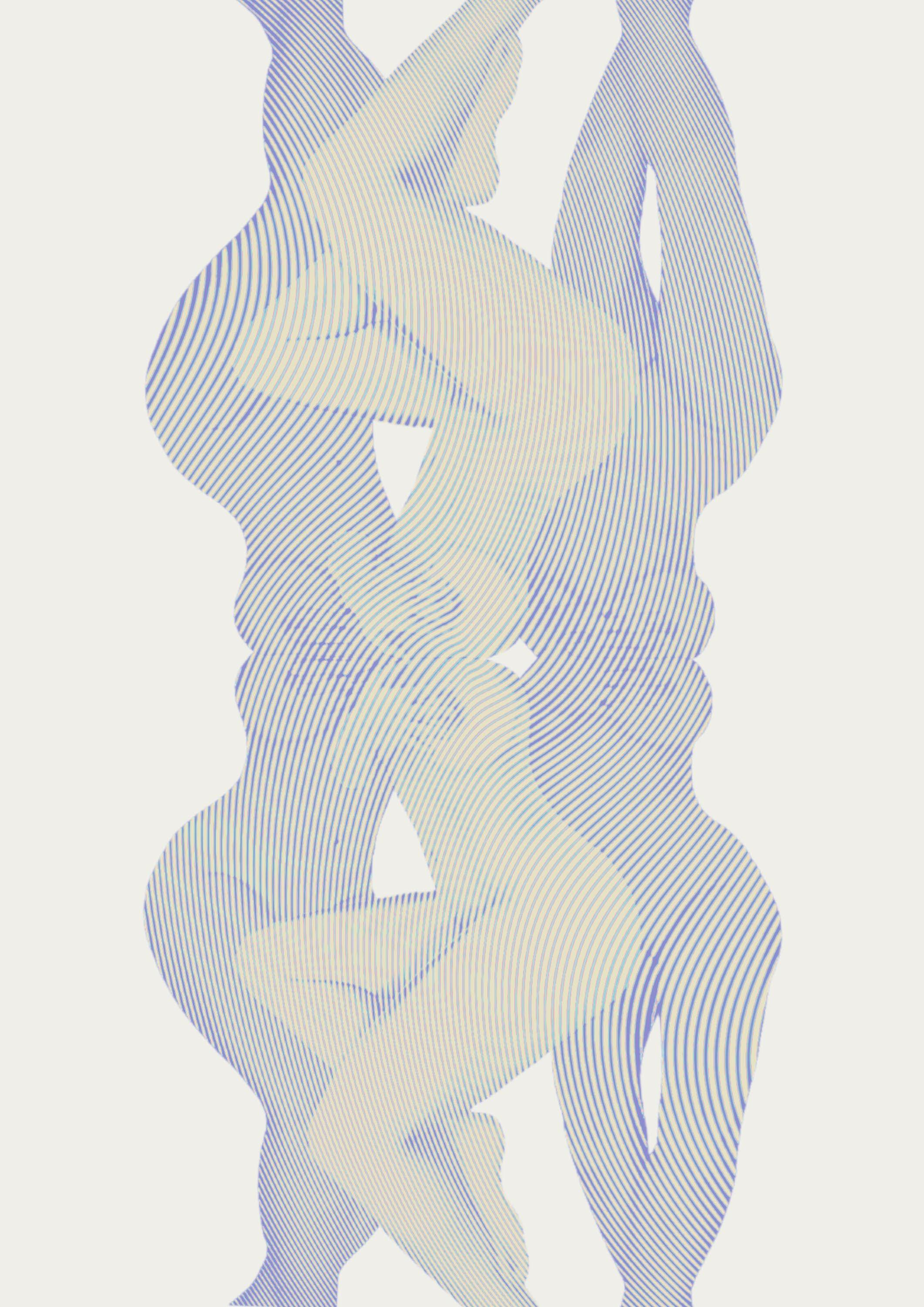
The University has performed $150.7 million better than expected last year, while staffing has been reduced by 352 full-time equivalent staff between June 2020 and December 2021. When asked whether the University would have approached its reduction in staffing levels differently if the forecast had been more accurate, a spokesperson for the University responded that “the sacrifices we have made in recent years were necessary for our ongoing success as an institution.” The spokesperson also noted that the filling of vacant positions “means we expect to return to operating deficits in 2022 and 2023.”
In response to the difficulties of 2020, the University looked to be in a difficult state financially with a total deficit of $162.4 million. Staff deferred a pay rise, Executives took a pay cut, and the University put in place a Recovery Plan which forecast operating losses until 2023 and called for cutting back expenditure, including reducing staffing by the “equivalent of 215 positions.”
Based on data from the university, the actual reduction from when the Recovery Plan was
initiated in 2020 to the end of 2021 was 352 fulltime equivalent staff.

Last year the ANU had an operating surplus of $30.2 million. Operating surplus excludes income which can’t be used for operational activity, like insurance proceeds and investments. According to the University, this gap comes roughly in equal part from “better-than-budgeted income including from student retention and research revenue from Government grants and consultancies,” money saved by having “unfilled positions,” and the reduction in fieldwork and travel from COVID-19.
This financial gap comes in the context of 529 courses disestablished between the start of 2020 and June 2021.
According to a University spokesperson, “The 2021 results mean we will borrow less and later than planned. Our financial plans indicate we will reach an operating break-even position in 2024 and a small surplus in 2025.”
Art by Rose Dixon-Campbell 11.
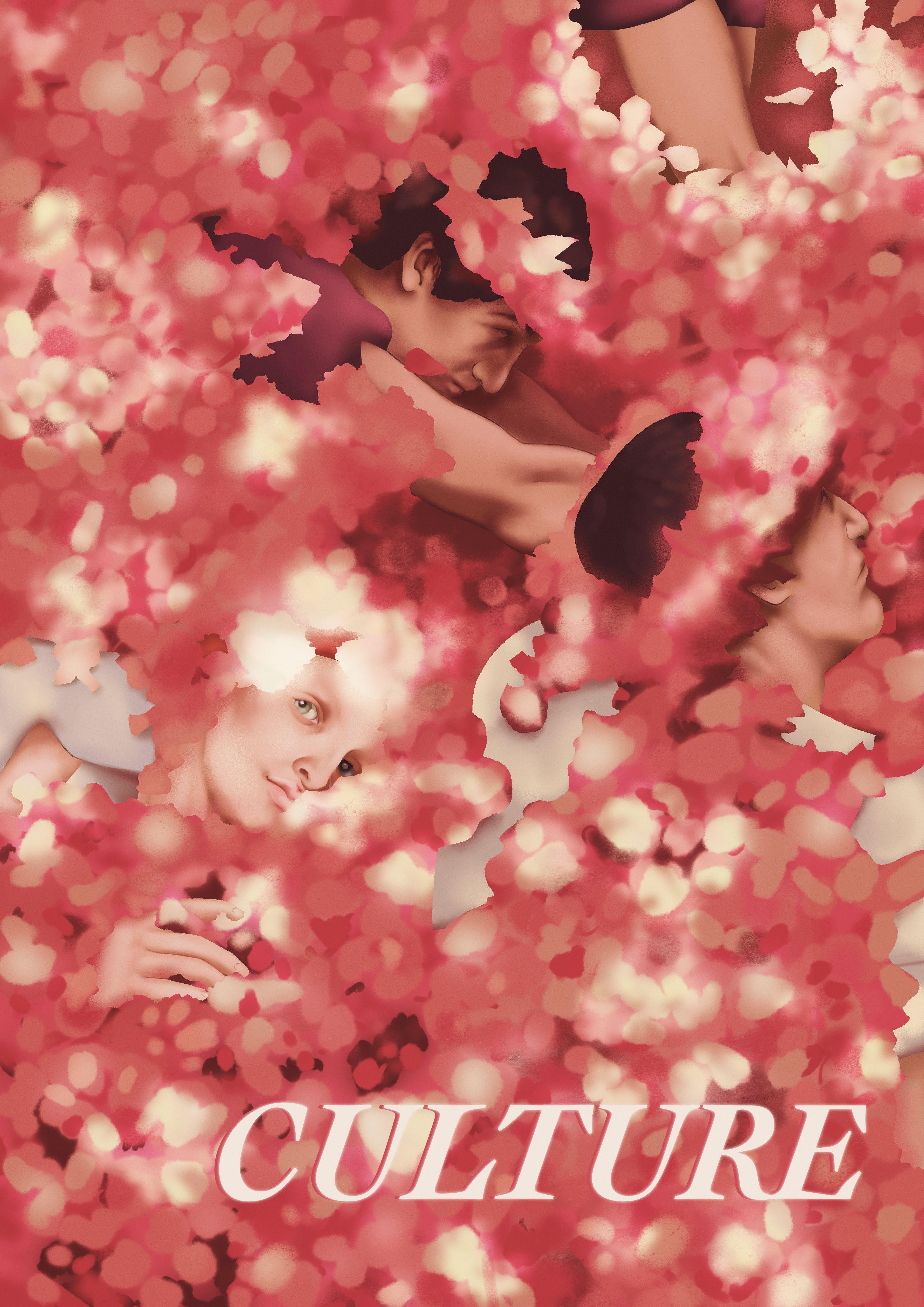
12. Art by Jasmin Small
Fanfiction Addiction
Anonymous
At the age of ten, my world changed. It wasn’t a death or a divorce, a birth or a wedding; it was a Samsung Galaxy smartphone with a slow but steady internet connection. Somehow, I stumbled upon a magical website: fanfiction.net. This was the start of a decade-long love affair with fanfiction; a love affair that has shaped me into the person I am today.
The thing about fanfiction is that you can find anything on these websites. And I mean anything! That TV show you like? Here are the two main characters on a road trip, but their car breaks down, and they have to share a motel room for the night- and there’s only one bed! That niche book series you adore? Here are 500 novel-length deep dives into side characters’ backstories. What about vampires, but they’re in space? Superheroes? Werewolves? Real people? All readily available, one tag search, and you’ll have at least a handful of well-written, well-thought-out fanfictions!
And better yet, what about the sexy stuff? BDSM? Sub/Dom? Magical telepathic sex? Alpha/Beta/ Omega dynamics? Threesomes? Foursomes? Orgies? Slow burn Beauty and the Beast AU? Whatever you’re thinking, you can trust that there’s fanfiction written about it. And while that’s kind of amazing, having access to all these things and more from a young age has significantly shaped how I view sex and relationships as an adult.
In my late teens, I realised that perhaps my view on sex had been shaped by the smutty fanfiction I’d been reading for a decade. It was when my friends and I took the BDSM kink test (if you know, you know) as a fun little activity at a movie night. Half of us had never been in relationships, let alone had sex, but we thought it would be a good laugh. I took it entirely seriously, not thinking about the fact that my friends were going to see my results. And while they expressed disgust and shock at some of the raunchier or niche kinks, I sat there stone-faced, unfazed by any of the questions. Because I had seen that before, maybe in a Teen Wolf fanfiction? Nothing could shock me.I’d seen it all written out and described in detail by age eighteen. When the results came in, most of my friends got something like ‘90 percent vanilla’, and I was sitting there with results that were resolutely not vanilla.
Retrospectively, I think there are meaningful discussions to be had about porn consumption from a young age - and to some extent, that includes fanfiction. But porn consumption was so normalised for those of us involved in fandom culture or on Tumblr in the 2010s. I’ve become desensitised to lots of things, and now I can read a graphic sex scene while on the bus with a straight face. But it does give you unrealistic expectations about sex and relationships. Look at what stories were popular on sites like Wattpad. You’ll find things like After, the infamous Harry Styles fanfiction turned blockbuster movie. This series takes Harry Styles and turns him into a bad boy extraordinaire, with all his tattoos and a tragic backstory. And like many fanfictions of this genre, it depicts a relationship where lying is normal, possessiveness and jealousy is hot and desirable, and miscommunication and fighting are common. While many attest to it being a well-written story, maybe there’s a more profound discussion about the type of relationships that are often shown in these fanfictions. What qualities are being put on a pedestal? What is considered desirable, sexy, or hot? Sure, it might be fun to indulge in that sort of story for some entertainment or solo fun. Still, we must understand that there needs to be a distinction between reality and fantasy. Because sometimes, when people can write about anything, it opens a whole can of worms. But that’s not to say that all fanfiction is bad.
Fanfiction can be amazing! It can be anything from 200-word drabbles to literal novel-length heartwrenching epics. And these works are usually written out of love for the source material. One of the most popular fanfiction sites, Archive of Our Own, is an entirely non-profit and open source, relying on donations by dedicated users. Fanfiction fosters community and a way to relate to people with the same interests as you. And yes, it can be a safe place to explore your sexuality and possible kinky inclinations. Rough, slow, sweet, heated, dirty - you can find it all.
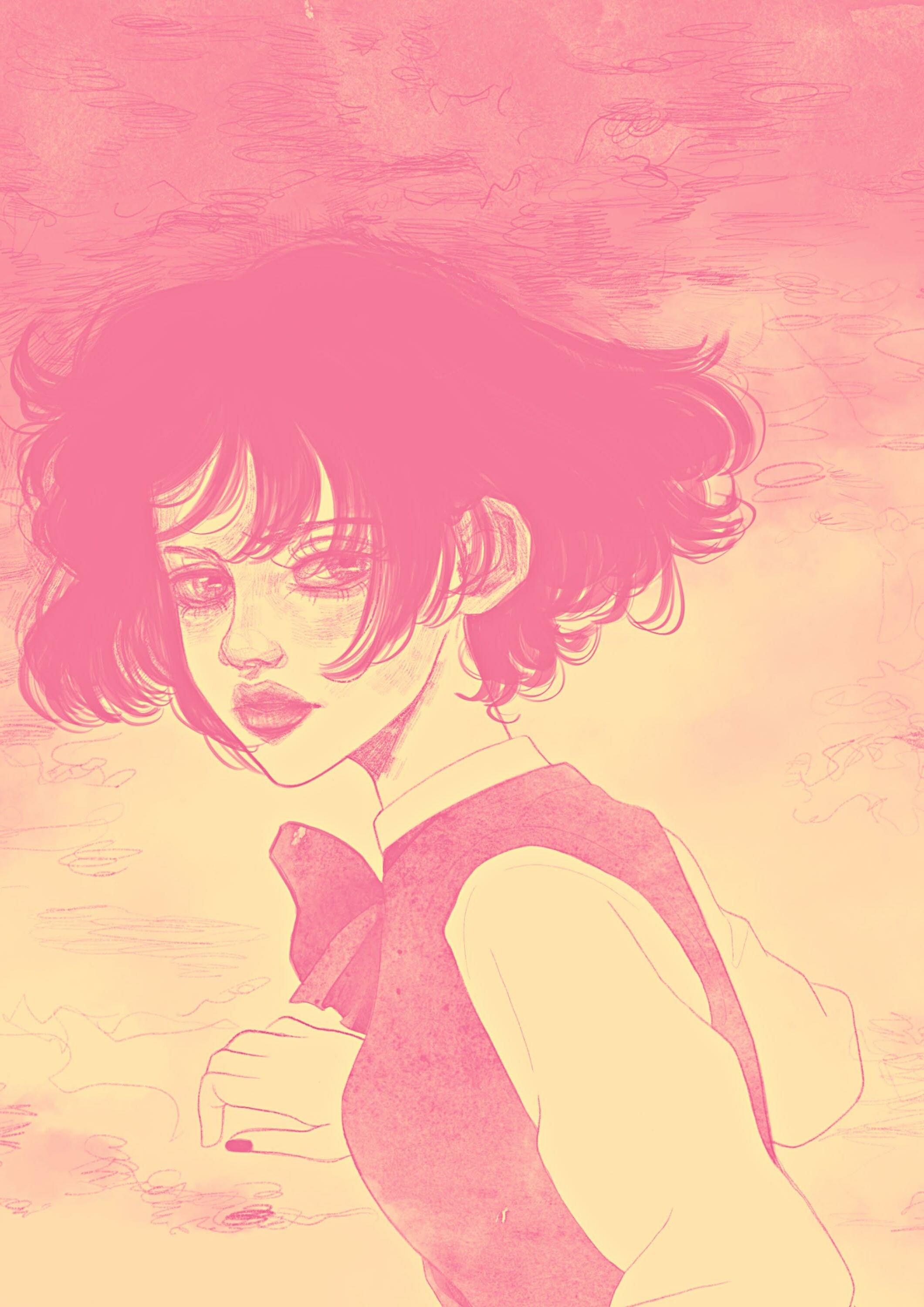
Art by Amy Sitthilath 13.
Art
As a young queer person, there weren’t many resources for me to learn about myself, my identity, or queer sex in general. My high school teachers barely spoke about straight sex; there was no way they were going to delve into the world of queer sex! But fanfiction allowed me to access and learn about those topics in a safe-ish way. These writers would take your favourite characters, and write them as trans, gay, genderfluid, pansexual, asexual, etc. It was freeing. Many fanfiction authors are also queer, and there’s a sense of understanding when reading about the ins and outs of queer sex from someone who knows a thing or two about it. Because unfortunately, a lot of the source material that is so popular with young people does not have writers or characters that represent them. In fanfiction, you can create your own world with well-loved characters and make them a bit more like you.
So, fanfiction: good or bad? Maybe there is no correct answer to that, or maybe it’s more it lingers in this grey area. Perhaps it’s just “enjoyable”. As long as you’re safe, healthy, happy, and not hurting anyone, fanfiction can be the escape you need from a busy University degree.
New to fanfiction? Here are my top-ranked fanfiction tropes:
10. Coffee Shop AU
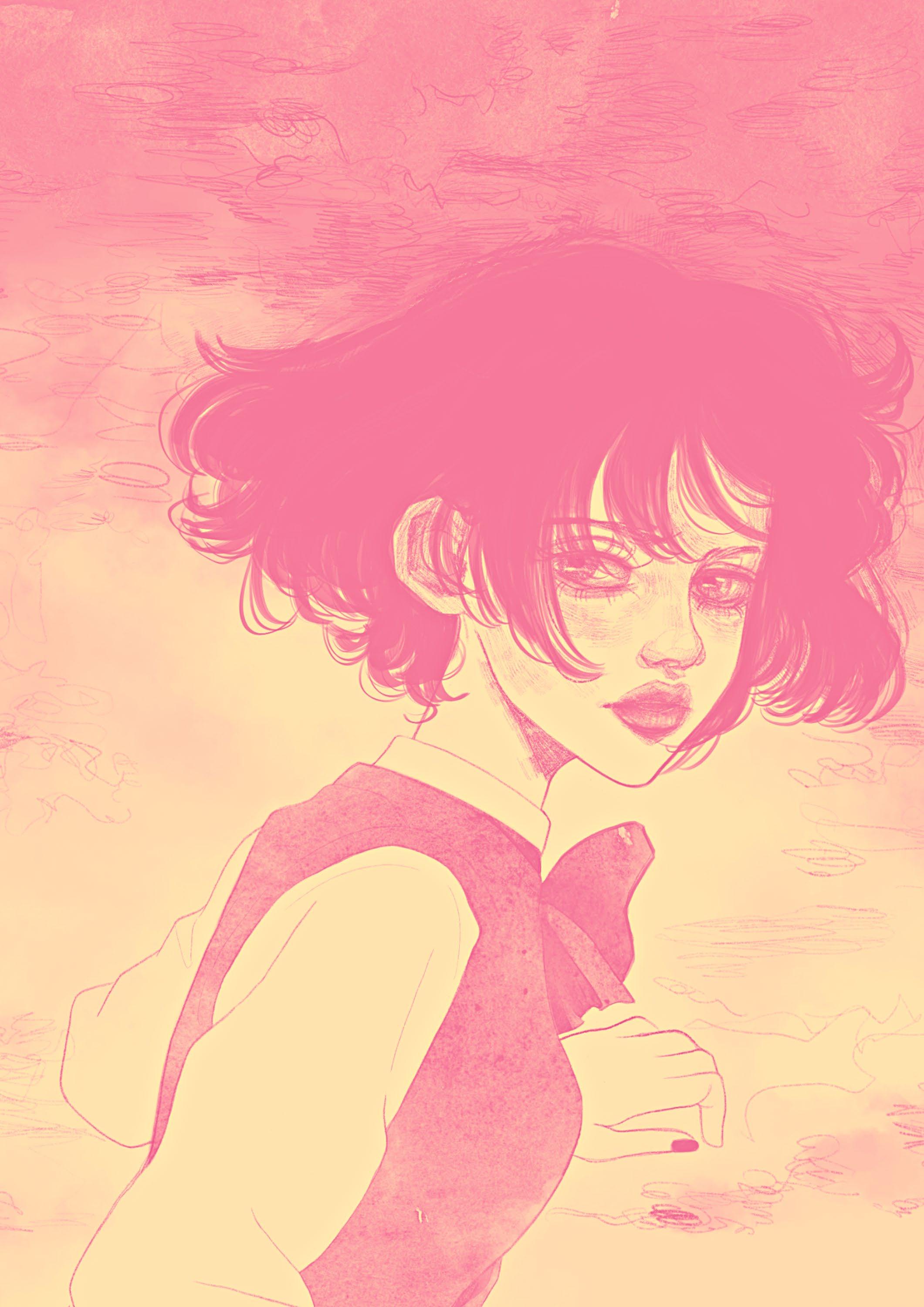
It’s all your favourite characters, but it’s the modern-day/real-world and they work a minimum wage job!
9. There’s only one bed!
It’s your favourite characters, and they are on a school trip, road trip, or in some sort of situation where they must (oh no!) share a bed with each other? What if they wake up cuddling?!
8. Tattoo Shop Owner/Flower Shop Owner
A classic that every fandom needs: Character A is soft and fluffy and owns and operates a flower shop! Suddenly, a tattoo parlour opens next door, and we meet Character B, a tattooed, fun coloured-hair punk. Then they fall in love!
7. Rival Sports Teams!
It’s a sports AU! Whether it be Ice Hockey, Ice Skating, Football, Tennis, whatever! It’s your favourite characters, and they’re on opposite teams having to compete against each other! But what happens when they get steamy and fall in love? Only time will tell!
6. Random Citizen/Popular Celebrity
Character A is a movie star/famous band member, and accidentally bumps into Character B, who is oblivious that they just met a famous person, until the paparazzi snap a photo and it goes public!
5. Fake Dating
This could be seen as a continuation of the previous one, but oh no! Character A and Character B have been put in a situation where they must date for publicity/to trick family members! What if they then fall in love, and start dating for real? Will it work out?
4. Royalty AU!
They’re your favourite characters, but one/both are Royalty! Whether historical or modern, will their love prevail over the mounting pressures of becoming King/Queen/Monarch?
3. Werewolves vs Vampires (or just supernatural beings!)
It’s your favourites, but they’re supernatural beings! Maybe there’s an evil entity out to destroy their love. There’s also some awesome magical fighting and found family dynamics!
2. Soulmate AU!
In a world where everyone has a soulmate, will our characters find each other? This one is fun because it allows for some magical elements- maybe they have matching soulmate tattoos, or they can hear each other’s thoughts, or they can only see in black and white before they meet their soulmate!
1. Enemies to Lovers
Ah, the final Big Boss, the best trope one could ask for: Enemies to Lovers. A very fluid and adaptable trope, this character dynamic can be implanted into any of the previously mentioned tropes to add some texture to the story! Miscommunication? You got it! Jealousy? Probably! Did I just talk about how those aspects of fanfiction can be problematic? Yes! What can I say, I’m a hypocrite at heart – but only when it comes to these fanfics!
14.
by Amy Sitthilath
La petite mort[sel]
Elizabeth Walker
Aphrodite’s body, born of foam, and risen from a scallop shell, speaks in echoes of sea-salted flesh, sensuality, fertility, desire. She is the namesake of aphrodisiacs, those foods professing to be of sexually stimulant quality.
Bridging the most basic of instincts - food and fornication - aphrodisiacs have long played an important part in the continuation of our species. And thanks to the miracle that is modern agriculture and refrigeration, ambergris aside, these remedies are readily available yearround.
But do these foods stand up to their potential? Have we diluted their potency with GMOs and factory farming? Were the Ancient Greeks really onto something, or were they simply horned up from poppy juice and legalised sex work?
A requisite Adonis appointed as my lab partner, I committed an afternoon and an evening to investigate these pressing concerns. To intuitively eat my way through the aphrodisiac almanac. For science, of course.
OYSTERS
An eyebrow-raisingly suggestive offering on any menu, there is a covenant formed in the ritual of ordering oysters. A pact unspoken but known by all.
Oh-so-casually, it is thrown in as an apparent
afterthought - “Oh, and a dozen oysters as well. Yep, the natural ones, thanks.”
You pretend not to nervously sweat, and the waiter pretends not to knowingly glance at your companion. Everyone else in earshot, or joining you at the table, smiles wanly and pretends they aren’t being assaulted by depraved intrusive thoughts.
Faced with open pools of slippery seawater, even the physical act strikes a nerve. Tipping your head back, pushing past a choking spasm, maintaining coy composure. An oyster requires you to take it whole, to devour an entire life in one greedy swallow. For optimal freshness, it is still alive when you suck it from the shell. It’s the obvious choice, but obvious for a reason. An oyster is voyeuristic.
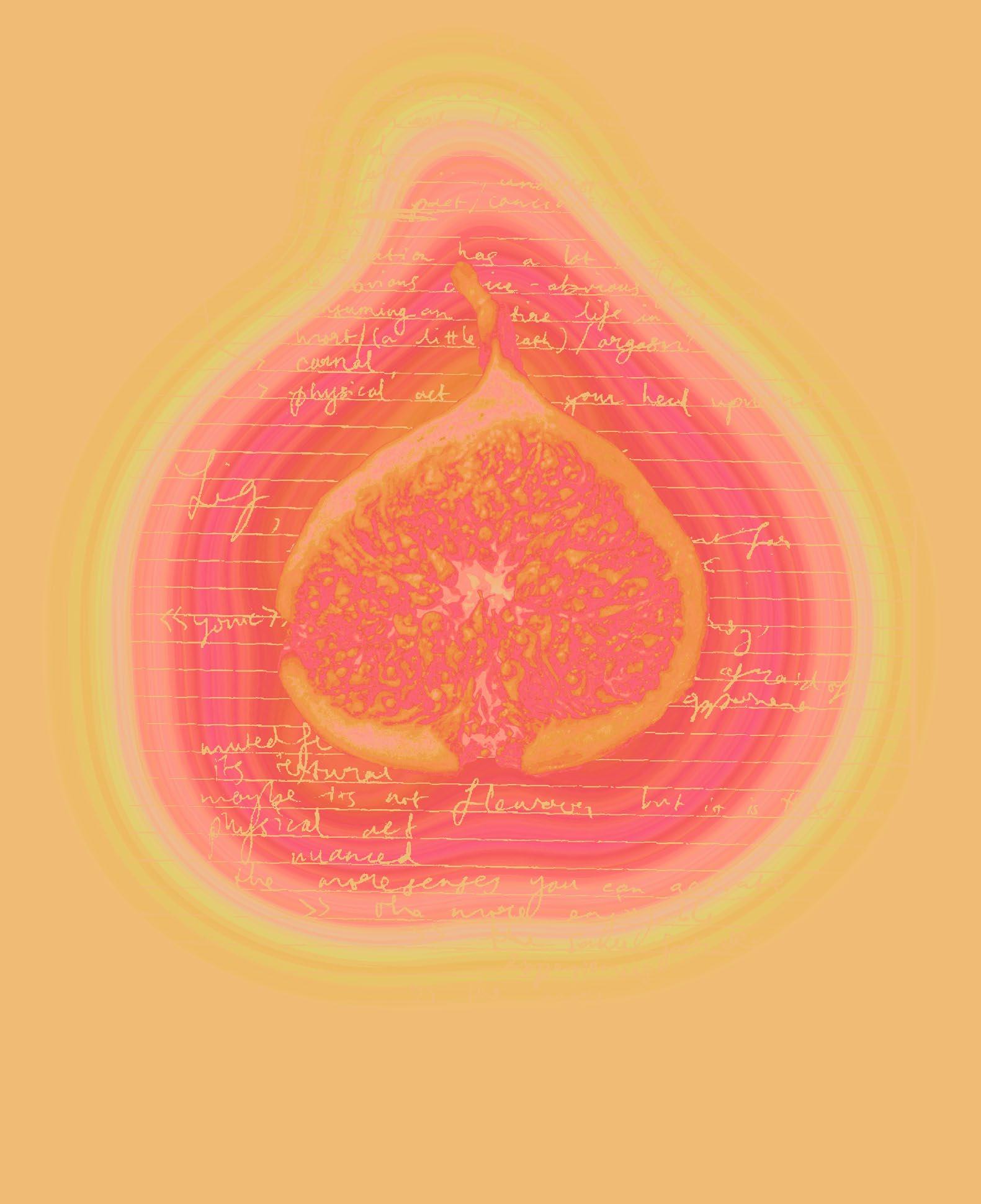
FIGS
More than flavour, there are aesthetic, textural elements to the fig. It is more about the mythology, the build-up, than the finish. Downy and supple, the skin gives way to insides like burst capillaries, rosy and blooming.
Some say that Eve’s forbidden fruit was actually a fig. Does that alone not tempt you - to taste that which destroyed the innocence of man?
Which is to say: it tastes okay. Kind of a combination of honey and dirt.
Art by Cynthia Weng 15.
Cynthia Weng
PISTACHIOS
This one is more about edging than anything else. It’s thinking that you’ve just about got the damn shell open, but in reality, you’re far from it.

Maybe you’ll never quite get that teasing seam to open. Maybe you’ll never feel that sweet release. But the thought keeps you going at it for a good long while.
POMEGRANATE
Everyone seems to have a trick to harvesting the seeds from one of these things until it gets down to the doing. And then it’s just you and the pomegranate and the kitchen tools are discarded in favour of fingers and there’s claret and pith everywhere and it’s dramatic and frenzied and savage. An exercise in delayed gratification.
A lot of these foods lend themselves more to being eaten with our hands, without barrier, skin on skin. Seeds leaking from the pomegranate beg to be plucked, and pushed into a breathless mouth. The juice, known only to the onlooker, aches to be brushed away. Hands guiding hands, towards satiation, towards satisfaction.
DARK CHOCOLATE
Like sex, this is a flavour that gets better with age. The cheap, saccharine stuff that you binged on when you were younger just doesn’t taste as
good. Eating dark chocolate feels adult. It feels like needs being met, like dessert with a side benefit of antioxidants, like missionary with a side benefit of orgasm.
STRAWBERRIES
When up against the heavies, like oysters, pomegranates, or wine, strawberries come off a bit cliche. Why be Serena van der Woodsen and Dan Humprey when you could be Persephone and Hades?
STRAWBERRIES IN WINE
Now we’re talking.
STRAWBERRIES AND POMEGRANATE SEEDS IN WINE
The night has unravelled. It’s started to become more Dionysian than Aphrodisiac.
STRAWBERRIES AND POMEGRANATE SEEDS AND BITS OF FIG SEED IN INCREASINGLY CLOUDY WINE
Don’t be foul.
ASPARAGUS
If you’ve resorted to asparagus as a turn-on, you should probably be looking for a more serious solution to your problem.
Acceptable only as a sex-related foodstuff when served alongside toast and poached eggs the morning after.
16. Art by
Anaïs Nin and Sexual Awakenings
Anonymous
CW: Sexual assault and sexual harassment
Anaïs Nin (b.1903) was a French-born Cuban bohemian and erotic writer. Her journals and short stories are part-truths, part-fictionalisations of her experiences in early 20th century New York. Her works Delta of Venus (1977), Little Birds (1979) and Auletris (2016) have become cornerstones of the feminist and female-erotic movements.
In her autobiographical short story, A Model (1979), Anaïs Nin retells the story of her sexual awakening. After moving to New York with her mother, Nin dropped out of high school and began working as a model for illustrators and artists. Spending her days posing for strangers, Nin explored the messy and fluid New York bohemian scene. All the while Nin privately lamented her virginity, longing to shed her ‘sheltered’ life and ‘over-delicate’ appearance.
Young and horny, Anaïs contemplates the collected fragments of her limited sexual experience. Experiences whirl around in her head: wetness between her legs after dryhumping on the beach with a boy her own age, passionate make-outs following dances. We are invited to witness, as if sitting with a classmate in the bathrooms at recess, her hormonal giggles and pops as she anticipates the excitement of finally doing it.
All the time, the shadow of her sexual fears dwells at eye line. Night-time run-ins with survivors of sexual assault haunt her daytime visits alone with male artists. Men that jovially jab at her boundaries, comment on her sexual
experience - “you’re a virgin, aren’t you?” - and impose idealisations of her youth upon her. Not to mention bombarding her with unsolicited kisses, touches and flirtations. Nin’s anger at these intrusions swirls into a confused longing for them. She is not passive, not really, but she nevertheless feels the gravitational pull of this idealised self, still too young to distinguish between being conquered and desired.
It’s unnervingly relatable as a closeted boy growing up in the era of Grindr. Like Nin, I hated my baby face, inexperience, and sheltered life. I too, sought to overcorrect these shortcomings in the rooms of strangers, men who played upon a false belief of my own maturity, who I thought would show me how to be my authentic self. Men, who as I approach their age, I now strangle with angry words in the corners of my mind. But, in reading Nin, we can develop another story.
The beauty of Anaïs Nin is that, despite men’s best efforts, she is the hero of her awakening. She delights in the positive aspects of her encounters, relishes her pleasure, and then unsentimentally sheds the men she uses to achieve it, that “they now seemed like children to me.” In the end, A Model is not a story of a victim, but an adventurer. She becomes like Homer’s Odysseus, a hero enlightened by her experiences, emboldened by her survival, with the heads of her monsters left to rot in her wake. As fellow survivors of our sexual awakenings, we can smile and walk with her. Survivors of our hormones, fears and monsters.

Art by Rose Dixon-Campbell 17.
Seven Deadly Sins of Gay Dating Apps
Indy Shead and Luke Harrison
CW: Discussions of sexual behaviour
Disclaimer: this does not detail the experiences of all Queer* people, but rather a commentary of the experiences of the authors.
Lust: hung top looking for sub bottom
Picture this: you’re 17, just come to terms with the fact that maybe you’re not so straight. You’ve heard so much about this great place for gay and bisexual men to meet up and get to know each other. The magical online realm of Grindr. You sign up, upload a cute pic of yourself to get the boys, and get excited. 5 minutes in, you get a message. OMG!? Is this the love of my life?

You open the message: dick pic. Oh, well I kinda like dick I guess? Another message: dick pic. Another message: dick pic. Dick pic after dick pic. Your messages are flooded with many, so many dick pics. Is this modern dating for queer men? Sending dick pics till the end of time?
Then you have a blank profile send you a message: “hung top here, looking for sub bottom. You looking?” First off, what is a hung top and a sub bottom? A t-shirt that’s been hung up in a cupboard and the bottom half of a sub sandwich? And looking? Looking for what? Looking for love of course but I get the feeling they’re not talking about that. Another message appears: “53 year old daddy looking for younger.” *insert dick pic here*. This is all so overwhelming, you delete the app after 3 hours and go cry over how you may never find the love of your life.
Gluttony: please stop dating each other
I always forget I live in an echo chamber - that not all friendship groups are queer and chaotic. With inter-dating, constant flirting and mutual matching. On a least ten occasions I have received simultaneous screenshots from two gay friends with eachother’s dating profiles.
“Do you think we’d make a good couple?”
“You think he would be down to fuck, like casual, I know I could but…”
“You know *insert gay friend here* right? We just matched!”
WANTED: GAYS IN CANBERRA!
Don’t get me wrong I’m all for some good old
hoeing - but please can more gays come to Canberra? The pool is too small and I’m stuck in hookup deja vu. My life’s complicated enough.
Greed: spicy unicorn wanted for fun loving couple
She’s beautiful, intriguing, social, academic and fashionable - there’s only one problem - she has a boyfriend - and she wants you to join. They all have one thing in common, unicorn emojis. And let’s be clear these couples are not looking for a polyamorous relationship, they are on the apps specifically for a sexual third, a girl, a unicorn. The obsession of thirds, women setting up dating apps to effectively con queer women into matching with them (and their boyfriends) is beyond frustrating. No I don’t want to sleep with your boyfriend, because surprisingly bisexual people are not walking sex machines who will sleep with anyone and anything. I don’t want to be fetishised into your relationship - there are surely apps for that. Nor do I want to accidentally match with a cute girl, only to be sent messages about her boyfriend’s sexual capabilities.
And it’s always the women who make the profiles, which is confusing in itself as what lesbian woman would want to sleep with you and your BOYfriend? As a bisexual woman (who avoids dating men), having sex with your boyfriend really defeats the purpose of swearing off men.
So leave us queers alone and go find your fetish somewhere else. And give us back the unicorn emoji - it’s cute, and gay.
Sloth: The Ghost of Insta DMs past
*ding*
A Tinder notification appears on your phone. You have a new match!
Oh, here we go. Another match with some random queer person at your university, never to be talked to.
*ding*
So and so has sent you a message Okay this is crazy. You’re actually messaging, and the conversation is… good? This feels wrong, something has to be up. You decide to move the conversation to Instagram… are they the one? Have I finally met the person I’m going to date?
18. Art by Amy Sitthilath
You continue the conversation, send each other photos, tell each other “you’re so cute” while drunk on a night out. Things are going well.
Then, it stops. You barely talk anymore. Send two-word responses to questions. Don’t even swipe up on each other’s stories anymore. Then you start blanking each other on the street and on campus. Now you have to redownload Tinder and start the cycle again. This is so exhausting. The ghost has struck again.
Wrath: “We’ve run out of potential matches in your area”
“We’ve run out of potential matches in your area. Go global and see people around the world.”
Fuck. Off. I only swiped like 5 times, how have I run out of matches already?? Why are there literally no gays in Canberra?
I guess I’ll have to go back to Grindr…
Envy: To be or to be with?
The age-old question of same-sex dating - do I want to be with them? Or do I want to be them? Is there a reason I’m attracted to people who are just different fonts of me? Am I secretly harbouring a deeper desire to become them, to


embody their life, to be a better version of me (which through my screen they somehow appear to be)?
Honestly I have no idea - maybe it’s just that we’re attracted to people with similar interests to us, similar life goals and values - and in a queer relationship, your identity becomes mixed with theirs. So how do you even attempt to navigate the treachery of being simultaneously attracted to and identifying with your partner?
If anyone figures this out please DM meseriously. Love, Confused gay
Pride: Our bodies are our selling point
Twink. Otter. Bear. Wolf. Daddy. For those who do not know, these are terms used to characterise queer men… based on how much hair/muscles you have. We are literally divided into “tribes” entirely based on how we look. But more than that, those who are white twinks (skinny, petite, hairless) get most of the attention. We also have to post basically naked pictures on any app to get any attention at all. Sooooo in summary, the community looks at your body and then, only then will we get to know each other if we like how the other looks. So great. So healthy. How do we fix this? Actually dunno. Oops sorry.
Art by Amy Sitthilath 19.
A Royal Pegging Anonymous

CW: Discussions of sexual behaviour and kinks
Like many others, my early August news feed became filled with the rumour that his Royal Highness, the Prince of Wales, had cheated on Kate Middleton, engaging in a certain act with his unidentified mistress. Like many, I was unable to stifle a giggle. ‘The prince of pegging’ is an undeniably memorable nickname and points to the ludicrousness of the continued pretense that the British monarchy maintains any sense of superiority over the average citizen. Nevertheless, after a solid amount of taking the piss and laughing with my friends about this incident, I descended into a philosophical spiral of the moral implications of what I had realised is actually an issue worth discussing.
Prince William literally cheated on his wife. The heir to the English throne, the figurehead of hundreds of years of sanctimonious superiority, slavery, exploitation and elitismeverything wondrous Britain and its empire stands for - has once again proven it’s Royal Family are essentially the glorified Kardashians. All they have to do to continue receiving millions in taxpayer money for well, existing, is maintain some sense of public dignity through a positive family image. Despite such millions, Prince William can’t even not cheat on his wife. Instead of this being an opportunity to question the integrity and relevance of the entire British monarchy, the main focus of the whole debacle has become about the fact a posh
man enjoys being pegged. I’m not gonna lie, it’s absolutely hilarious, however, it does raise some serious questions about how we talk about sex.
As youth culture moves to embrace sex positivity, our conversations have leaned more into discussing the whacky, weird and wonderful things that come with it. From jokes about toe pics or calling people ‘daddy’; to more graphic sexual preferences, such as peeing on people; or just things that make us laugh (like Prince William enjoying being pegged) - kinks are everywhere. As young people set their sights on being more sexpositive, we have become more and more open about sex, and it is undoubtedly an increasingly common topic of conversation (sometimes quite graphicly) than it was even ten years ago. This naturally means that kinks also form a part of these conversations, particularly as a subject of laughter. And some kinks are funny. I don’t want to pretend for a second that somebody wanting to be pissed on is not at least a little bit amusing. People enjoy some funky shit.
However, the central tenet of sex positivity resolves around removing shame from sex and classifying it as an enjoyable and beneficial experience we should be open about. Creating a sex-positive society isn’t about making everybody sex-crazed nuts who talk about it all the time. It is about acceptance. Furthermore, if we really want people to feel positive and safe talking about and engaging in sexual activity, is making
20. Art by Max Macfarlane
fun of people for enjoying something out of the ordinary the best way forwards? People have a right to not feel invalidated by what they might like as long as all involved parties are consenting and not causing anybody unwanted harm.
The reality is that a decent proportion of kinks are rooted in basic human biological explanations. Foot fetishes remain one of the most common ‘out of the ordinary’ sexual preferences for people. Indeed, this phenomenon is backed up by human physiology. In the fifties, neuroscientist Wilder Penfield began mapping how human sensations were linked to particular areas of the brain using electrodes placed on volunteers’ heads. Surprisingly, Penfield found that sensory perception for the feet was adjacent to that of the genitals, meaning it was not a far reach for these signals sometimes to cross over or get mixed up. Scientific explanations like these highlight that kinks do not present abnormalities or flaws but are a simple reflection of our biology.
If we really want to move towards sex positivity, shouldn’t we shift away from laughing about kinks and only fuelling the stigma that prohibits people from moving beyond unnecessary shame and secrecy?
In a true climate of sex positivity, we would advocate for embracing the diverse ways that people have sex. The more we solely label kinks as something to be laughed at, the more we are attaching shame to what is supposed to be an enjoyable, fulfilling and safe experience. Particularly where this poking fun at sexual preferences intersects with humour based in homophobia or the mocking of queer experiences in general. If we can’t get past someone’s desire for something that has zero impact on us, are we really embracing their freedom to live their life as they please?
This is not to say there is no room for more serious conversations about kinks and preferences, particularly where they act to reflect and reinforce harmful social norms or are in and of themselves a disturbing thing to enjoy. Labeling something awful as ‘kink’ does not suddenly justify its practice. This particularly comes to mind when notions of ‘necrophilia’ or other dubious phenomena that deem themselves excused merely through the label of being a kink. The central component of engaging in any sexual behaviour will always revolve around consent and the enjoyment of both parties.
Further to this, there are valid debates about the social consequences of certain sex acts or sexual preferences. For example, debates surrounding degrading talk in the bedroom in light of the potential for this to allow sexism to further permeate people’s lives. Nevertheless, we can simultaneously acknowledge the need to have serious conversations about potential issues while refraining from promoting a culture of shame around what are for the most part harmless preferences.
What two consenting adults do in the bedroom, no matter how odd, is nine times out of ten, completely harmless. If we really want to promote a culture of sex positivity and openness, then making fun of people for their innocuous albeit possibly ridiculous sexual preferences is somewhat counterproductive. A modern culture truly embracing of sex positivity might have a quick giggle at the ‘prince of pegging’, but ultimately acknowledge its irrelevance in comparison to the immorality of William cheating on his wife. Acceptance and tolerance should be practised broadly and with enthusiasm, in all aspects of life, including sex. I see no reason why the ‘live and let live’ tenet of modern liberalism should not be extended to furries, pissers and shitters.

Art
by Max Macfarlane
21.
22.
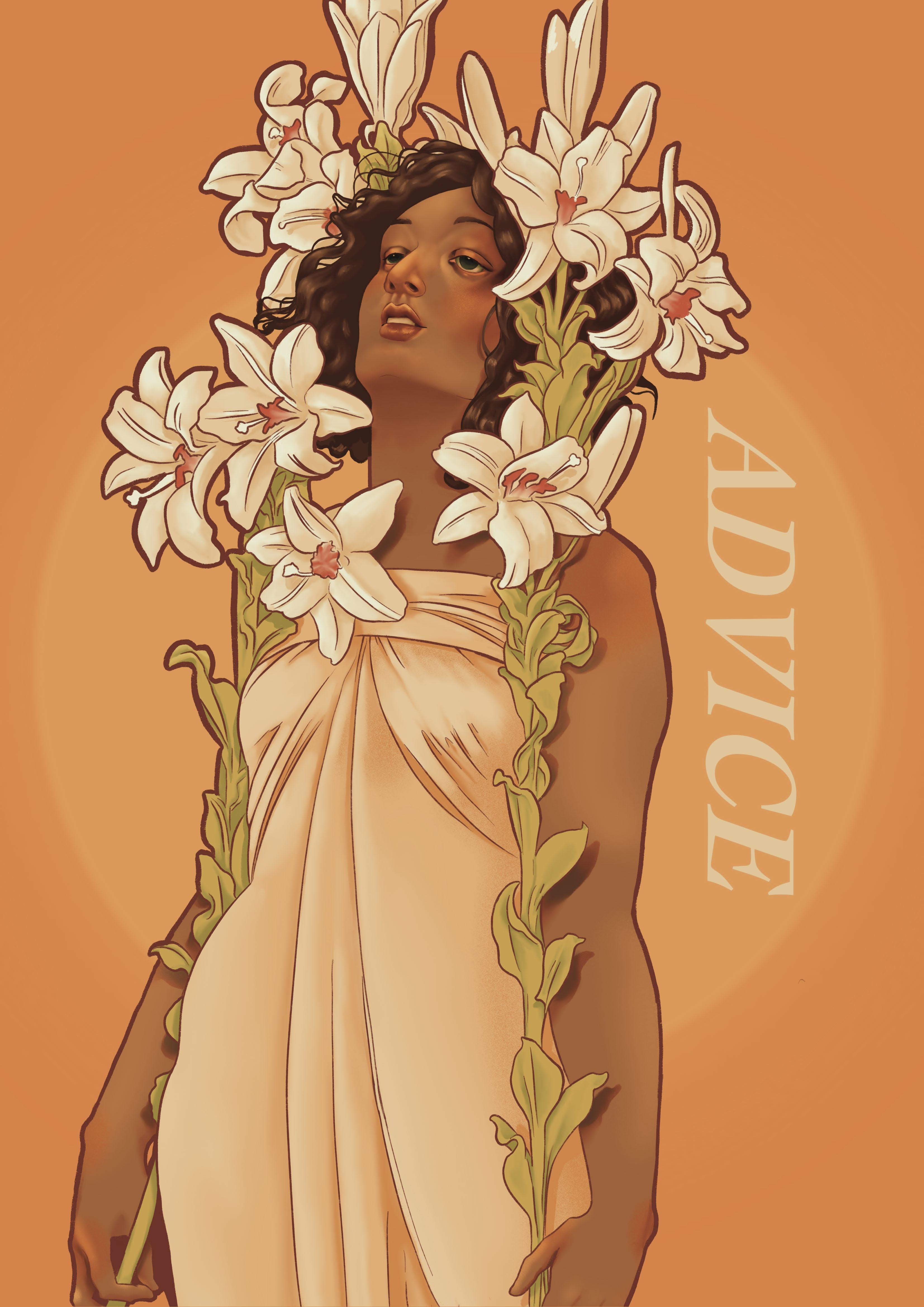 Art by Jasmin Small
Art by Jasmin Small
23.
by Max
Heteronormativity in society and in social interactions can be a large barrier to Queer people being able to find a love match. In my case, as a gay man, far too much time is spent as a detective attempting to investigate the sexual orientation of my crushes. While people are largely more open about their sexuality than ever before, it’s still incredibly common to be sat (and often staring) in deliberation.
But fear not, dear reader, for I will help you discern the compatibility of the cutie in your life. I am writing from my personal experience with men, but these tips are definitely widely applicable to all non-heterosexuals out there!
STEP 1: So You’ve Found a Man
As a gay singleton who wishes to be otherwise, gelling with attractive sweet guys often leads to thoughts of asking them out. I imagine this is the same for other singles out there who strike up a rapport with a good looking someone.
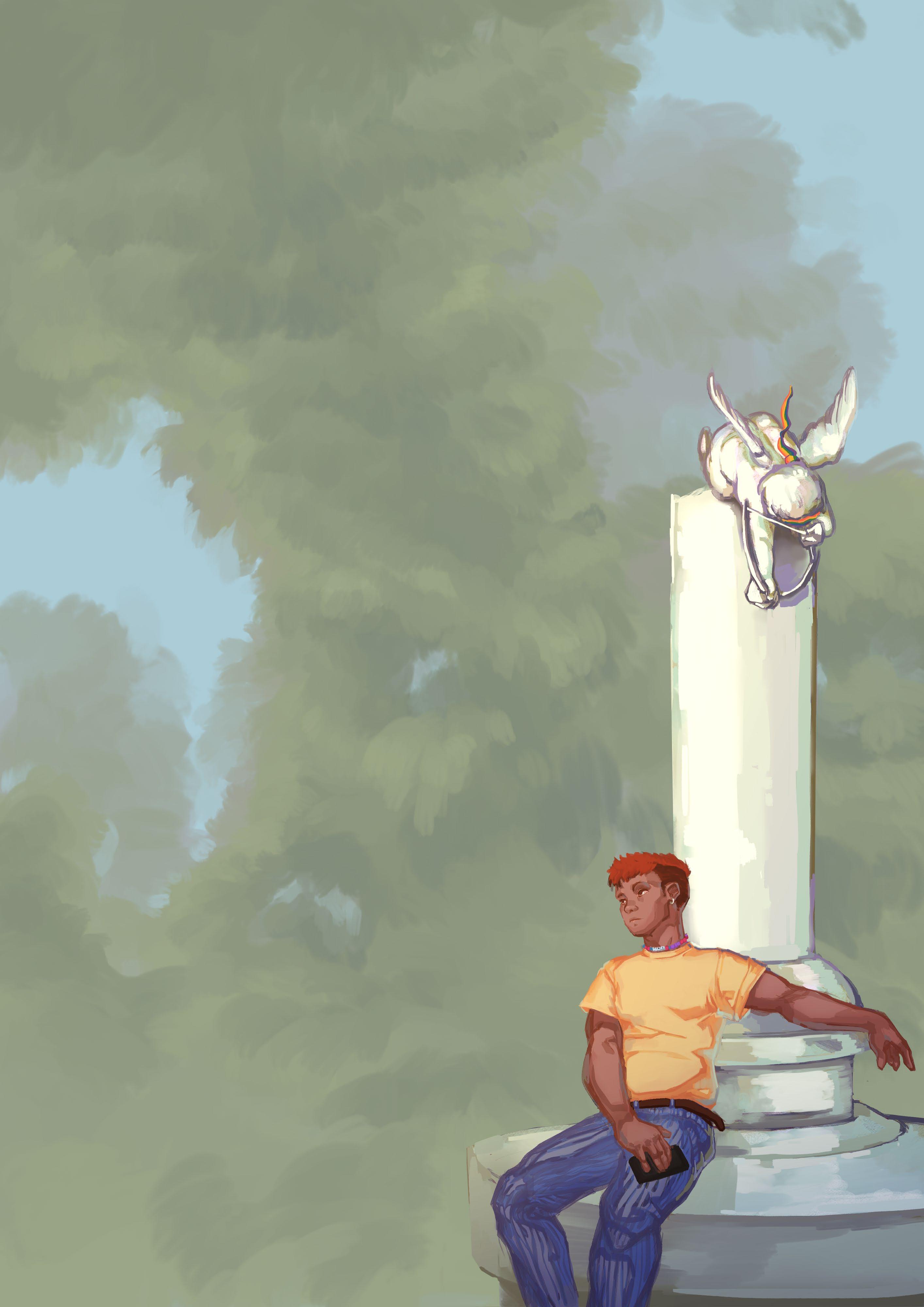
Often these remain simply friendships, which can be lovely – certainly it’s less pressure. Yet, if you ‘click’ personality-wise, if you’re attracted to them, why not go one step further?
Securing the first date can be incredibly exciting; whether they ultimately end up being a one-night stand or a future husband, who’s to say? I’ve had dates leading to year long relationships, dates leading to one-night stands, and dates leading nowhere. Putting yourself out there opens up a whole range of possibilities; the worst that can happen is it doesn’t work out. This can be awful and feel like a rejection of you personally, which perhaps it is on their part, but that’s on them, not on you.
STEP 2: Is He Taken?
He’s cute. He knows your name. You get on, at least on a “we can hold a convo” level. The next question (and this applies to the straights in this situation too): is he single? This, thanks to the blessed technological age of today with social media, can often be relatively straightforward to answer.
Adding acquaintances on Facebook is very easy done; once there, the most obliging of them will have a rela tionship status or even a dp with their significant other. The absence of these does not, of course, preclude a relationship; in that sense, Facebook
xoxo
The Gay Discovery Mission: How to Subtly Tell Someone You’re Interested in That You’re Gay Anonymous
24. Art
Macfarlane
Facebook is more useful for discounting their being taken than confirming they are single.
STEP 3: The Reconnaissance Mission
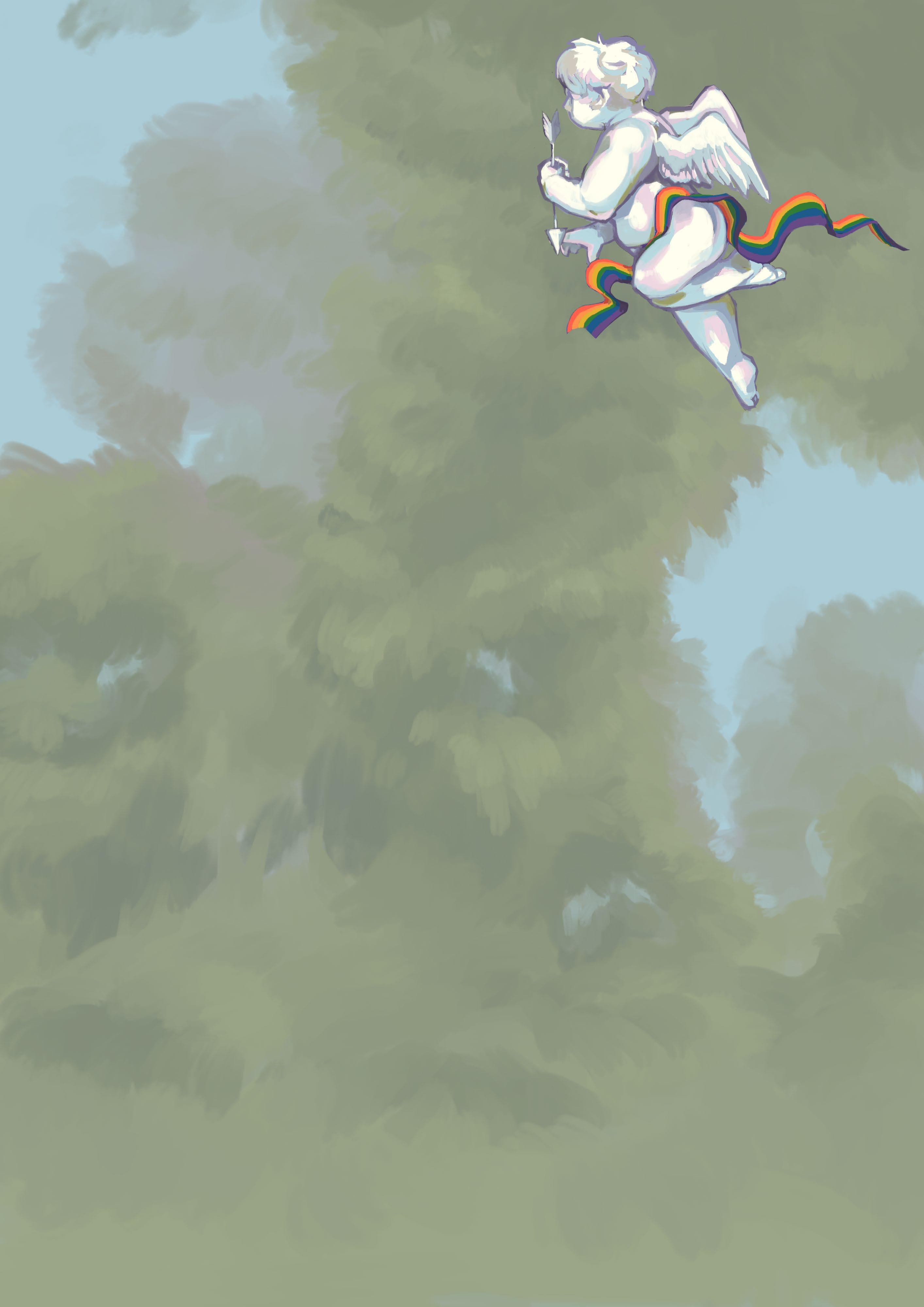
Assuming you’ve confirmed he’s single, now we reach the unique barrier for us dear Queer identifying guys: is the object of your affections interested in dating men? For this question, in most cases, I have found social media a somewhat limited help. Not everyone advertises their sexuality openly: some do, some don’t. Even a photo from Pride is not the giveaway it once was, given the embrace of Queer symbols today by straight allies. Mutual friends are often the best way of finding out: ANU being a small pond, people tend to know people. I propose social media or DM’ing a mutual friend because I prefer to first find out if they are queer, before I tell them I am, or strongly hint that I am. Why?
This is an insurance against things becoming awkward. If they know you’re gay and are asking them directly about their sexuality, they often assume they’re being hit on, especially when it’s someone you don’t know well. Sometimes straight guys are flattered by your interest and you go on to be good friends - I’ve had this happen. Sometimes guys are weirded out and distance themselves - I’ve also had this happen. Basically: why take that chance if you don’t have to?
If you discover they are or probably are also gay, then you should reach out covertly and convey your interest. If they pick up on it, they may decline or reciprocate directly or subtly.
STEP 4: Fly Your Rainbow Flag (metaphorically)
At the risk of sounding basic, I often fall back on the cliches. I express interest in Katy Perry. I adore chick flicks. I like margaritas. So non-stereotypical male interests being slipped into the convo is certainly one way to go about it. Or if we’re discussing a film I may say “[insert mate actor] is cute.” Or if relationships come up I’ll refer to my ex as ‘boyfriend’ or use he/him pronouns. It’s a sliding scale in my view; how obvious you feel you need to be to get their attention. Referring to an ex-boyfriend is obviously the most direct way to go about it, but I’ve found this can also be worked into the conversation fairly easily. My unsolicited advice to any and all is just to try and drop it in fairly early if you’re seeing this guy as a crush / potential lover, rather than “let’s see what happens, friends would be fine too, etc.”
All of this is very dependent on your circumstances though. If you’re someone who sees such subtle manoeuvring / informed speculation as a waste of time, or you’re nonplussed by any potential awkwardness, then by all means: ask them straight up (if you’ll pardon the pun). It definitely saves time and really lessens any prospect of miscommunication.
STEP 5: At Least You Know!
While there are clearly more barriers for gay people: (Meet -> Like Them -> Single? -> Are They Queer? -> Convey My Interest -> Date?) it’s definitely not insurmountable. The payoff of a fun date, or even a relationship, absolutely makes the somewhat arduous process worthwhile. Good luck!
Art by Max Macfarlane 25.
How to Have Sex with a Trans Person
CW: Discussions of gender dysphoria
The first time I had sex with my partner, my chest was bound with kinesiology tape. It was an inelegant process: I cut the tape to size, covered my nipples with bandaids, layered it across each breast, pulling the flesh sideways and sticking it to my ribcage. I didn’t even notice it was on till we were getting intimate. Then I looked down.

I should take it off. She probably wants to see my boobs. She probably thinks it’s weird.
But I couldn’t. Not without getting into a very unsexy pose and ripping my skin off. So I left it and accepted that I was having sex with a bound chest.
And I loved it. It made me feel really comfortable. The following day I felt a glow of pride - someone had made me feel sexy the way I wanted to be sexy.
When I’d had sex before, I had stripped completely naked. Sure, seeing my breasts and having them be seen freaked me out. I didn’t think I had any other option but to get used to being uncomfortable during sex.
My partner showed me that this wasn’t true. If you’re cis (not trans), I want you to read this article because maybe, one day, you’ll want to have sex with a trans person. And it can be daunting. It requires communication and understanding of each other. Thankfully, the requirement of an open mind and forgoing of
sexual conventions allows an opportunity for really great sex.
FOR CIS PEOPLE Before the Bedroom It’s essential to take note of things that may make your partner feel feminine versus masculine. The kind of touch and the type of words you use while intimate can be quite powerful.
For a transmasculine person, this might be holding their arm while walking, sitting on their lap, or using compliments like ‘hot’ or ‘handsome.’ For a transfeminine person, touching their waist, putting your arm around them, and using compliments like ‘pretty’ or ‘beautiful.’ This doesn’t mean you are limited to these behaviours - they’re just things that can affirm your partner’s gender.
Using Toys
Whether you’ve used toys during sex before, it’s worth considering what they might mean to your partner. For cis, straight couples, sex toys can be a type of foreplay or a once-in-a-while thing. For trans people, they might mean a lot more. If this is the case, reevaluate your perception of toys. They don’t need to take away from the intimacy of sex, and they don’t mean that either of you are incapable of manually pleasing the other. Try to keep an open mind, and if neither of you is experienced, head to Fyshwick and take a look through the sex shops. You’re bound to find something that makes both of you feel good.
Anonymous 26. Art by Jasmin Small
Understanding dysphoria
Dysphoria is the discomfort trans people feel with their assigned gender at birth, ranging from mild unease to extreme distress. It can be a big part of someone’s life or not present at all. Either way, it’s often exacerbated during sex, so it’s vital that you understand the basics of how it works and talk to your partner about their specific experience.
Dysphoria is not static, and levels of dysphoria will fluctuate naturally and in response to triggers. The things that trigger dysphoria may be being misgendered, having certain parts of their body touched, or seeing themselves naked.
Having sex is a vulnerable act. Be kind to your trans partner by being aware that they could feel dysphoric during sex and respecting their boundaries, even if they may seem odd to you.
FOR TRANS PEOPLE
Your trans body is sexy! I spent so long feeling unsexy. I didn’t want to be sexy as a woman, and I could never be sexy in the way a cis man is. But what makes someone sexy isn’t how well they look like the ideal of a man or a woman. If your partner wants to have sex with you, they find you sexy. Be proud and secure in that.
Unpack your feelings during sex Investigate why something makes you feel weird or bad during sex. This way, you can learn what your boundaries are. Ask yourself: What precisely is making me uncomfortable? Is it dysphoria, do I not like it, or is it just new? Is this pleasurable for me?
Be specific Your cis partner may not know what questions to ask or won’t want to ask in case they make you uncomfortable. Before sex, try telling your
partner your boundaries, what you like, and what language you are comfortable with using. Trust yourself & your partner Don’t keep going along with sex just because you don’t want to offend your partner. Sometimes you get a random wave of dysphoria - you’re always better off stopping rather than pushing through. Doing so strengthens your own self-awareness and the trust you place in your partner.
Be mindful of your partner’s experience When I didn’t like the way my partner was touching me, I used to just pull away. Feeling dysphoric, I would be too ashamed to say much to her. I didn’t realise that this was making her uncomfortable.
It’s painful to feel like you have triggered someone’s dysphoria during sex - like you’ve failed as a partner. Be mindful of this experience. Explain what you’re feeling, and clarify what you want to do next. If you need a specific touch to stop, a simple; “Could you not —---, I’m feeling a bit dysphoric” does the trick.

It’s also okay to be urgent and brief. Try; “Can we take a break” or “We need to stop”
Once you’ve calmed down, explain what happened to your partner and do something together that makes you feel closer - watch a movie or cuddle. Aftercare is important after sex, but it’s even more important after ‘failed’ sex.
This may seem like a lot to remember. But all of these things will develop over time. It may take a little more consideration than ‘traditional’ sex; but I promise, it’s worth it.
Art by Jasmin Small 27.
How to Seduce the Nonbinary in Your Class
Alexander Lane
It’s a new semester, you’re taking An Introduction to the Wage Gap in Child Labour, sitting bored in the cramped tutorial room. You didn’t do the reading, and a white man just walked into the room. A tote bag flops onto the table next to you. A hand, covered in rings and chipped nail polish, reaches down past the bubble-gum vape and pulls out a laptop. A laptop covered in stickers, from the Greens to BLM to one that just has a picture of Mitski captioned “I love my wife.” And nestled amongst a feat of signaling that would make Barthes proud, is a blue, white and pink flag. You’ve encountered, for the first time and up-close, a nonbinary person.
To perform a public good for this small, almost pointless-to-write about niche, here is my guide on how to seduce, and sleep with the non-binary person in your class. Take this both in reverence and with an immensely large grain of salt.
Seduction begins, as it always does, by establishing yourself in relation to them. You want to differentiate yourself from the other totewearing, oat milk drinking queers who normally swing their way. In seducing your nonbinary target, imagine you are the siren atop the rocks, offering to fix their relationship with their parents.
If you’re wondering, at this point, if the first step is surely to get their pronouns right, I’m sorry, but this isn’t for you.

Start with subtle but smart phrases. Compliment their niche tattoos that either have a paragraph long history or mean fuck all. Even their crustiest stick’n’pokes deserve your adoration (and
perhaps later a gentle kiss to the scabbed and flaking ink). Make fun of the straight men in your class. Refer endlessly to the latest TikTok trends or your family traumas and how they led you to reading fanfiction. Make a point to overshare on something sexual, but don’t go too far. Tell them about a fetish, or your most recent hook-up and change the conversation immediately. Be casual and non-confrontational about your repertoire.
The next step in seduction is to convince them that sex with you will not induce a month-long gender crisis requiring two more trips to the therapist. (The formula for a nonbinary person’s therapy attendance per month is 1 + n where n is the number of years they lived at home.) This is probably the most crucial part of the entire process and the key is to highlight your expertise and previous experience in nonbinary forays.
Phrases to use include telling them that everyone else you’ve slept with also wears Docs, or that you liked Keith Haring before he was commercialised. Casually mention how you’re getting into crocheting, and how your pink strapon is hot pink, not just pink, and that the silicone is ethically sourced and recyclable. Try buying your own carabiner to incite a Pavlovian response from them. Be sure to be seen reading Sylvia Plath with cum or lipstick smudges on some of the pages.
When you move from the sussing out period to the downright flirting stage, there are two strategies. Going high or going low. Going high consists of things like giving them your favourite book to read, bonding over your mutual stupol
28. Art by Rose Dixon-Campbell
friends, lending them your overalls, and casually touching hands in the oat milk aisle at the supermarket. Going low is the more sensual avenue, such as making them a playlist, getting your septum pierced, or offering to touch up their shag mullet. Go high for the nonbinaries who were radicalised by Judith Butler and go low for the nonbinaries enlightened by jungle juice.
After you’ve successfully and metaphorically (or literally) put a leash on them comes the more immediate seduction: getting them back to your salt-lamp lit room to do it in a way my parents nor the straggot Peter Dutton could ever begin to imagine.
Inviting me over for tea elicits an immediate response, but be sure you’re well stocked with herbal options. Offer to crochet with the more sapphic ones. Or suggest attending an erotic haiku reading at Sideway on a Friday night.
When trying to move things back to their apartment/decolonised sharehouse/the nearest bathroom, someone has to be direct. This is either you or them, and you’ll know who’s who based on who says slay more.
Now, you have them somewhere private, and it’s time to ask for consent. This can start as simply as putting on a Studio Ghibli film, discussing your most toxic ex, or sharing a cigarette.
More complex techniques include studying the number of authors of colour they have on their bookshelf, or, conversely, showing off the diversity of your own. A word of warning though. If your bookshelf is not majority second-hand or Penguin, make sure it is organised aesthetically to distract them from this failing.
If you’ve gotten this far and are wondering at which point to pull out your Lana Del Rey vinyl, stop reading.
At some point here, you’ve sneaked a first kiss and realise that you don’t actually mind the smell of their septum piercing. Assuming you have down pat the rudiments of sex, let’s talk about that holiest of holy words: climax. (No, I thought you were bringing the strap-on).
Crucial here, is the playlist you put on. Unless you’re experienced, or sleeping with them regularly, you need to have some good tunes to make them forget that their mum still mispronouns them. Personal favourites include Simon & Garfunkel’s 1981 live concert in Central Park, or a mix of Mitski/Azaelia Banks/Hozier.
Good sex, I’ve heard, begins with foreplay. Acknowledgement of country is a good opener, as is listening to their 3-hour interactive lectorial on exactly what kind of nonbinary person they are with a supplementary reading on the infinite iterations of their pronouns or the moments and queer relationships they had through their childhood. Alternatively, if you’re looking to top, try giving head while introducing your stuffed animals.
Phrases like “oh that’s so they/them of you” are a must, and if whispered at just the right moment, can induce orgasm. So too can offering them an ointment for their infected nipple piercing and complementing the boldness of their pubic hair styling. If these fail, fuck them tenderly, so that three weeks later they’ll be convinced that you’re going to cure them of their borderline personality disorder and they’ll cure you of your cisgenderness. Having followed these steps closely you will find yourself well-endeared to your nonbinary lover, as well as their nonbinary friends, and exes. All of these individuals will be potential candidates for bedding, but proceed with caution as you may find yourself itching for a pronoun change.
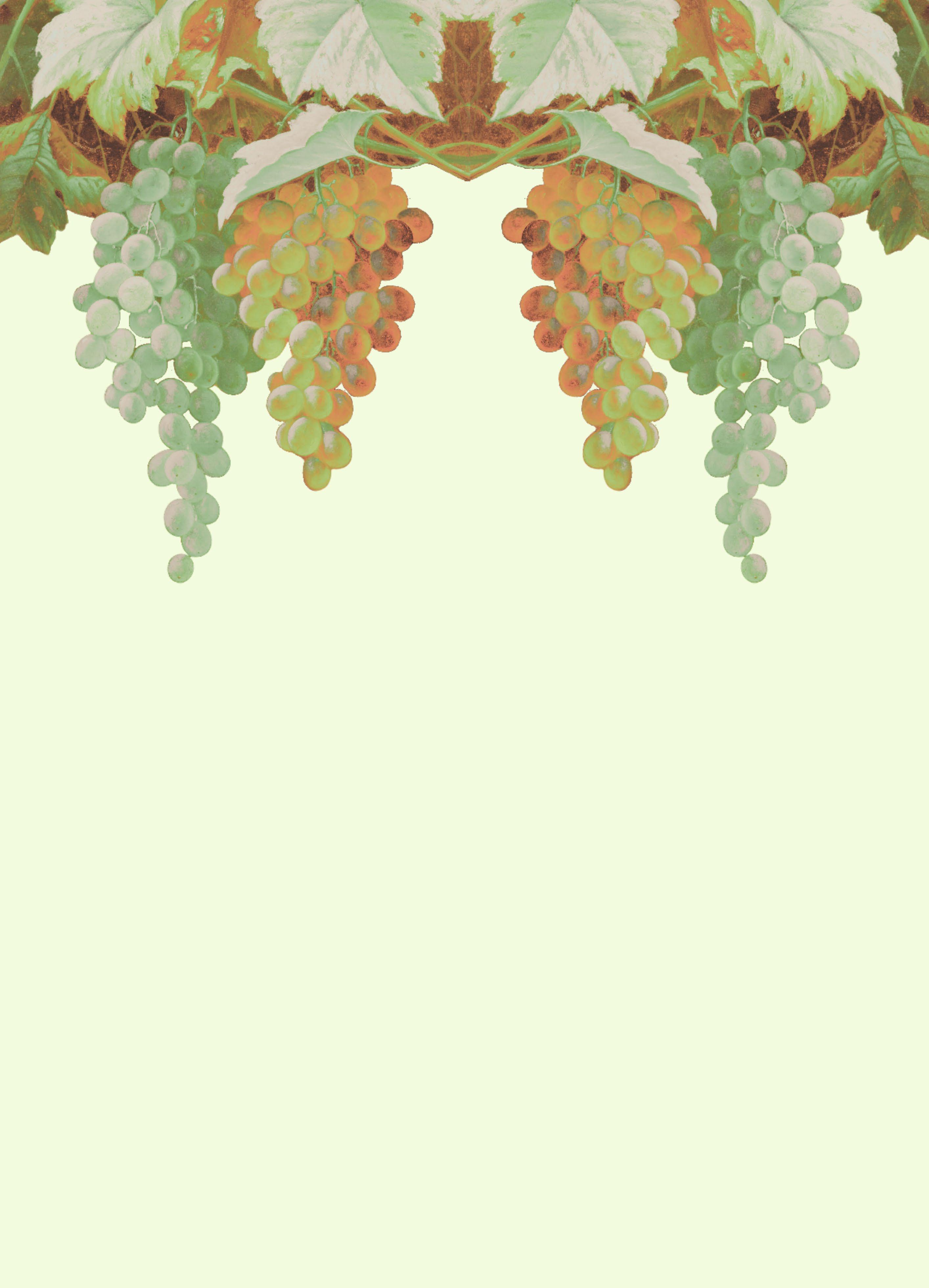
Art
by Rose Dixon-Campbell
29.
The Universality of Butt Sex
Anonymous
From the Woroni Archives; Originally Published 2017
The great thing about butts, and specifically buttholes, is that everybody has one – making anal sex a rather universal concept.
Like all sex, there are many ways to experience and play around with anal sex. There are varying degrees of intensity, intimacy, pain and pleasure to be selected and experimented with. Scientifically speaking, anal sex can definitely be pleasurable. There are a bunch of nerve endings in and around the anus that really like to be stimulated, plus with penetrative anal sex, there’s indirect stimulation of the prostate, or the clitoris. However, with so many sensitive nerve endings and a sphincter that tends to tighten as a reflex, anal sex can of course be painful, and that is often – but not always – a turn-off.
If experiencing pain or discomfort during sex makes your skin crawl, then penetrative anal sex might not be for you. If you do want to try some ass play with your partner, then anilingus – oral sex focused around stimulating the anus – is not at all painful or invasive, but still very intimate. Communicating pleasure in this situation is especially important for less experienced couples, especially as it can be hard at first to know if you’re doing the right thing down there.
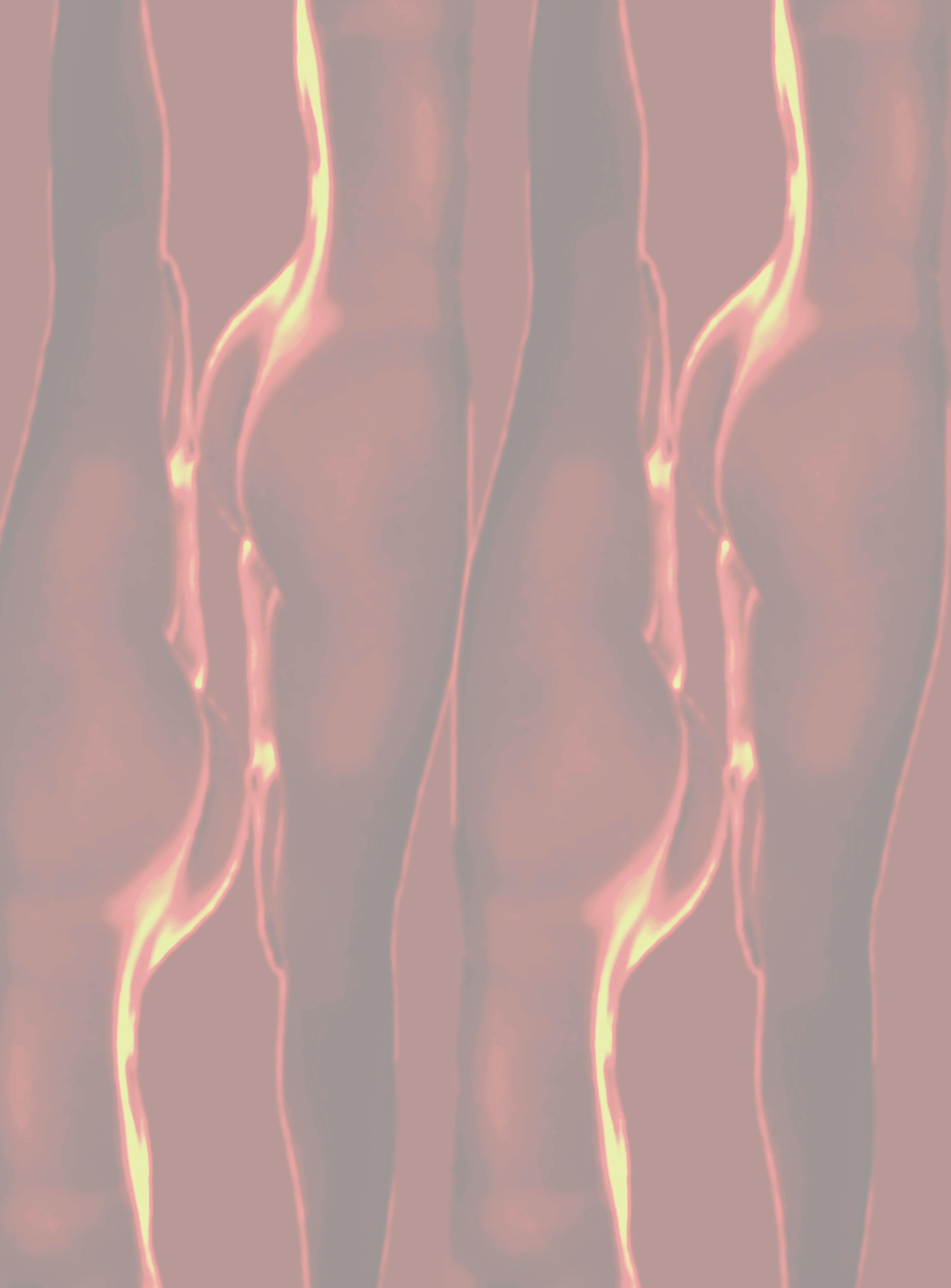
If that’s a little too intimate for you and your partner, another less intimidating way to get into ass play is to use sex toys. Vibrators are especially great for relaxing the butt and stimulating nerve endings. Sex toys take the pressure off both the giver and receiver, leading the way to further relaxation and pleasure. Plus, if you’re partnerless or your partner doesn’t want to play with your butt, you can just use them on yourself!
Penetrative anal sex – whether it’s via penis, dildo, fingers, or whatever your creative mind comes up with – requires patience, lube and condoms (or latex gloves). Start slow – like real slow – and make sure the receiver is thoroughly aroused and relaxed as you begin. Use an appropriate amount of your lubricant of choice – water based lube works well with condoms but is easily absorbed by the body so will need reapplication. But remember, this isn’t a slip ’n’ slide. Remember that, like a vagina, a butthole is a delicate balance of bacteria that does not need or want any sort of outside infection – so start clean and wear a goddamn condom (or latex gloves)! And for vagina owners, unless you want to be drinking gallons of cranberry juice and crying while peeing –never go from ass to pussy without changing your form of protection or washing up first.
Anal sex is a contradiction of extremes. It can be extremely pleasurable but also extremely painful. It can be extremely intimate or extremely distancing when one person is not enjoying it or when used as a device in role-playing sex. This means that communication is especially important because it is so easy to tip from one extreme to another.
Aside from being something exciting to play with in sex, anal sex is an important social leveller. Anyone can be fucked up the ass. All butthole possessing humans be they queer, straight, male, female, intersex or any variation of the sort can experience the beauty and wonder of anal sex. Seriously, if the thought of a magnificent global anal orgy doesn’t warm your heart and get your juices flowing, I don’t know what will.
30. Art by Rose Dixon-Campbell
Not Confident Talking Dirty?History Helps!
Elroy James
As someone who makes a habit of verbally degrading those around me, I find dirty talking effortless. If a partner asks me to, I can pretty much just improv it. If they like to be shamed: “you’ve got terrible financial management and you spend way too much on online shopping” or maybe, “your grandma has been such an important person in your life and you don’t call her nearly enough given everything she has done for you.” Or if they want me to put myself down… “I only ever won the participation ribbons in little athletics, never a real one” or perhaps, “I once accidentally gave a homeless man slightly more money than I intended to and I awkwardly asked for some of it back.”And then, 99% of the time, they orgasm explosively.
But not all of you are as lucky as myself, a sage and sensual wordsmith. So to make the most of your sexy times, I have compiled a short collection of my favourite naughty whisperings from famous historical figures, to get your creative and other juices flowing. There’s a line for every sticky situation you could possibly end up in!
“I am the punishment of God... If you had not committed great sins, God would not have sent a punishment like me upon you.” — Genghis Khan
Great way to set the tone when you know they want to be punished like Daddy Genghis punished the Khwarazmian Empire for killing his emissaries.
“The greatest glory in living lies not in never falling, but in rising every time we fall.” — Nelson Mandela
Do you or a partner have trouble staying hard? Remember this great line for when a quick pep talk
is necessary.
“Finger lickin’ good.” — Colonel Sanders
If you say this to someone whilst performing oral sex on them, they will cum so hard they cry.
“Life is a succession of lessons which must be lived to be understood.” — Ralph Waldo Emerson
Forget to put a towel down and got period blood everywhere? Use this quote to lend the whole thing a vague air of meaningfulness.
“
Life is trying things to see if they work.” — Ray Bradbury
We’ve all sucked someone’s toes and then had to sit there awkwardly afterwards with the obvious fact that neither of us were actually into it. Now, you know exactly what to say to explain yourself, freak!
“
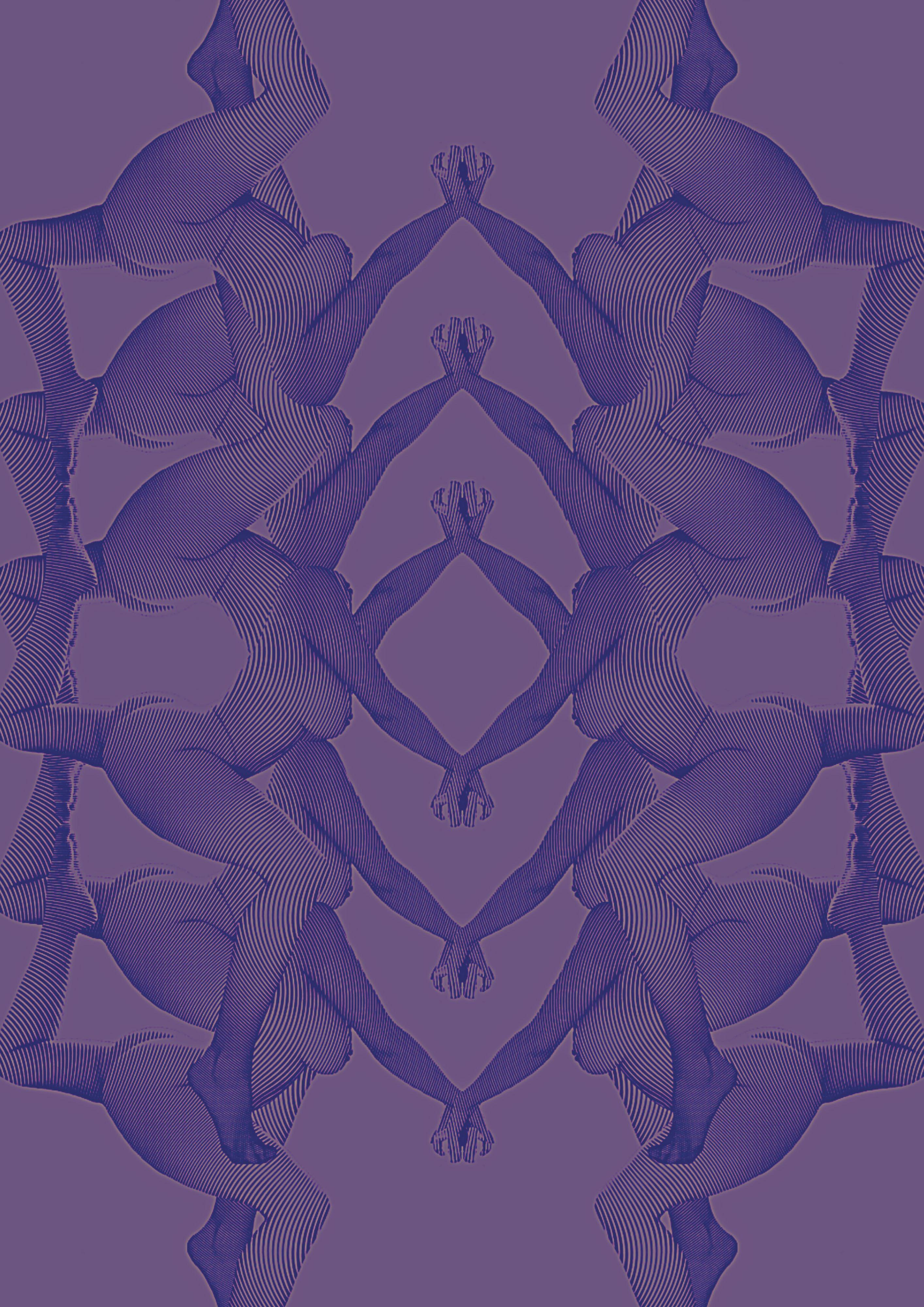
I’ve learned that people will forget what you said, people will forget what you did, but people will never forget how you made them feel.” — Maya Angelou
Had a one-night stand and in the morning one or both of you can’t remember the other’s name? Hit them with this one on the way out to lend some grace to your exit.
“Twenty years from now you will be more disappointed by the things that you didn’t do than by the ones you did do. So, throw off the bowlines, sail away from safe harbor, catch the trade winds in your sails. Explore, Dream, Discover”. — Mark Twain
Anal.
Art by Rose Dixon-Campbell 31.
Use This Page To Tell Them How YouFeel



32. Art by Rose Dixon-Campbell
To My Dearest Yours Forever
Shead
Nawana
desire for sex has really dwindled. After quite an active period through the first half of my twenties, I can take it or leave it now that I’m twenty-five. Having sex as a het male comes with pressures and performance expectations. Frankly it’s just quicker and easier to masturbate
• I have a very impressive penis, I like to use it
• My boyfriend is hot
• Cause it feels great!
• My love language is physical touch
don’t you have sex?
• I’m not having sex at the moment because I feel like I get used and I don’t want to participate in hook-up culture. I need an emotional connection to enjoy sex, and I don’t have that with anyone at the moment

• Haven’t met the right person
• If I don’t feel comfortable or confident in my sexual energy
• Asexual

• Not into hookups
• I’m scared and it probably hurts alot
UTIs
• Trauma lol
• Don’t have time or energy to pursue it
• Afraid to talk to girls!
• I’m asexual, but I’m horny
• I don’t have sex because I’m not married
• Religious reasons, family expectations
• Had sex once and found myself distinctly uninterested in the whole process; haven’t bothered since
What is your go-to song to get you/your partner in the mood?
A sexy time playlist made by the community featuring:

Art by Rose Dixon-Campbell 33. Let’s Talk About Sex Baby! Collated from a community survey by Indy
and Chetha
What’s something that turns you on? • Flirty banter • Choking • Nothing, I’m on the pill • Neck kisses • Trust • FemDom • Spooning • Pretty much anything • Eye contact • Praise • Consent • Someone very caring and gentle, who also turns rough in the bedroom • Enthusiasm! • My partner without clothes • Brian Schmidt • BDSM dynamics • Discreet public foreplay • Sexting • Dirty talk • Lingerie What movie/tv show/book has the best sex scene you’ve watched/read? • Sense8 • Sex Education • Game of Thrones • Peaky Blinders • The Longest Ride • Gossip Girl - Chuck and Blair hate sex • Austin Powers • Young Royals • Bridgerton • Shameless • Normal People • 365 Days • Elite • The 100 • 50 Shades of Grey - ice scene • The Girl Next Door • Daredevil • New Girl - Nick & Jess have sex for the first time • Love Victor • Call Me By Your Name • Fleabag • Fanfics • A Wild Sheep Chase by Murakami Why do you have sex? • For fun • Pleasure • Horny • Building initimacy with my partner • Makes you feel desirable • As I get older, I’ve found that my ~need~ or
• Exercise
Why
•
Thank you to the lovers, friends, and strangers who stood in front of my lens for this project.
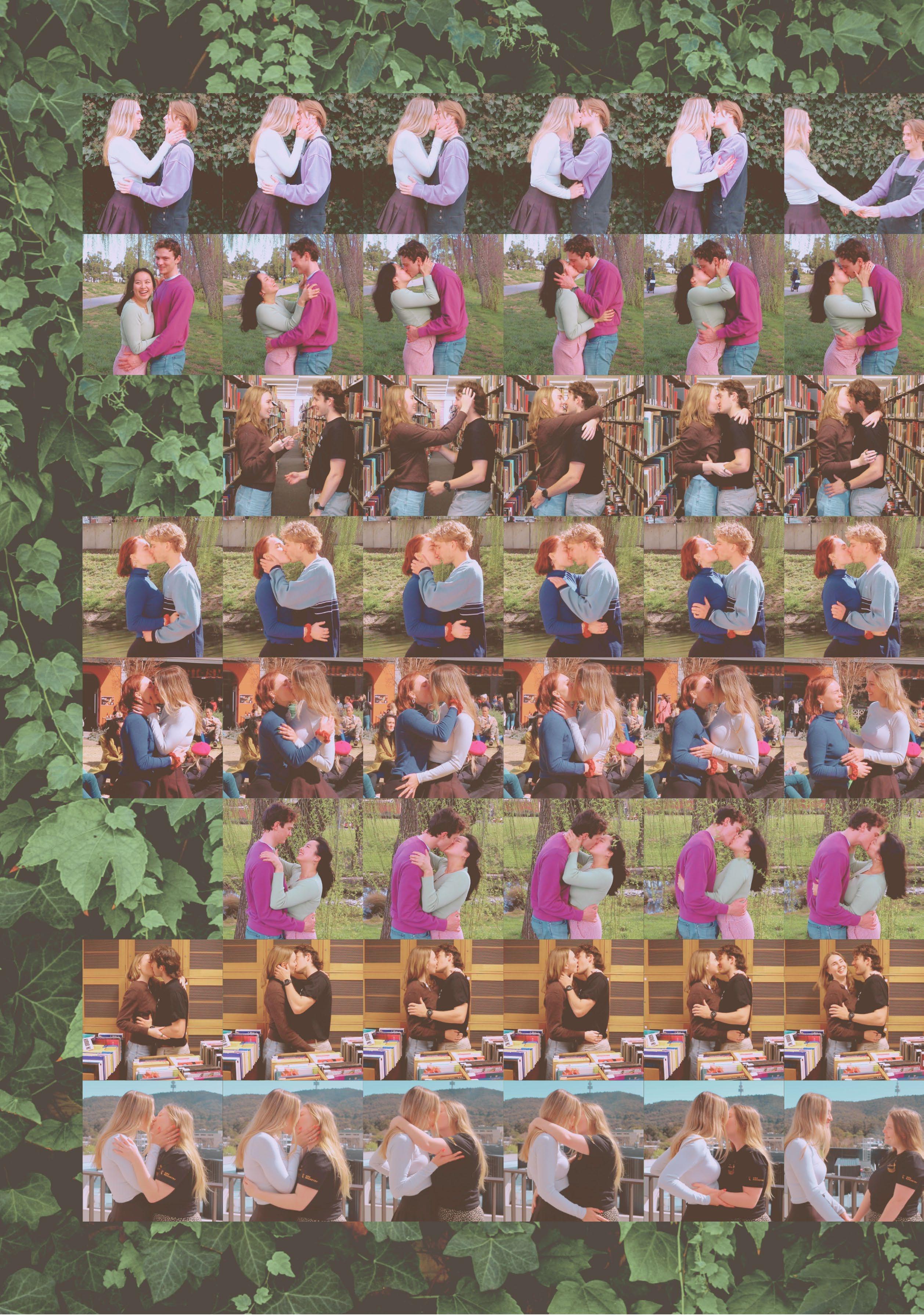
Q:
Of the participants, who had the most
fun? A:
The
photographer 34. ‘Kisses’
by Rose Dixon-Campbell
I hope you will soon get the opportunity to hold someone you love and I hope you resolve to never be conservative in your expressions of love.
Go forth and be sensual. Take your kisses to their natural conclusions: fuck to crescendo.
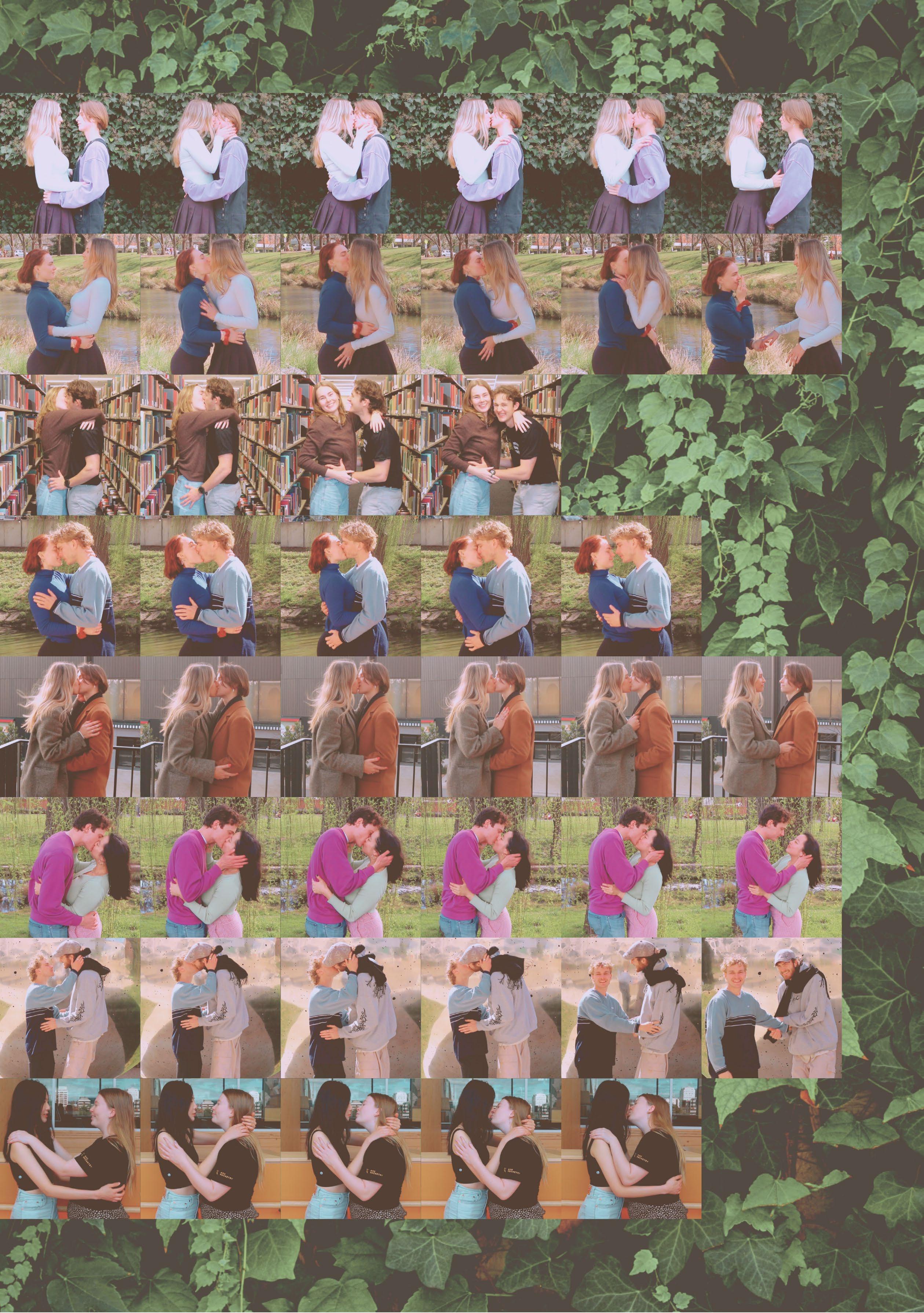 ‘Kisses’ by Rose Dixon-Campbell
‘Kisses’ by Rose Dixon-Campbell
35.
Lake Burley Griffin Catch of the Day




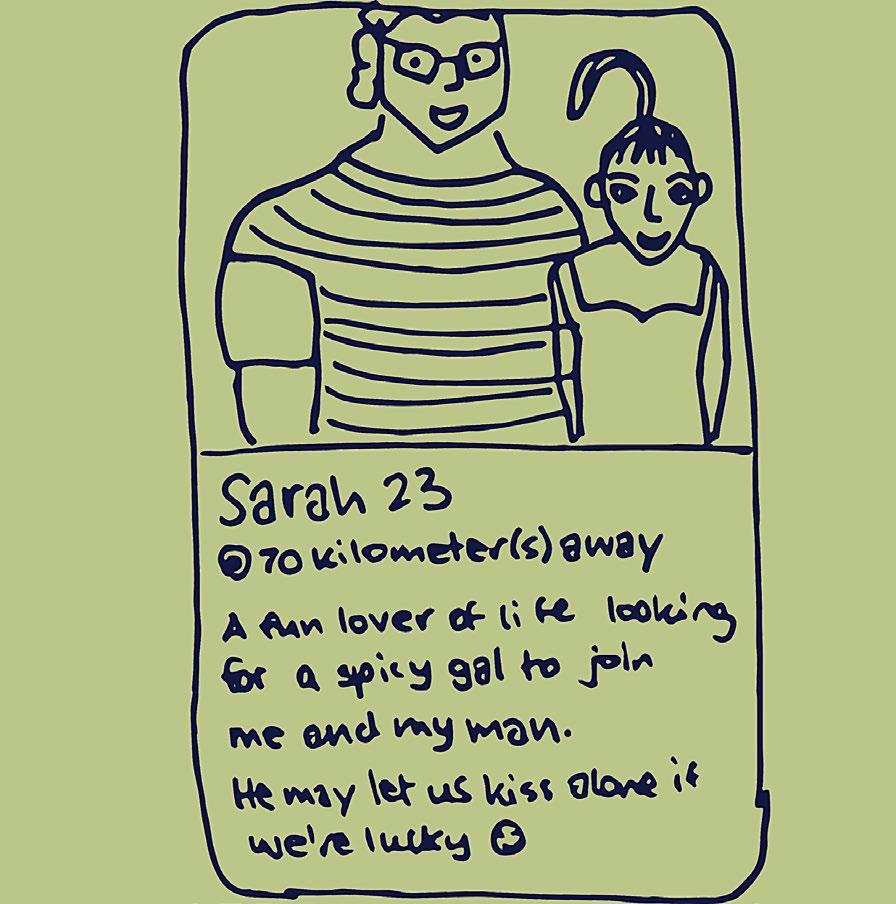


 Collated by Indy Shead Illustrated by Juliette Baxter
Collated by Indy Shead Illustrated by Juliette Baxter
36.



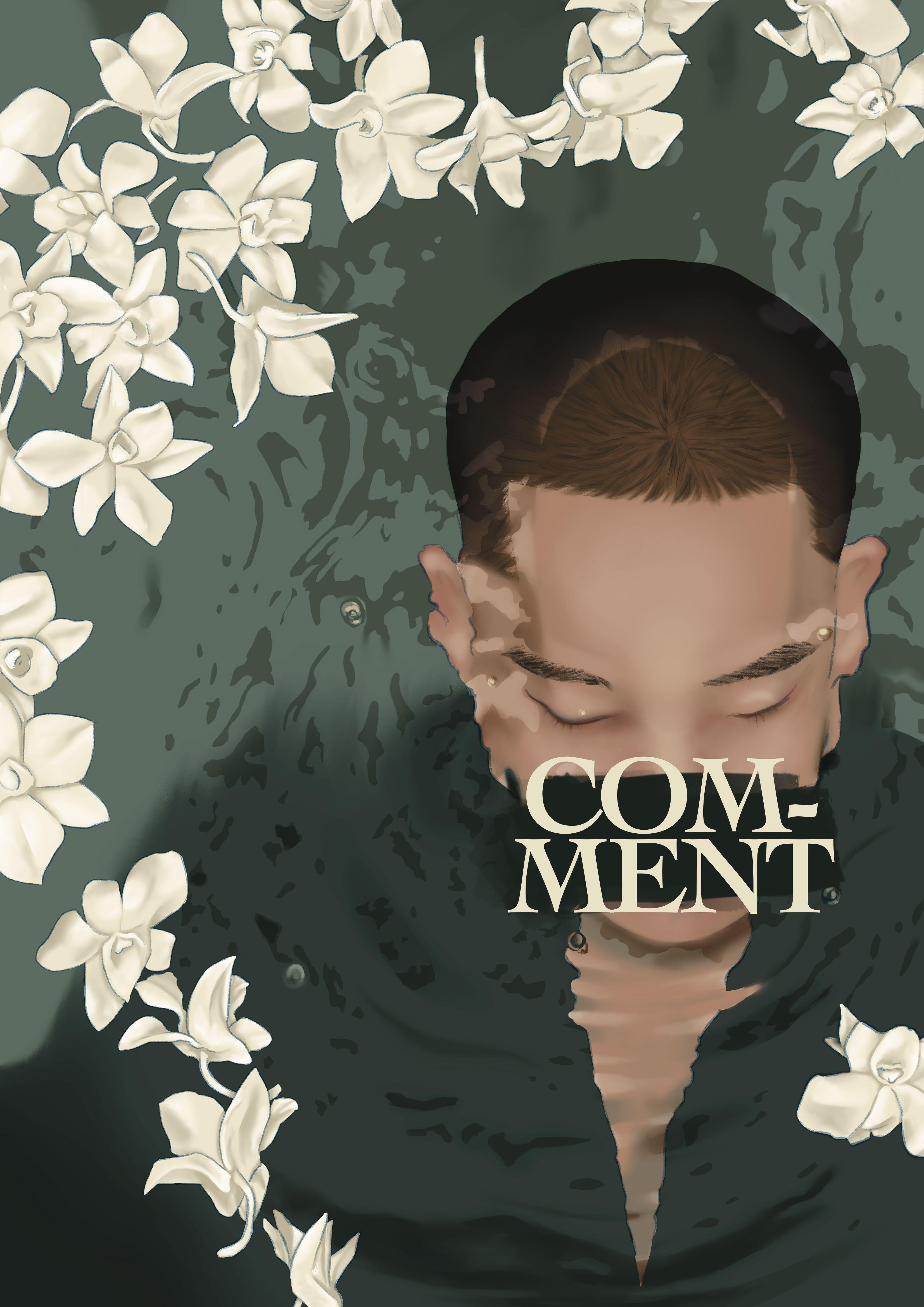 Art by Jasmin Small
Art by Jasmin Small
37.
Reflections on Fetishisation
 Taylor Tran
Taylor Tran
CW: Discussion of racism
“I have never been with an Asian before.” Naively, being young, I was flattered and excited. At this age, everything new seemed exciting, and this was one of my first nights out in the big city. My friends and I paid a grand total of $10 for a ticket to a local rock band in the Metro Theater in Sydney’s city center, and I was having the time of my life. It was the middle of spring, where the heat of an Australian summer looms over you with a cloud of humidity, and the smell of sweat tickled my nose in the dark concert hall.
My friend and I were wearing scraps of patterned fabric under the guise of clothes, and hands were everywhere. I don’t remember the details of his face, only sandy blonde hair and brown eyes that I had to crane my neck to see. He was wearing a flowy buttoned shirt and the many rings that adorned his fingers felt red hot on my stomach and arms. We danced the entire night, and I felt like a real teenager: away from the monotony of studying, swimming after school and working at the pool on the weekends. I was peppered with compliments, so new and thrilling, in my ear under the haze of twanging guitar and crashing drums. When he did kiss me, it felt like my insides turned into liquid gold and I couldn’t stop smiling. I don’t remember much else from that night, but I do remember being crushed inside a toilet stall and being told that I was the first Asian he had ever been with. “This is so cool,” he said. “You’re not like other Asians,” he said.
I grew up in a community where most people looked like me, and my race was never a big issue. I was lucky in this regard, as that was one less thing to worry about. Dating, as a result, seemed unencumbered by this cloud of race. I was fortunate in my later years to go to schools outside of my area and closer to the city, where I became more acutely aware of race. I became aware of how different I looked to my friends and even how different I looked even to other Asians.
The beauty standard in Asia is light-skinned, with long dark hair, and lithe and slightly Western features. My grandma always chastised me for getting golden tanned skin in the summer, for leaving my unruly hair out, and for building muscle. Learning to embrace my features was a journey, and it’s made difficult with the unattainable beauty standards in Australia and Asia constantly in flux – you just can’t ever win. I am aware that I am over-generalising the complex landscape of beauty standards in Asia. But my point is that I didn’t satisfy them. I also didn’t satisfy the Australian beauty standard – it was impossible for me to.
38. Art by Brodie Harris
But there I was, sitting in this bathroom stall with this strange man in front of me telling me how cool it was that I wasn’t like other Asians, how cool it was that I was Asian… It felt like a breath of fresh air. Of course, that’s not what he meant – he meant it was cool that he got to hook up with an Asian. I’d like to think that I’m not the worst hook-up in the world, but looking back on this particular instance, all I needed to satisfy his criteria for a good hook-up was to be Asian, nothing else.
I did happen to see him at another concert, and he was with another Asian girl. I felt cheapened, like another token to be collected and added to the memory. I wonder if I was actually his first Asian hook-up, and then I wonder if that really matters. The fact of the matter is that my attractiveness and sex appeal are so intrinsically intertwined with my race, and I guess for some people, my race is all that matters. Later in life, I got a number of other odd comments in the realm of sex, concerning my exoticism and the novelty of being Asian in such spaces. But this was the first, and it really set the tone. Even the Hollywood Trope is well established. In the 2010 film ‘The Social Network’, Andrew Garfield portraying Eduardo Saverin, one of the co-founders of Facebook declares “It’s not that guys like me are generally attracted to Asian girls, it’s that Asian girls are generally attracted to guys like me.”
The first time my partner appeared on my BeReal, an acquaintance commented something along the lines of “another hot asian girl lost to a musty white man.” There are many things to say about relationships, but to be boiled down into a simple and overplayed trope was, again, cheapening. There are many things I could say about them, but their race would not be the first because it isn’t (and should not be) their defining feature. I was quite offended to have commentary on my relationship, but even more offended when people defended them - they’re nice they didn’t mean it like that, they’re right you know you’ve become a statistic. To defend themselves they stated that it was a joke. But I couldn’t help but wonder who was meant to be laughed at, because it certainly felt like I was the person stupid enough to fall into such a stereotypical relationship - just another Asian with a white man.
My sister, always the first to critique my relationships and keep me grounded, was oddly composed. “What does she seek to gain from that sort of commentary?” Really, what is being gained from this sort of superficial commentary? Does it add anything to the cause for liberation? Does it add anything to the conversation about fetishisation, or does it just insert fetishisation into an interpersonal relationship where it has no reason to be?
As I get older, I no longer accept comments about my race in the realm of sex as flattery – because it’s not. There are many things to say if you would like to compliment someone to create intimacy. Why don’t you compliment my eyes, or my haircut, or my clothes? Why don’t you tell me I’m funny and that you like my music? Why don’t you say anything else, because complimenting my ethnicity is not a compliment. It’s fetishisation, especially if it is considered a novelty to be intimate with a person of colour, for the very feature of their race.

Art by Brodie Harris 39.
Max Macfarlane
The Extending Front Line for Abortion Rights, from the US to Canberran Frontiers

Tess Carlton
CW: Mentions of abortion and miscarriage
Those in glass houses shouldn’t throw stones. The Australian Labor party is more than happy to criticise the attacks by the far right on abortion access in the US. However, they have done little to actually expand those rights in the land where they have power. The recent overturning of Roe v Wade has shone a spotlight on the failure of both Labor and Liberal governments to provide free, safe and accessible abortion.
There has been a concerted effort by the religious right in the US to champion this issue. The advocacy of which, in its accomplishment, stands to strip away the rights of as many people as possible. The religious resents the progress made by social movements to empower women and LGBTQIA+ people in public and political life. They want to discipline and control women’s sexuality. This is an extreme ideological position totally out of step with the majority of American society.
Despite most people being in favour of the right to access abortion, the Democrats tolerate this far-right lunacy for the sake of maintaining the stability of the state. As such, they too refuse to stand up for access to vital health services. Without opposition to the Roe v Wade reversal, it was predicted that nearly forty million people would soon lose access to abortion in their area.
On July 2nd, Socialist Alternative and Equal Love organised protests in response to the overturning across Australia. These rallies were driven by two important motivators: People across our nation wanted to voice their solidarity with those being stripped of their rights in America. But as well as this, people gathered to fight for free, accessible abortion everywhere in Australia.
As a member of Socialist Alternative and Equal Love, I helped to organise these protests. Canberra’s showing was attended by over a thousand people. Nationally, there were tens of thousands of angry people on the streets. Australians came out to express justified anger, to voice their opposition to this undemocratic attack. Ordinary people came out to fight for women’s rights, abortion rights, and LGBTQIA+ rights. To show that wherever the far right goes on the offence, they will face opposition.
A thousand Canberrans affirming the importance of this issue and how our situation is in need of dire improvement forced the ACT government to take action. Promises were made, and abortion was made free for all Canberrans up to sixteen weeks, and dedications to the tune of $4.6 million to remove outof-pocket costs. The legislative assembly has also declared an inquiry into reproductive choice in the ACT. Jonathan Davis, Greens MLA, stated that “In response to what our community is seeing unfold overseas, now is the right time to reflect on the accessibility, affordability and legal protections for abortion and reproductive health services for people here in the ACT.”
40. Art by
These reforms are a win for anyone who may need an abortion, and they are a win achieved by the people who came out to the streets and demanded it. The protests began because people were outraged watching the events unfold in the US. They stand as a testament to public demonstration creating results, even when our rights aren’t directly being threatened. Their successes illustrate that it is worthwhile fighting for the rights of all oppressed people and against all attacks from the right to push society backwards.
These proposed amendments are a step forward, but the situation is still bleak. Abortion access in Australia remains a postcode lottery. In the ACT, a lack of specialists or clinics providing abortions past 16 weeks forces women to travel to Sydney for care. Despite being fully government-funded, Calvary Public Hospital refuses to provide abortions based on its religious agenda. If someone is taken to their emergency department miscarrying, Calvary will not perform a termination if a foetal heartbeat is detected. Being the default hospital for the entire North of Canberra, this has fortified a huge barrier to accessing care. Publicly funded institutions should not be wielding the guise of religion to refuse the provision of medical services.
Australia, like America, has a unified religious rightwing fighting to take away people’s rights. Legislative weapons such as the Religious Discrimination Bill are one of many affronts to women, LGBTQIA+ people and wider society. By backing an uncompromising campaign for abortion access, we better position ourselves to defend the rights we all deserve.
One part of this is building a campaign to continue our fight for accessible termination. We are in the process of circulating a petition to demand funding for the specialist provision of abortions, and a lifting of Calvary Hospital’s refusal to provide reproductive healthcare. You can sign the petition here by scanning the QR code.


Since the overturning of Roe v Wade, Democrats have sanctioned compromise after compromise. Instead of mobilising the majority who support the advancement of abortion rights, they have allowed a platform for a growing minority who want to abolish these rights. We can’t make those mistakes here. We cannot wait for the Labor party to improve our rights when, like the Democrats, they’ve let countless opportunities pass them by. We need to fight, and protest to show that the majority of people care about the rights of anyone needing an abortion. Show that people can do whatever they want with their bodies. That means insisting on the expansion of rights until abortion is free, publicly funded, and accessible on demand for anyone who ever needs or wants it.
Editor’s Note: You should seek medical care at the closest emergency facility if you feel your life is in danger.
Art by Max Macfarlane 41.
A Deep Dive into the Australian Labiaplasty Industry
Aish
CW: Mentions of paedophilia and the sexualisation of minors
Authors’ note: Not all women have vulvas and not all vulva owners are women. Where gendered language has been used in this article, it refers to direct quotes from sources, and does not express the views of Woroni or the author.
A few months ago, I learned that the growth of the labia minora (the inner folds of the vulva closest to the clitoris) happens during puberty. Don’t laugh, but I had simply assumed that like belly buttons, people born with vulvas were born with a labia minora that either protruded beyond the labia majora (the outer folds), or one that doesn’t. Much earlier than the discovery of my anatomical ignorance, however, did I become aware of the societally held tenet that it was desirable to have an ‘innie’ vulva and embarrassing if not. I can’t remember when I first became aware of this belief, but the fact that the number of labiaplasty procedures performed worldwide increased by 73.3 percent between 2015 and 2019 affirms its grip on vulva-owners around the world.

‘Labiaplasty’ is a cosmetic surgery that alters the appearance of the vulva. According to Dr Sofia Din, labiaplasty is most commonly performed on the labia minora “to create a ‘tucked in’ appearance.” While some people have labiaplasty for functional reasons, such as discomfort during physical activity or when wearing tight clothes, most vulva-owners who have surgery (over 68 percent in Australia) are motivated by embarrassment or unhappiness
with the way their vulva looks. But where do these sentiments come from? I think you’ll find most fingers pointing toward our dear friend, the porn industry.
“With pornography,” body positivity activist Taryn Brumfitt expressed in an interview with Triple J, “there’s only one type of body”, and by extension only one type of vulva. This is to say that it must mirror the ‘tucked in’ appearance that most labiaplasty patients seek to replicate. Melinda Tankard-Reist, Co-editor of Big Porn Inc; Exposing the Harms of the Global Porn Industry, claims that a “significant” factor contributing to anxiety and unhappiness over labia appearance is the influence of pornography, coupled with the increased popularity of Brazilian waxing. “Now that the labia have become more visible, women think there is something wrong with them, because they don’t look like the women in porn,” Tankard-Reist told Farrago Magazine. There have been numerous studies exploring how watching pornography can negatively impact people’s body image, but I wasn’t quite prepared to let all of the blame rest on porn. Sure, the industry is guilty of perpetuating these norms, but where do they come from?
My recent epiphany about how the labia grows throughout puberty was, (paired with the discov ery that labiaplasty is also commonly referred to as “vaginal rejuvenation,” yikes), contextual ly disturbing. I tried not to meditate too hard on how the standard of the “tucked in” vulva has probably both contributed to and derived from the sexualisation of children. There must be something else, I told myself. I desperately didn’t want to land on the conclusion that the main driver of the labiaplasty industry’s success was society’s underlying paedophilic perver sions.
Besides, according to my research, something wasn’t adding up. I braved the depths of Reddit and AskMen.com, sifting through anonymous submissions seeking to know whether people with larger labia could ever be considered sexually desirable, and I found an outpouring
42. Art Xuming Du
of responses affirming that larger labia are, get this, still sexy! Some commenters actually expressed a preference for larger labia, but most merely affirmed an overall sentiment of indifference. I also considered a study from the Department of Obstetrics and Gynaecology at the Good Samaritan Hospital, Cincinnati, on the desirability of different types of Vulvas (note: this research concerns male perceptions of desirability only). While a slight preference for smaller labia was recorded, the majority of respondents in this study also remained largely indifferent.
Why, then, given this variety and indifference of preference, are so many people embarrassed by the appearance of their vulva? People form opinions on what they expect the average vulva to look like based on what they see depicted in pornography, as this is often the only exposure we have to naked bodies before we become sexually active. Subsequently, when we see genitals in real life that differ from the homogenised depictions we saw growing up - be it our own or someone else’s for the first time- we feel confused and become convinced that something is wrong with them. So, it all comes back to how vulvas are depicted in the media.
Australia has always had an extremely contentious and complicated history of censuring the vulva and the female body in general. In an age of digitalised everything, a magazine from the corner store is no longer the way most people access porn. However, to this day, if you want to produce a pornographic magazine, the vulva must only appear as a single “healed crease” in order to comply with Australian censorship laws. The actual clause in the Australian Classification guidelines is as follows:

“Realistic depictions [of naked bodies] may contain discreet genital detail but there should be no genital emphasis.”
Which was somehow interpreted to mean that while the outer labia were fine, showing someone’s inner labia in porn was simply going too far. To comply with these guidelines, many magazines began using editing software to perform ‘digital labiaplasty’ on their models, and hence the expectation of a “tucked in” vulva as the norm was born.
In a review of the Publications Classifications Guidelines in 1999, a spokeswoman for the Anti-Censorship Program, Kylie Potter, raised a
pressing double standard. While the Australian Classification Board (then known as OFLC), maintains that the labia minora is “too explicit” to be allowed in soft porn publications, the board has been “unable” to explain why it is therefore okay to show an unadulterated image of a penis. Could this strict regulation of the vulva-bearing body, where the cis-male body is free to go unchecked, have anything to do with a desire to restrict only certain people’s bodily autonomy? At the very least, I’m calling j’accuse for the board’s role in perpetuating censorship practices whose double standards carry harmful implications for bodily regulation.
So, there we have it. One day, someone simply decided that it was offensive to show a person’s inner labia in pornographic media publications, and managed to convince entire generations of impressionable, porn-consuming youngsters that a discreet “tucked in” vulva is the norm. In reality, studies suggest that around 56 percent of adult vulvas actually have inner labia that protrude beyond the labia majora; but if porn is the only exposure most people have to the naked human body until we become sexually active, how could anyone know? Perhaps, then, the lack of representation of different body types in mainstream pornography is not a standalone issue, but one fuelled by porn’s status as our youth’s primary source of sexual education.
These days there are many resources seeking to normalise and celebrate different types of vulvas, including Australian photographer Ellie Sedgwick’s Comfortable in My Skin and Netflix’s Sex Education campaign All Vulvas are Beautiful. As the show’s beloved character Aimee expresses, “Every vulva is unique and beautiful and deserves to be cherished.” So, from a policy level, it’s time to get rid of these archaic censorship laws which do nothing but prop up a multi-milliondollar cosmetic surgery industry and perpetuate double standards of bodily regulation.
Art by Xuming Du 43.
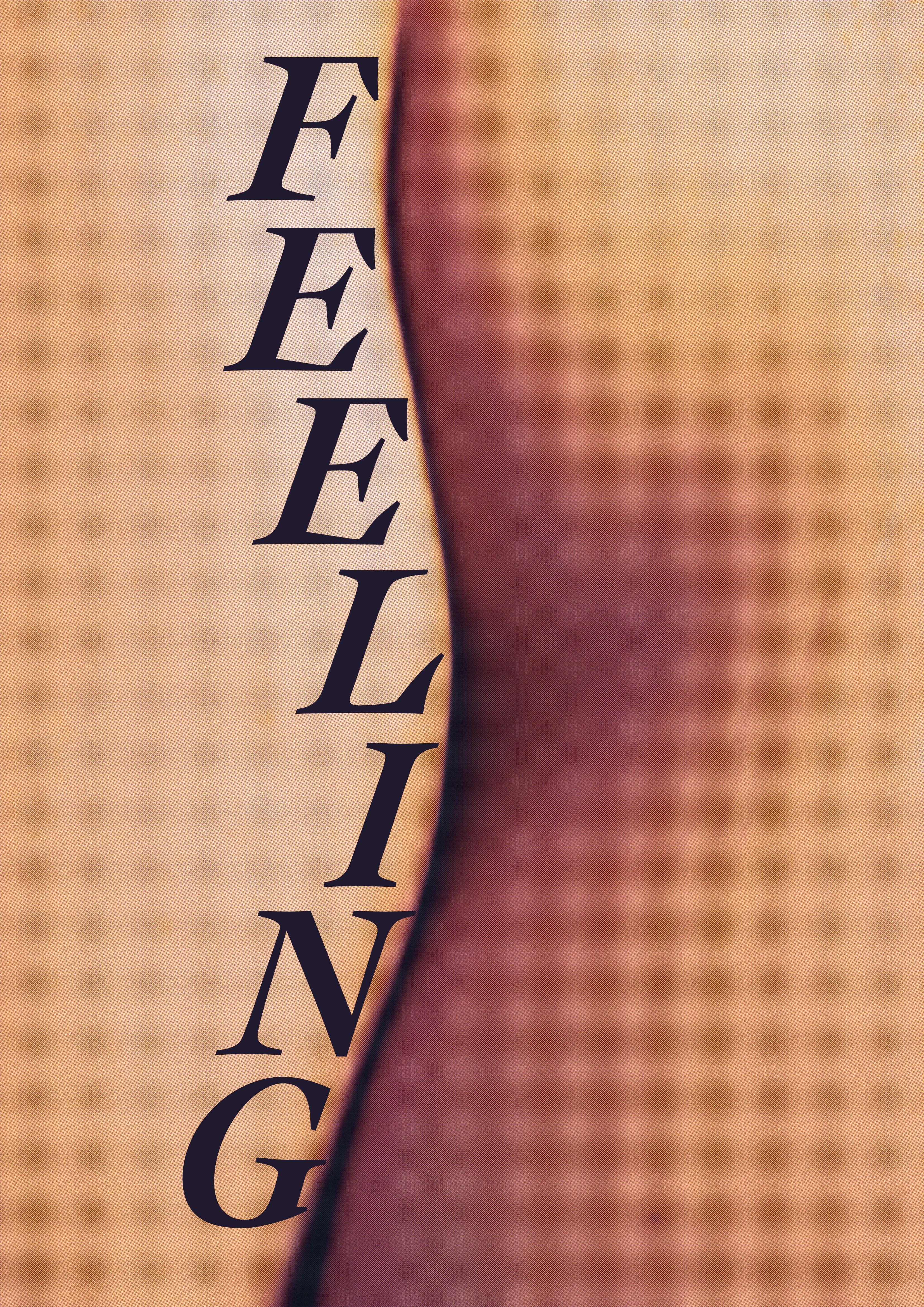
44. Art by Jasmin Small
Echoes of My Mother
Rose Dixon-Campbell
Sometimes traipsing around Canberra I feel haunted by an unreal ghost. The spectre is an unknowable woman, but one whose presence I feel like a current of electricity always.
The ghost’s name is Kate, and she attended the ANU in 1984. She lived raucously and radiantly, testing limits of appropriateness, in existential opposition to ‘The Man’. She bleached her hair to a frizzy and discoloured bird’s nest, wore exclusively second-hand clothes and was most often accompanied by a misbehaved and clumsily

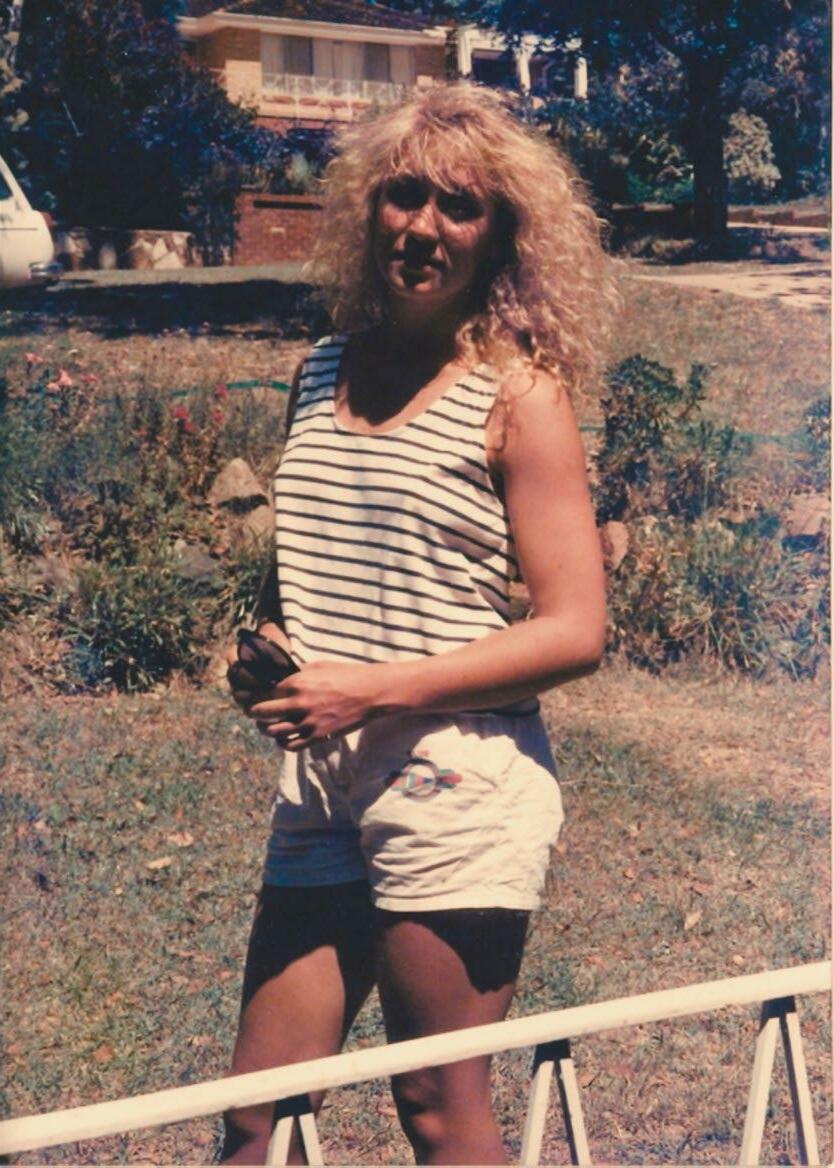

Beyond graduation, Kate had an equally remarkable and passionate life. She eventually had a daughter, who now attends the same ANU, and who lives in perpetual wistfulness about this version of her mother whom she will never meet. I’ve heard many stories centring Kate as protagonist. Through these histories, I know her to be bold and outrageous and someone I think I would’ve liked to befriend.
On the day I was born Kate became Mum. She describes the transition as cataclysmic –suddenly she looked down at the crying, clawing lump of purple flesh in her arms, and knew that this infant was the most precious thing in the world. Where Kate was irresponsible and chaotic, Mum was completely dedicated to the lives and wellbeing of her children. She says the best thing she ever did in her life was her children and they are her proudest accomplishment. The loss of Kate was worth the gain of Rose and Natalie, according to Mum.
Art by Genevieve Cox 45.
I describe Mum’s devotion to me and my sister as selfless in the sense that she sacrificed parts of herself to be our mother. The pressure placed on mothers to deprioritise aspects of their life, like their career, friendships and hobbies, is too frequently dismissed as part and parcel of motherhood. Motherhood is sacrifice - to be a ‘good’ mother you must sacrifice. Mum first, self second. My Mum is selfless in the sense that upon my birth Mum took precedence over Kate.
Whether brainwashed by hormones or not, Mum was completely enraptured with my infant self, and gladly devoted herself to motherhood. I am so indebted to her for her wholehearted commitment to this identity. My childhood was one smothered with love and gentleness. My mother let me try every sport, musical instrument or obscure hobby that I became interested in on a whim, despite my tendency to give up immediately. She came to every school assembly and cheered for me and my participation awards.
Mum is supportive, caring, generous and the most patient and loving person I know. It’s hard to see much of myself in that. I consider that I must be more like Kate, maybe if only for the fact that we both came to the same university, in the same city, through the same years of our lives.

Kate used to sing at Tilley’s in Lyneham, back when it was a lesbian club, while I now order soy lattes from the same venue. Kate had drinks in Union Court with her friends after class, which I do too, and modelled nude for students at the School of Art (another shared profession). She had shitty boyfriends, fought with her parents and sometimes she was reckless just because it was fun. She cycled down University Ave; studied at Chifley and attended classes in AD Hope and Copland. Balancing work and university made her stressed, not that she was particularly studious or dedicated to her work in bars, but she cut loose often and wholeheartedly.
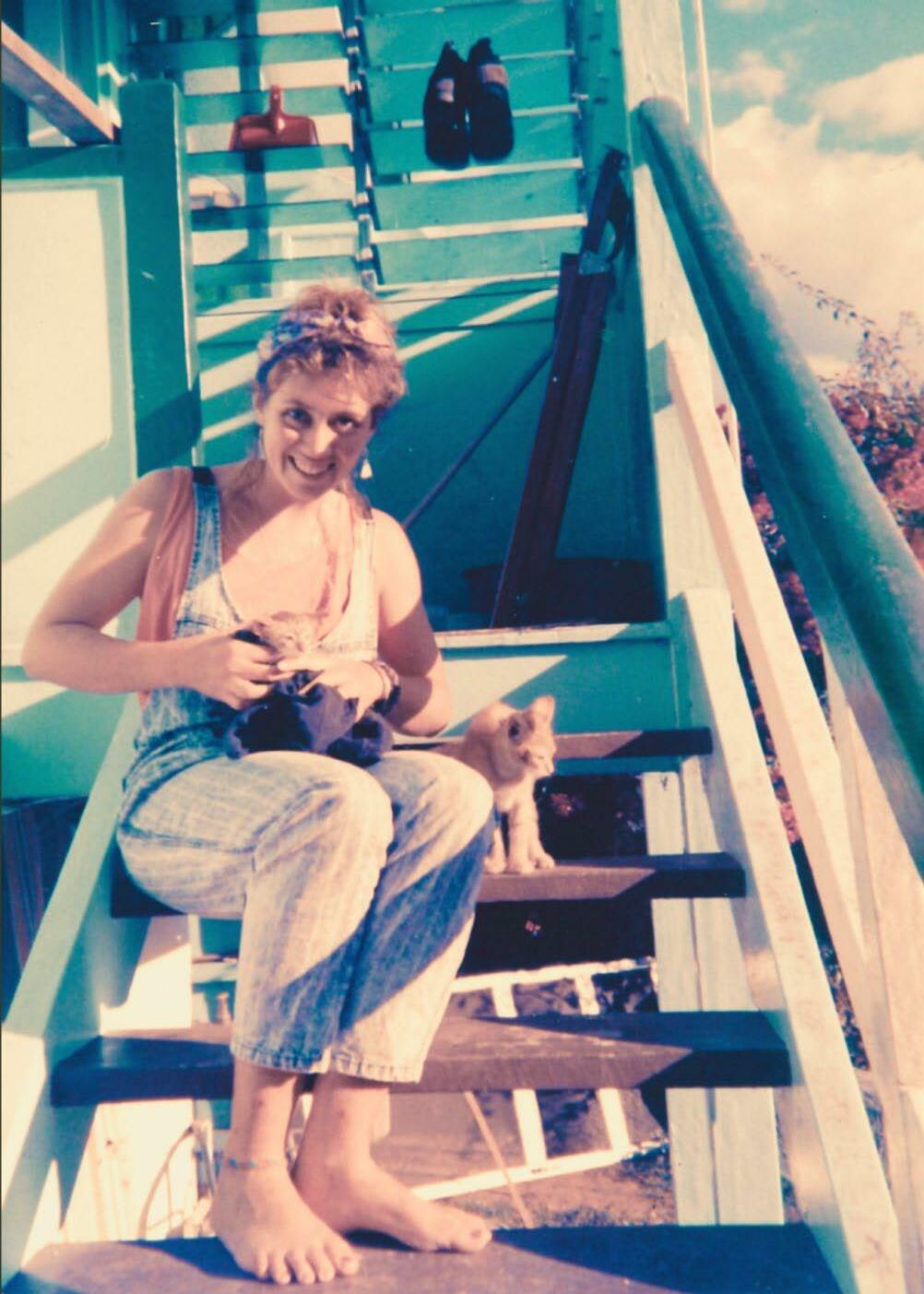
46. Art by Genevieve Cox
Kate and myself, though we never met, have much in common. While at ANU we both cried in an academic office, both had too much to drink on too many occasions, both failed a course and both found ourselves at times in and out of love and lust. There is a closeness between us which extends beyond the superficialities of two twenty-something women. We feared and hoped for the same things, for ourselves and others, share the same hurts and frustrations. Kate had the light in the 1980s and she was celestial.
I have the light now and though I think my shine might be dull in comparison to hers, I love my youth. I love coming home at all hours, having spent the night doing whatever with whomever. I love that the only person I have to take care of is myself, and that I can generally get away with only doing that to a passing grade of fifty percent.
When I float through Canberra I wonder if she felt the same freedom. I wonder if she felt the power in her beauty and trappings of youth that I do, or if she would have sneered at my vanity. At my age, like me, she never wanted to be a mother. Like me, she feared the sacrifice of her personhood and the weight of that responsibility. She never imagined losing Kate to Mum and likewise I cannot imagine myself under any other name than Rose. We both could never see ourselves choosing someone else over our own self-absorption and joyful recklessness, and yet one of us did.
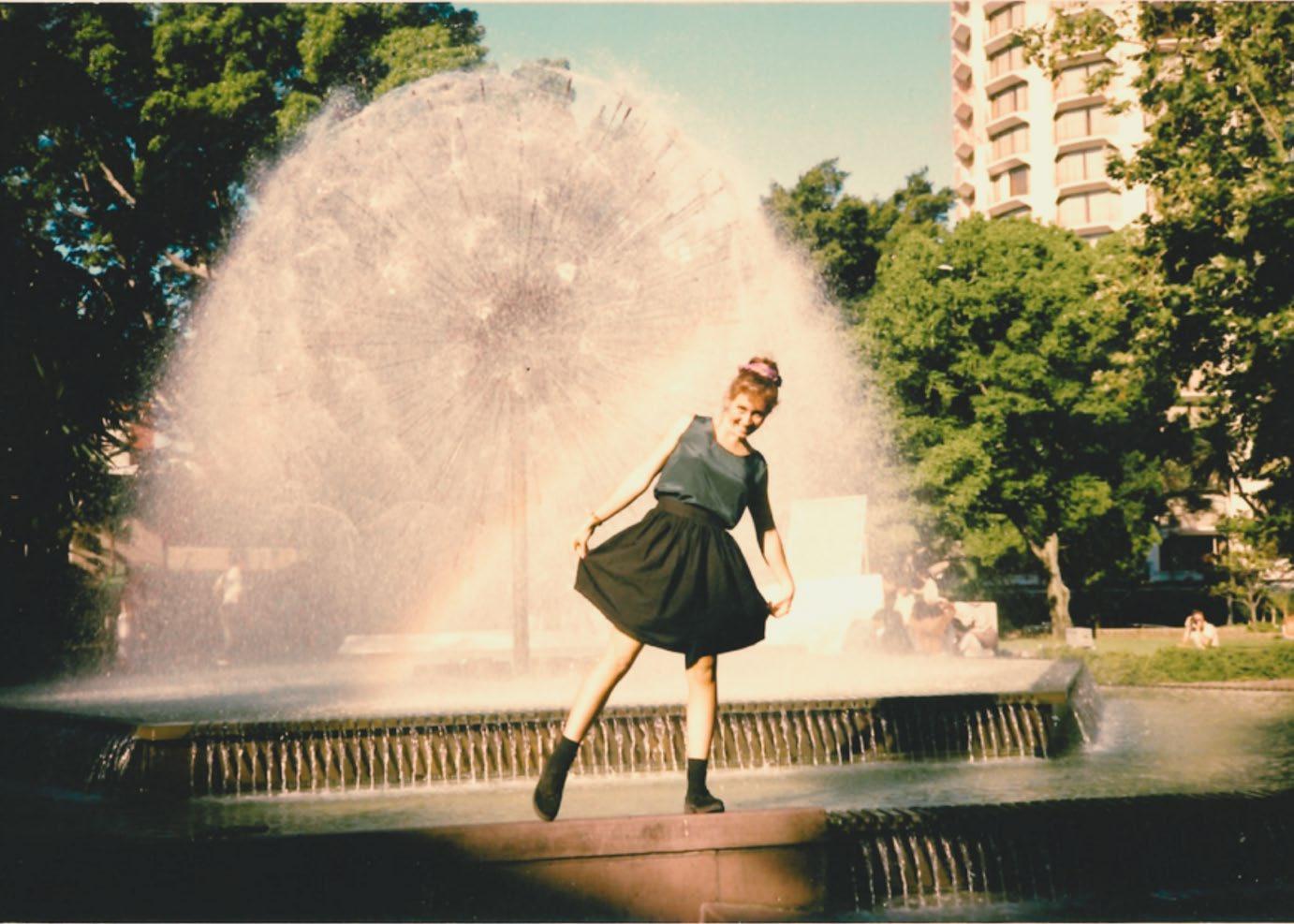
The connection I feel to the unknowable Kate is spiritual and I carry her with me through every Canberra moment that we share. It sometimes feels as if I could bump into her at a party at an inner-north share house or sit down next to her in a sociology tutorial. I am enchanted by the woman I’ll never know, simultaneously mythologising and mourning her.
My Mum is brilliant and wild and known for her energy and authenticity. I would never mean to insinuate she became dull when she became Mum. But it’s true that Kate, in a way, died when Rose and Mum were born. It’s not a sad thing but I still long to meet her, the version of my mother who was just like me but brighter.
This distance between mother and daughter is essential of course. Mum says Kate would not have been a good mother and I believe her because I believe I also would make for an appalling and neglectful parent. But at twenty-two years old I would not look to Kate for her maternity. I would look to her in reverence of Mum and all that she sacrificed for me. I would look to her in veneration of youth and its joys. I would look to her and she to me as mother and daughter, seeing each other in ourselves and ourselves in each other.

Art by Genevieve Cox 47.
The Psychology Behind Falling in Love at the Club
Matt White
Have you ever been dancing on a night out, and suddenly you lock eyes with that one person you swear might be the most attractive person you have ever seen? They might not even be the most conventionally attractive person. Still, something about them has you hooked, almost like you could go over to them and immediately connect, and they would understand you like they had known you forever. So, you turn to your friend to ask them what they think, and they just hit you with, “I don’t know, bro, as long as you’re happy...”. But you could swear that they’re perfect in every way. Well, psychology might have the answer for exactly why you feel this strong attraction to the stranger across the room.
Being in a social environment such as a club, where people are constantly moving around and dancing to varying degrees of success, can cause people to appear to seem so much more alluring than if you were to see them walking down the street. This is because the physical activity in the club releases hormones known as endorphins into the body, which interact with specific receptors in the brain that both reduce the sensation of pain and trigger a sense of euphoria. This makes the brain much more vulnerable to making impulsive, emotional decisions, especially in a romantic sense. Now add some alcohol to the mix, and there is a high chance you’ll end up planning a future with a stranger.
Another reason why you might not be able to get that one person out of your head is because of natural pheromone secretion. Everyone releases pheromones (hormones secreted externally) to varying degrees; the type differs according to a person’s biological sex. For example, androstenol, a male pheromone primarily secreted in sweat, can increase a biological male’s sexual appeal toward women. Only about

10 percent of the male population secrete this specific pheromone, and this tiny proportion of people is usually regarded as the most sexually attractive among males. Interestingly, pheromones are also secreted in saliva, and your body can process this information whilst you are kissing someone, which is why some hook-ups feel better than others. Meaning that maybe the fluffy, brown-haired boy in the club is just blessed with increased levels of masculine pheromones and is not your future husband. This attraction is amplified by the brain’s subconscious tendency to buy into classic romantic fantasies, as, from an evolutionary perspective, it increases the likelihood of passing on your genes.
I’m sorry for bringing parents into your sex life, but it turns out that they play a significant role in your sexual attraction to others. This is primarily why some people have particular ‘types,’ both physically and personality-wise. For most people, parents are their earliest role models of what to expect from a partner. You are more likely to rate people who share similar physical attributes or personality traits as your parents to be more attractive. It might just be that the stranger you’re eyeing across the dance floor has activated a small part of your subconscious that pertains to the example of an ideal partner imprinted on you by your parents. If Freud were alive today, I swear he would be having a field day.
This is just the tip of the iceberg regarding the science of attraction. It’s worth noting that most research studies around attraction have been focused on heterosexual individuals, and the science around LGBTQI+ identifying individuals is still emerging. But for now, maybe the most useful advice you could hear is maybe stop falling in love with every cute person you have a semi-decent conversation with in a club ;).
48. Art by Brodie Harris
The Myth
Anonymous Hey Stranger Thank you for coming On such short notice All the way in the dark To my quiet suburban castle
Come in please Let me get you a drink We should bide our time wisely Have a seat and talk to me About your travels and hopes and what you study Oh, you go to ANU? So do I I know I’m not getting a job with my English degree Don’t laugh too hard Or you won’t get your treat
Would you like to see my bedroom? It’s just down the hall Sorry the heater doesn’t quite reach in there And that the posters are peeling off my walls Sorry my little string lights are so dim
Don’t mind my housemates They’re sweet and quiet They won’t hear a thing You and I are here alone Let’s pretend we know each other Was it good for me? Sure Did I finish? Well … Aw, you feel bad? That’s nice But not quite bad enough You’re putting your clothes on Facing away from me No eye contact now So Goodbye Stranger The deed is done And I hope to never see you again

Art by Rose Dixon-Campbell 49.
Hard Feelings / Are We Loveless?
 Grace Hefferam
Grace Hefferam
“In total [Connell] had only had sex a small number of times… He’d had to hear his actions repeated back to him later in the locker room: his errors, and, so much worse, his excruciating attempts at tenderness, performed in gigantic pantomime.” - Normal People, Sally Rooney
1: Hard Feelings
How do young people conceptualise the hard feelings of love? Pop culture has instilled sky-high expectations of romance and intimacy. This can often be hard to reconcile with the more disconnected emphasis on physicality and sexuality in widely-used technologies such as dating apps. The jarring differences between our hopes for love and the reality of our interactions with the people we desire may contribute to a growing view of love more as a fear than a promise. We fear it won’t be how we romanticised and close ourselves off to intimacy instead of splaying our emotional guts to failure. This ‘sweep it under the rug’ mentality presents itself in many forms, but in particular, through a hesitancy to express genuine love for others in our youth.
i. 30 is the New 20
For most of us, love in our late teens and twenties is no longer a victory march to collect marriage, a house and babies. Generally, we have an extra ten years our grandparents never had before we begin the ‘settled’ chapter of romantic life. That is, if we choose it at all. For some, this decade is simply killing time, enjoying the freedom of sleeping around and relationships that ‘don’t count’. We keep our lovers at arm’s length because real love supposedly means commitment, and we’re not emotionally prepared to commit to this linear timestamp.
For others, the rise of new age belief systems has redirected the focus of our love from long-term partners onto ourselves. Our investment (I use this word in the capitalist sense because ‘self-help’ has become a heavily commercialised industry, disproportionately targeted towards women) in our own self-worth is seen as one of the most noble things a woman can do. Seemingly at odds with this is the almost predestined belief that God/the universe is conspiring to our highest evolution. We reassure ourselves with the Law of Attraction; that everything, including romantic love, will effortlessly find a way into your life at the ‘right time’ if we stop forcing it.
ii. BuzzFeed Feminism
Second-wave feminists of the Sexual Revolution seismically changed our understanding of where happiness for women is derived from. While the traditional messaging for Western women has been that fulfilment is rooted in the family unit, the rhetoric that we are responsible for the self-respect and compassion necessary to make us happy is now mainstream.
However, this can result in equating female empowerment with hookup culture, and immersion in loveless relationships as an act of self-respect. There’s danger in associating sexual prowess with empowerment, particularly for heterosexual women when personal value comes from performing as sexual objects for men. We act as though sex is not an emotional experience; we sever ties from our emotions in the name of sexual empowerment. We feel like we shouldn’t get attached to people when our relationships with them are casual or temporary.
Interlude: “What is this tape?” Lorde’s six-minute track, Hard Feelings/Loveless from the album Melodrama epitomises the way we disvalue emotional intimacy, particularly in our youth. The first half navigates the death of a relationship and the foundation of intimacy, trust, and love it built. After Paul Simon asks “What is this tape?” the second section is almost comical, with a recklessness that trivialises the nostalgia and emotion that the singer has just poured out of her chest. The shift from “I” to “we” and references to a “loveless generation” portrays how, amongst her peers, the singer won’t be perceived as having lost something. So adopts this destructive outward persona in the internal depths of heartache.
50. Art by Cynthia Weng
2. Loveless
While some of us do choose to reject the pursuit of romantic love, or emotionally remove ourselves from long-term monogamous relationships until our thirties, I think that most of us are interested in it to some degree, but have become well-versed in performing our indifference. There would be many reasons for this, but I think it feeds into a bigger narrative about Gen Z’s particularly ironic mode of narrative and self-expression, which is perhaps amplified in a university setting like our own.
i. Poker Face
In the year 1996, when our first fellow Gen Z’s were being born, author David Foster Wallace wrote, “What passes for hip cynical transcendence of sentiment is really some kind of fear of being really human, since to be really human [...] is probably to be unavoidably sentimental and naïve and gooprone and generally pathetic.” For me, this encapsulates why so many of us fear emotional intimacy, or avoid it until we feel we can no longer put it off. Though two decades have passed, in an internet culture of and for watching, it is even easier for our peers and strangers to criticise our characters and personal choices.
Our hyper-awareness of ourselves and how we are being perceived is suffocating: we self-deprecate to get ahead of the jokes we will otherwise be the butt of, we bookend our words with disclaimers about our flaws and hypocrisies. Our preference to discuss the physicality of love rather than the more complex, tender desires that drive sexual interactions is indicative of a culture that fears ridicule, mockery, and rejection.

With a diminishing barrier between our view of self and our digital life, we have learned how to control the way our bodies, personhoods, and relationships are reflected in mass media. This accelerating obsession with identity management is translated to our everyday interactions as well. We fear being knocked as a real person so we build walls around ourselves.
ii. The College Microcosm
Though I can’t speak for the colleges I haven’t lived at, and I’m grateful for the culture at mine, I believe it’s inevitable for our self-consciousness to be heightened in these very proximate spaces. In a residential hall, sexuality can be one of the currencies that earn you social capital. This is important as, at least for me, my hall is my foundational social network and instrumental to the sense of belonging I feel within ANU. Just as we might choose to perform economic status depending on what is most acceptable; the roleplay is delicate. We belong to social ecosystems with unspoken but daunting markers of what is desirable behaviour, certain things are valued to ascend the hierarchy. A hierarchy is not necessarily a bad thing; it is important for creating a cohesive code of conduct, but becomes an issue in this context when we value detachment and inauthenticity in relationships.
Physical desire and intimacy should be an avenue to express emotional needs, not cut ourselves off from them. Yet we do so because we fear rejection. But if we could normalise speaking transparently with our friends and peers about our needs and wants with the tenderness I hope we are showing each other in private, then perhaps we would have a more supportive and truthful world. Because our words don’t hide or dress up reality; they make it.
I’d like to think that the afterwaves of the #MeToo movement are generating a more authentic and sincere kind of intimacy, normalising open conversations about consent and boundaries.* But ultimately, the way we feign apathy towards love and fear sappiness and sentimentality does not honour our desire or worthiness for love, or contribute to a less-taboo sex culture. I think we could be braver in the way we show up to the world, stop performing the pantomime of how we think we should love, and just come as we are
*In light of August 1st, I acknowledge that the ANU has a particularly long way to go in establishing a culture of sexual safety for students on campus.
Art by Cynthia Weng 51.

52. Art by Jasmin Small

Art and words by Grace Rogerson 53.
Sexual Attraction: Local Student Realises They Don’t Feel It
Anonymous
This is your local ‘virgin’ (virginity is a social construct) speaking to you live from the tail end of their sexuality crisis. I’m asexual! Why has it taken me 22 years to work that out? Let’s chat about it!
A quick disclaimer before we begin – asexuality is a spectrum and not everyone has the same experiences. This article is not a guide to understanding all ace people, just an insight into my experience. If you’re curious about anything here there are a lot of resources online – the Trevor Project is always an easy place to start!


Firstly, I would like to say I hadn’t actually realised other people WANTED to have sex. Like, you have to admit that sounds a lil bit fake right? Okay, imagine it from my perspective. You enjoy reading fanfic (AKA the occasional cheeky smut), you masturbate what you assume is the normal amount (what exactly is the normal amount again?) but you’ve never wanted to actually have sex or see anyone naked—why would you?
I assumed it was just a thing that I would ‘grow into’. “Maybe when I hit 20 I’ll suddenly get super horny!” (I thought). Then I promptly forgot about the whole topic, since no one talked about sex that much post high school. [Conspiracy theory #1: sex only exists in books and movies, prove me wrong (please don’t I’m joking).] The other thing I assumed (wrongly I suppose) was that my friends were overexaggerating how much they wanted to have sex. Surely they just got overhyped on the way sex was portrayed in media and/or were just in a silly goofy (read: horny) mood. Strangely enough, I have been told, this is not true.
In my defence, how was I supposed to know? This is absolutely forbidden knowledge. I have never heard anyone talk about what sexual attraction feels like (apart from the people I interrogated—shout-out to them for catching me up on the esoteric lore), and most people’s sexual awakenings was from getting a crush or feeling someway spicy about a person. But, what if that’s not an experience you ever had? How would you know? To be fair, why would you feel the need to describe what you assume is a universal experience? I
can’t really fault you on that– I also assumed the way I experienced the world was ‘normal.’ Embarrassing for me, embarrassing for you, let’s just sweep that one under the rug, shall we?
Trick question alert! Could you define exactly what your sexual attraction feels like? What about romantic attraction? Or (and you get extra credit for these ones) aesthetic, intellectual, emotional, or sensual attraction? All have their own definitions and yet all we seem to talk about is the basic romantic and sexual. As a society we seem to be moving (in the friendly circles anyway) away from strict binaries and the enforcement of social norms, so why not add this to the list? You don’t need to be asexual or aromantic to explore new ideas! Why not develop the vocab to wax poetic about the many ways you love the people around you?
Ultimately, I’m pretty glad I was relatively clueless and never felt pressured to do stuff I didn’t want to—something I can only assume isn’t a universal experience. I don’t know what to thank for that, perhaps the unfounded self-confidence I’ve always seemed to have, or just the luck I’ve had in having fantastic friends, but I know the focus on sex in media and romance stories has made some people feel like there’s a timeline on having certain experiences. I’d recommend taking it at your own pace, it’s not like sex is actually important (though maybe that’s easy for me to say).
To anyone who hasn’t thought about their sexuality or romantic orientation much, why not think about it? There is no wrong way to be. Also, while there’s obviously nothing wrong with sex and I am absolutely a supporter of all consensual sexual exploits, I really think we could afford to talk about it less like sexual and romantic attraction are the most important ways to feel. Maybe it’s easier for me to say, but that stuff is hugely less important than you think it is. Cum as you are… or don’t. It’s really up to you.
54. Art by Xuming Du
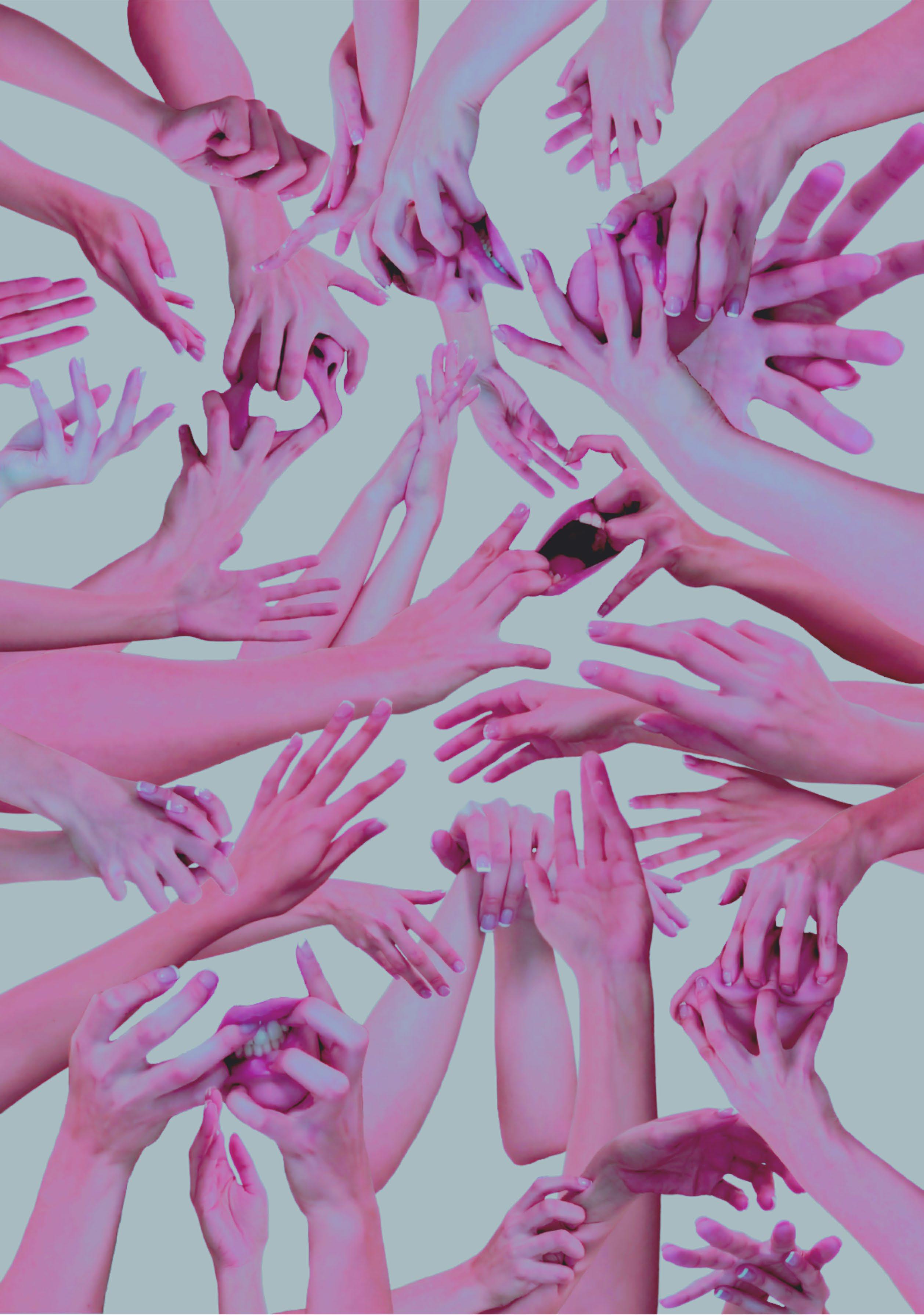 Art by Rose Dixon-Campbell
Art by Rose Dixon-Campbell
55.
Confessions of a Retired Pillow Princess
Anonymous

CW: Discussion of underage sex
To the uninformed, ‘pillow princess’ sounds like it might be a compliment. It conjures images of silk sheets, tiaras, and kissable lips. Cherries, Lana Del Ray, shit like that. And while I’ve never met a girl described as a pillow princess who would object to any of those things, the title isn’t as romantic as it sounds.
For lesbians and bisexual non-men, this term (which some might consider a slur, but honestly, I think that’s a bit of a touch-some-grass moment) refers to girls who only receive during sex. It’s the honorary denomination given to girls who refuse to perform or reciprocate sexual acts. Basically, the lesbian equivalent of ‘pretty enough to just lie there’.
All of those learning about this for the first time may not be surprised to learn that this is not behaviour generally well-received by the queer community. Common objections to pillow princess-dom deem it as being lazy and selfish. But as a retired pillow princess myself, I am here to offer a tentative defence. We are not the heartless, straight-adjacent Regina Georges that TikTok would have you believe we are (although honestly, what lesbian wouldn’t fuck Regina George?).
The first time someone called me a pillow princess was when I was 14. It was my partner at the time, and even then, I felt uneasy about the title. It was very clear to me that the implication was one of underperformance, a kind of loving derogation. I decided I simply had to own it. If that’s what I was, then I would make it sexy, and I would make it camp. Now I know that I wasn’t being lazy or selfish at all. I was just, you know, 14. I didn’t want to perform sex acts at 14. Obviously, a crime punishable by death. And it’s not just me. It is the nature of queer communities for young people that so often queer youth are introduced to sexual content, and even having sex, early. Often, as early as 12, through the mires of Tumblr posts, Instagram group chats, and fanfiction. I mean, some of what I saw on Wattpad will haunt me until the day I die. It was honestly more traumatising than my actual trauma.
56. Art by Brodie Harris
This phenomenon is largely due to the lack of queer representation in mainstream media. When I came out, there was no Heartstopper or Young Royals or Booksmart. We had the Girls Like Girls music video and Paige trying to literally drown Emily in an attempt to repress her feelings for her in season one of Pretty Little Liars. And all of tumblr, a platform primarily composed of content labelled NSFW. Not exactly a queer High School Musical to be found.
This lack of PG-13 representation is a massive contributor to the sexualisation of queer youth, which, at least in my case, led to me receiving the title of ‘pillow princess’, when what I really was, was prepubescent. And I can’t be the only one seeing 16-year-old girls on TikTok using and ‘reclaiming’ the word as if it’s just a quip. What are we really mocking? A lower level of comfort with sex? Hilarious.
Secondly, every relationship is unique, especially every queer relationship. For the uneducated, I want to introduce the concept of a ‘stone top’. There are no prizes for guessing that that’s the opposite of a pillow princess. She only gives, never receives. The stone top/pillow princess dynamic is a tale as old as time, and yet people only seem to take issue with one side of it. And it just happens to be the typically more feminine, passive side… But I’m sure that’s unrelated!
The way every couple has sex is a unique and intimate thing, even between the Eves and Villainelles, who find each other at Moose on a Thursday night. If something works for them, then who are we to judge? If you’re unsatisfied with the sex you’re having, you should take that up with your partner. If you’re unsatisfied with the sex other people are having, you should take that up with your therapist.
I do understand the objection. It’s frustrating to have a bad hookup where you feel like you’re doing all the work and getting nothing back. But may I offer one final line of defence?
When I call myself a retired pillow princess, I’m not talking about my 14-year-old self. For a long time, that is 100 percent what I was, and it’s a habit I still consciously have to think about breaking. It wasn’t because I didn’t care about my partners or their experiences. It wasn’t because I was lazy and didn’t want to put in any effort.

The truth is that I felt out of my depth, like I didn’t know what I was doing, and I was too scared and insecure to try. I cared so much about what my partners thought of me, and I was terrified that poor sexual performance would shatter the illusion of effortless, intimidating hotness I had created. It was my lack of confidence and a fear of vulnerability, not a lack of enthusiasm, that earned me the title pillow princess. I’m sure I’m not alone in that.
So if you or a loved one are currently feeling frustrated with a pillow princess, this is my request for a little bit of empathy, on her behalf. Obviously, I wouldn’t recommend this for the girl you met at Moose, but a conversation about intimacy and non-judgement might go a long way. She might just need a bit of instruction or reassurance. Sex, just like any powerful experience, can be a breeding ground for anxiety and insecurity. But extending a tiny bit more empathy to your local pillow princess might lead to us all having better sex.
Art by Brodie Harris 57.

58. Art by Jasmin Small
One Turned to Many
Anonymous
CW: Very confronting experiences and detailed descriptions of sexual assault and sexual harrassment that may be difficult to read.
I’ve slept with a lot of people, and I don’t mean 10-20 – I mean I lost count two years ago when I was 18 and hit the count of 60. You may find yourself falling into the large collective that would either tell me I’m lying, slut-shame me or tell me that I’m trying to flex. I invite you to humour me and let me explain how this is far from a flex. I’m going to bring you back to 14-year-old me, losing her virginity in a park unconscious to three Sydney private school boys. I don’t share this from a stance of empowerment or to attempt to fight some hegemonic patriarchal narrative but simply to explain. I know I am a survivor, but barely. The first person I told didn’t believe me, and they quickly became the only person I ever told. To this day, much of my family and friends are still oblivious. To be told your story isn’t true when you’re already so fragile was nearly my breaking point. Nearly. I decided that my coping mechanism would be sex. I know that sounds stupid and counterintuitive but to sleep with a man on my own terms seemed like the only way of gaining my body back.

Once I slept with one man, it turned into many men. I didn’t do this because that was how I wanted to represent myself, or that I even particularly enjoyed the experiences. Sex in fact did not help me gain my body back, but I kept telling myself I had just not had the right sex yet. I went through boyfriends and flings, and as we all know from high school drama, reputations form and they do in fact stick, no matter how false they may be. I moved to Canberra for university three years ago, and I decided that chasing men and
hook-ups was behind me. I knew the statistics coming to ANU surrounding assault, but who ever thinks they’re going to be part of those numbers? Well at least that’s what I thought until I was part of them.
In my first month at ANU I woke up to two boys from the military academy above me. It’s not because I don’t care, and definitely not because I’m some strong force, but this incident did not affect me as one may suspect - I just shut down any thought of it and continued to live my life like it never happened. That was until the April holidays came about and I went out with my childhood friends in Sydney, I was drugged at Sydney’s Sheaf and assaulted onsite. I hadn’t drunk much, I hadn’t done drugs, I was surrounded by my closest friends - and shitty things still managed to happen to me. This made me question a lotwhat made men want to assault me? What made me a victim three times? What did I do wrong?
As I reflect now, my experiences are not my fault and not at all rare, and so many strong and amazing people have experienced similar incidents - and I acknowledge all of them. My coping mechanisms have undoubtedly been toxic and hazardous, and I am still always chasing that moment that my body will feel mine again.
I know this detachment is felt amongst many victims, and my story is not unique, but I ask you to reflect on the toxicity and systematic issues of gender inequality. Issues that surround the sexual experiencesI have been continually subject to. Where women are still blamed for their own assaults. Where women are shamed for having sex and men are congratulated. Where victims are not believed.
Art by Ben Coultas-Roberts 59.
To Be Loved Anonymous
I woke up, reacting to the rain hitting my windows in the dark. Anxiously, I twisted in my sheets, letting my hands fan through my bed, searching for my phone. Finally, I grasped the metallic device and winced as the bright light hit my face. It was four AM, and I had to go to work soon; I had an early shift. But I still felt the urge to check if I had gotten any matches. Slowly, my eyes adjusted to the bright light, and I swiped to an all too familiar yellow app with a hive fixed to the front. I rolled my eyes as I pressed it and was not surprised that I hadn’t gotten any matches. Dating apps were complex for me. I know they are supposed to be the easiest way to meet people; you swipe, swipe, look, swipe again and settle on a cute face. But I felt nothing when I swiped through the empty faces on the screen. I knew that the men were attractive, but I just wasn’t attracted to them.
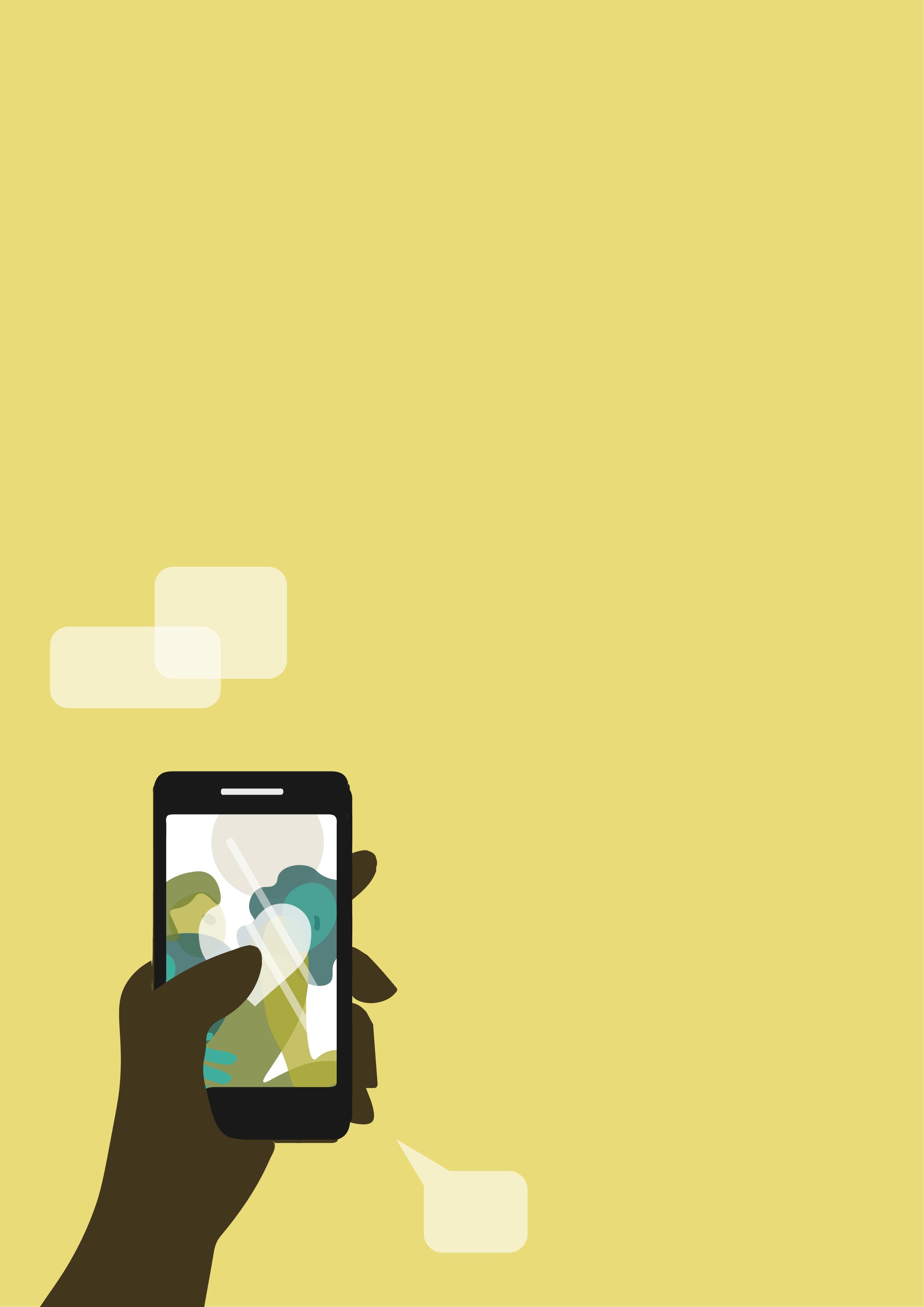
I had features I looked out for, a list of qualities that makes me feel an inkling of something for a complete stranger. I liked smiles, and laughs. I liked men who looked happy, looked at ease and almost comfortable in their profiles. Something about it drew me in. I wanted to know the source of their happiness; to get to know them. I liked it if they had nice hair, usually darker, I liked the way it almost framed their face like a halo. And that is where my list ended, so basically, if you were a man with nice hair and a smile it should have been easy to swipe on you, right? Sadly not, because I still felt nothing. I never looked at a man and felt that excitement and attraction until I got to know them.
I have never had sex. Well, actually all forms of sexual intimacy can be defined as sex. But I have never had the heteronormative patriarchal definition of sex. Not to say I am not interested in it, but I have only ever wanted to have it with one person. Because I cared about him, I knew him inside and out, and his flaws only drew me closer to him. That is what love is supposed to be, isn’t it? Seeing someone for who they truly are and choosing to accept them. All my other ‘situationships’ were not about how I felt, but how I wanted them to see me. I wasn’t capable of caring about them yet; I needed more time and reassurance. But the men I had interacted with were not privy to my existence on the asexual spectrum. Nor did many of them care, as long as I served them, how I felt never came into question.
But that’s what life is like identifying as a woman. When you are young, the world doesn’t properly prepare you for how men will perceive you. It doesn’t prepare you for the unwanted sexual advances, the constant discomfort of being in your own skin. They don’t prepare you for the constant swiping you do through dating apps to feel something. How I have felt with some men can only be described as isolating. I can be in their company, yet still feel so alone. Searching for their validation is never enough. It’s as if we are so busy trying to form connections with others that we forget about ourselves. We forget about the one person that will always validate us and give us the love that we crave and deserve; often, that person is us.
60. Art by Brodie Harris
So why am I back on this silly, little dating app? I know clearly it doesn’t work for me. Why am I in a place that makes me feel lonely and lowers my self-esteem? It’s because I want to be validated, I want to be loved. Male validation is the ghost that haunts most people, it infects your thoughts and even your way of being. I want someone to look at me and think I am the most amazing girl in the world, the less they know about me the better. Because here is the problem with validation; you aren’t living for yourself, you are living for others. Maybe you can get a stranger to love you, but that may come at the cost of not loving yourself. The need for validation makes you change yourself for another, and that is not love. Love in its purest form is loving someone completely as they are, not
At the beginning of the year I took a sabbatical from dating, it was a complete mess. Weirdly it was as if the less interest I had in dating, the more men seemed to swarm around me. It was what I wanted, that complete love and adoration. But it was never authentic, and it didn’t make me happy like I thought it would. I broke my sabbatical by hooking up with a guy I hadn’t seen in a year, although he continued to plague my DMs. Always liking my Instagram stories and giving me that validation I was constantly seeking. I thought I would be happy hooking up with him again, but I ended up feeling empty and slightly disgusted. Not with myself, but because in the end, my search for validation did not bring me satisfaction. I told him that was the last time I would be seeing him, and when he inevitably messaged me the next month, I told him that I was done with hookups and that I was searching for a genuine connection. Humans strive for connection, we are social creatures. Searching for something that should come so naturally to us has been difficult, because we have also inherited this fear of being open with one another. We are so scared of being hurt that we forget that pain is something we can control.
I stopped swiping and moved to the settings part of the app, I deleted it without a second thought. This was not the place for me, I didn’t feel a connection with any of these men, I just sought validation. I felt that anxious knot untie in my chest, immediately feeling lighter and free. There is someone for everyone, and maybe I won’t meet them today or tomorrow, but in the meantime, I am going to treasure the friends and family that are around me. To make sure they know that they are loved; truly and completely.


Art by Brodie Harris 61.
Is It a “Hoe Phase” or Are You Really Just Self-Destructing?
Charlotte Zeljko
CW: Graphic descriptions of sexual experiences that may be confronting.
I used sex in place of a lot of things; as power and control, as validation, as self-harm, for acceptance, for love. But never for pleasure.
As a kid, I tried to masturbate but found it boring. At 15, a boyfriend went down on me and after a while my feet and hands were tingling so much I thought I would explode. I yelled at him to stop.
At 16, I had sex for the first time. He told me it was the best sex of his life. This absolutely thrilled me. I was good at sex and I was hot and he was so nice to me because of it. I never stopped to question if I had actually felt pleasure. If I had, I would’ve realised I didn’t. But that didn’t matter.
At 18, I had never orgasmed in my life. I tried getting my boyfriend to go down on me but he cried and said it made him too nervous and I was pressuring him. It’s funny how men are always open to learning how to fuck but never to make you cum. I knew that he should be open to reciprocity and to giving me head, and I wanted him to, but mainly for the moral sake of it. The act itself made me feel like an ice cream cone. We broke up, and I didn’t know how to be alone... Enter Tinder.
I realised that as someone with boobs on a dating app I would never have to be alone again. So many people wanted to fuck me!
Over the next six months, my mum met a lot of random men and women and heard a lot of things a mother should never hear. I fucked a 30-year-old. An air force pilot. A German DJ. A stripper. Some of them pushed things too far, did things without asking. Some of it was bad, some of it was good, some of it was dangerous, some of it hurt. But none of that matters. What mattered was that I was distracted. I was hot and powerful.
When I was in school, I felt bigger than a lot of my friends and while some guys were attracted to me, I knew there were many who weren’t.
I became obsessed with proving that I was attractive, as if that’s what would make me someone worth knowing.
I kept a list on my notes app. The first thing I would do after these interactions was adding their name. It started to feel like the name mattered more than the sex. When someone hit on me, that’s what I thought about: their name on my list. Each name meant more proof. Proof that I was worth fucking.
It became the most important part of my personality. That I was the kinkiest, dirtiest person they had ever, and would ever, be with. I needed to be remembered. I was up for anything and “No, really, you don’t need to go down on me I’d rather just fuck” became a common phrase.
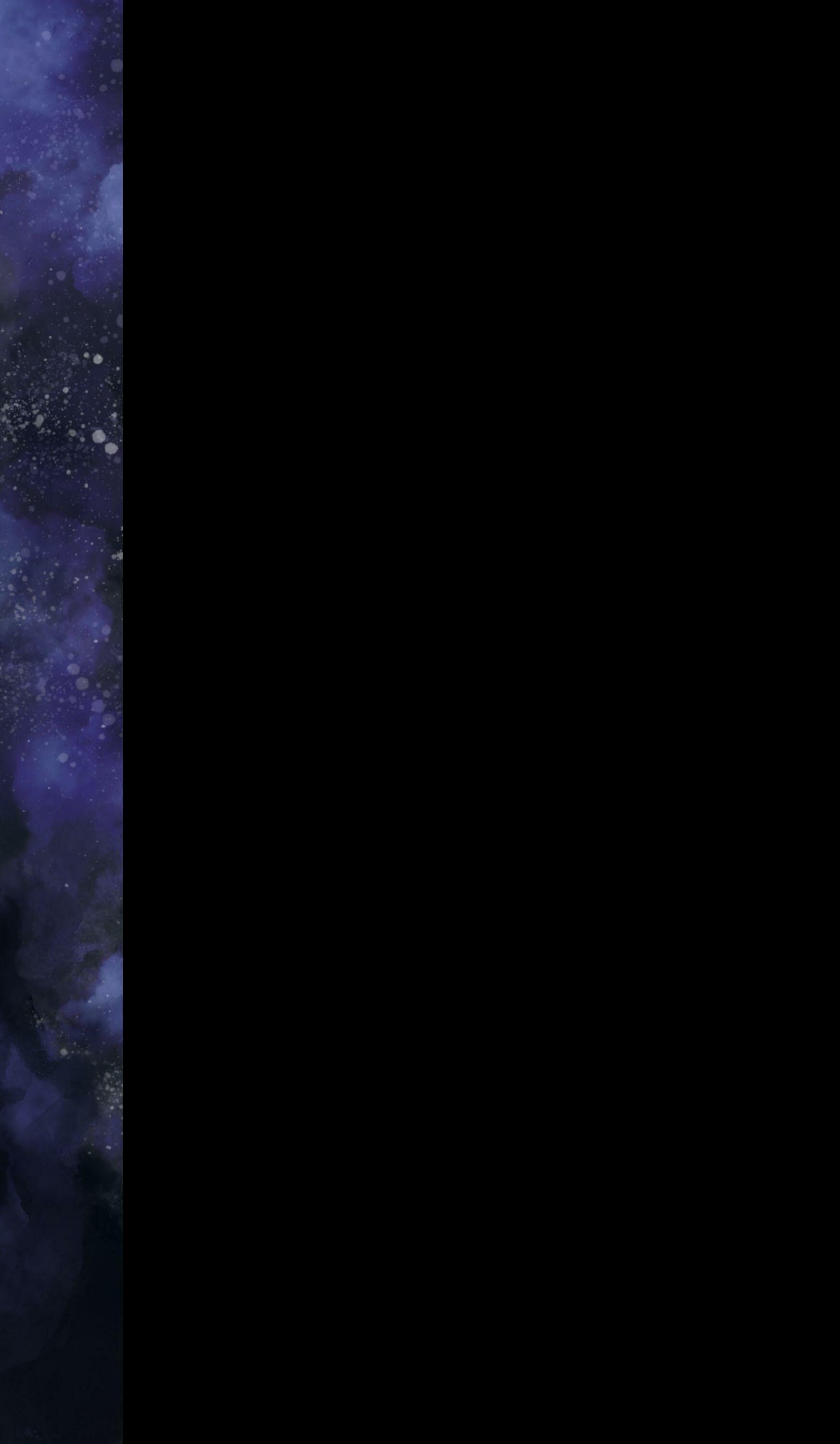
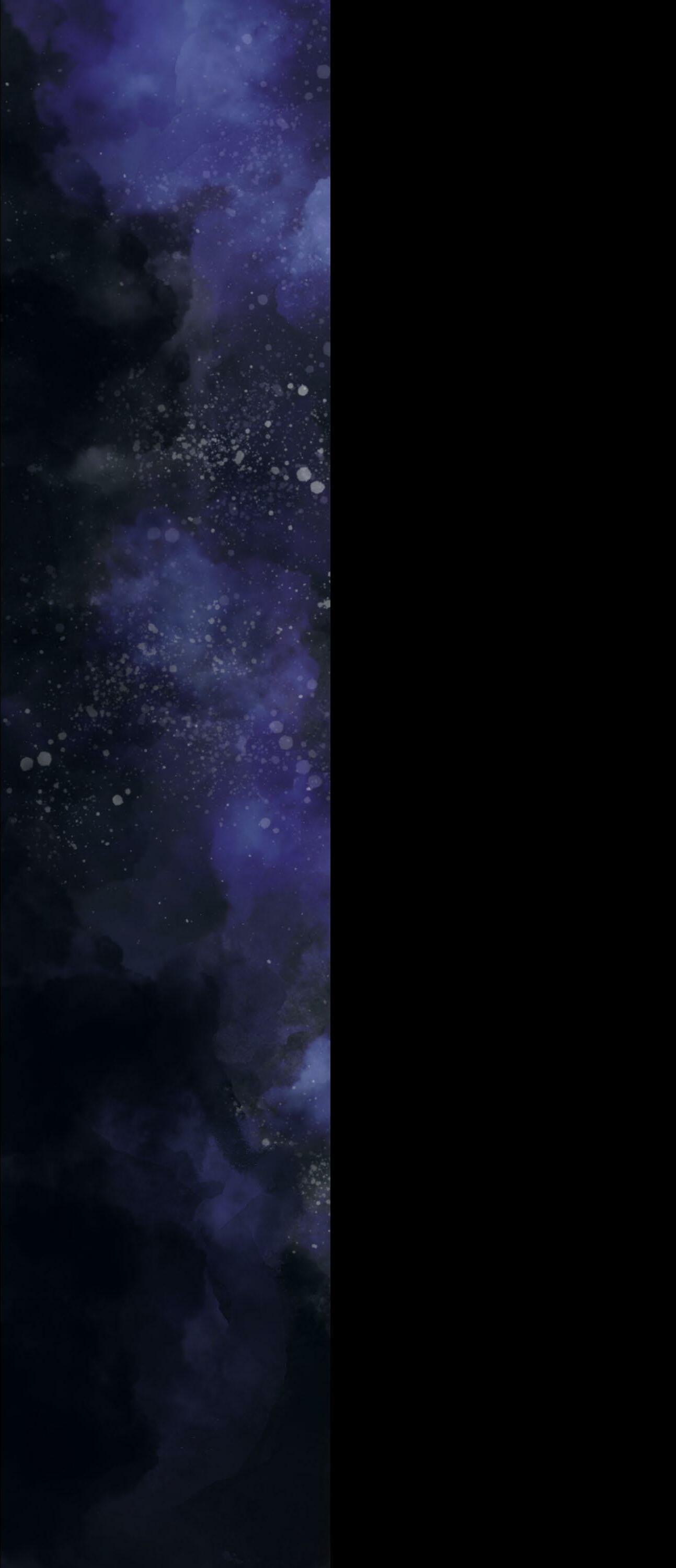


I liked extreme power imbalances, physical violence, and name-calling. I revelled in knowing that I wasn’t boring or “vanilla.” I became someone completely different in order to have sex. I had to believe that I was “A worthless fucking whore, you like that don’t you, you little fucking slut.” I know now this was all a form of self-harm.
It was a long and tiring six months, full of UTIs, yeast infections and pregnancy tests.
One particularly humiliating experience marked the beginning of the end of my sexcapades. We met at a bar. He came over to me, pulled me from my friends. Told me I was beautiful, asked me about myself, and bought me drinks (quite a few). I told him I couldn’t go home with him, I have work tomorrow. He told me, “I’ll cook breakfast in the morning! I’ll drive you home! I’ll look after you, darling.” Back at his place, he couldn’t get it up. I attempted some grinding for a bit, which just ended in chafing. In the end, we gave up. I said, “I guess I’ll leave then?” To which he yawned, rolled over and said, “yeah ok, bye.” Walking alone in the dark, I saw the group he had been with coming down the street towards me. I freaked out.
I hid in a bush.
62. Art by Amy Sitthilath
In that bush, cold, chafed, holding my shoes, I heard them on the phone with the guy I had just left. He told them I hadn’t “managed” to get him off but that he had made me cum. His friends laughed and said at least he still got some pussy. He hadn’t even tried to touch me.
Here are some direct quotes from my journal the next day.
“Meaningless sex will rot your soul.”

“You don’t have to sleep with everyone who’s nice to you.”
“People will use you if you let them.”
That was in December of 2021. A lot of things have changed since then. I’m in love. I realised I’m a lesbian. I’ve learnt to orgasm. All things that I could write their own articles about. But all of it boils down to asking yourself what you truly feel and want.

Sex is complicated. It means different things to different people and it can be easy to get caught up in all the things sex can grant you. At the end of the day, sex should be about two (or more) people just trying to have a good time. Whether it’s sex with a stranger, or a long-term partner, sex should be about working together to give each other pleasure.
I know my experience is a bit extreme, but I believe that many people struggle with their relationship with sex and pleasure. All I ask is that if you can help it, make sure that you have life and love and self-worth without sex. That you work to understand and explore your body. And that you don’t waste your time with anyone who is any less than incredibly eager to learn how to make you feel good.
Also, give The Lesbian Masterdoc a read. Just for fun.
Art by Amy Sitthilath
63.
CONSENT FOR COUPLES; Or, How We Realised We
Weren’t Always Having Consensual Sex
Anonymous
CW: Mentions of sexual assault.
My partner and I have always had what we have considered a healthy sex life.
We were two months into the strongest relationship of each of our lives, with what we thought was regular, communicative, and respectful sex.
But one morning, I woke up feeling kind of gross. Quickly I saw she felt the same. We pieced together the memories of the night before - and realised that we had had non-consensual sex.
We were drunk at a club. I said something meant to be hot (let’s just go home and fuck), and suddenly she was leading me out the door. I didn’t want to leave - I was happy with our dance floor flirtation. She didn’t want to leave either - she just thought I did. Yet, each wanting to give the other what they wanted, we stumbled home, riling each other up on the way.
Our memories of the actual act are fuzzy. I remember trying so hard to remain focused on my task, on her, on where I was. The room was spinning, and I spent most of it praying I wouldn’t throw up before it was over. She remembers sitting on the bed, removed from it all (guess we’re having sex?), then overstimulation, convincing herself we were having a good time.
Now - no ‘no’s’ were ignored, no signals were missed, no coercion was used. But neither of us wanted to have sex. And both of us had recognised this, not said anything, and kept going for the sake of each other.
How did this happen? We had prided ourselves on being open and kind to each other. We weren’t (we thought we weren’t) the kind of couple to borderline sexually assault each other.
Maybe you think you’re above this. You did the Consent Matters module and scoffed at its simplicity. You know how to get and give consent. No means no.
However, if you’re having regular sex with the same person (or hope to), I urge you to read on. This will be an overshare worth sharing if we can prevent other couples from repeating our mistake.
LEARN HOW TO THINK WHILE HORNY
I always thought that song was ridiculous. You know. ‘I’m just thinking with my dick.’
Then I got horny.
There is something transformational about being really turned on. The body takes primacy over the brain.
Thoughts don’t shut off - instead, they become intensely focused on sensation: sight, sound, touch. Especially touch.

64. Art by Abreshmi Chowdhury
Tunnel vision. Hypnotism. A temporary shutdown in your lateral orbitofrontal cortex, the part of your brain responsible for reason, decision making, and value judgements.
Sex can be about thinking with your body. But consent needs to be about thinking with your brain.
To bring your brain back to the decision to say yes to sex, when answering a proposition, try pausing, slowing. Stop actively touching, take some deep breaths, and check in with how you’re feeling mentally rather than physically. This can take less than a minute, so if you’re both into it, you’ll pick up right where you left off. If you need longer to decide, usually the answer is no, but be patient with each other. Remember that you can always take a break and come back. And there are many ways to be horny and have fun together without having sex.
YOUR SEX LIFE IS MORE THAN JUST SEX
If the majority of your sex life is ‘traditional’ sex, you’re missing out - On a world of fun, and on understanding your own body. Sure, when you’re turned on, you might want sex, but you might also just be turned on, and could be satisfied by other stuff. To grow the bounds of your sex life - have less sex. Instead: -Mutually masturbate -Watch each other masturbate -Take nudes together -Make out intensely -Touch sensually but not sexually -Show off your bodies to each other
BLUE BALLS
Truth is, you can and should get comfortable with being horny and not having sex. Even if you’re both horny, you shouldn’t necessarily have sex. Giving someone ‘blue balls’ is evidence that you have sexual autonomy - you said no, even if it made someone uncomfortable. Plus, it builds sexual tension.
INVESTIGATE ASSUMPTIONS
After that night, we picked apart our thought processes during sex. We realised that we had been falling short of full consent almost every time.
Scary, right?
My partner had assumed my hand wandering
downwards meant ‘I want to have sex right now’. And, thinking I was just teasing her, said things like ‘hurry up’ or ‘fuck me already’. She thought I was initiating sex. I had assumed that hand stuff was not considered ‘full sex’ for us, and had instead followed her lead, thinking she was initiating with words.
How long would it have taken us to realise this otherwise? How long would it take you to realise you’d gotten into such a pattern? Far, far too long to be not giving full consent.
You shouldn’t need to go through such an experience to decode each other’s sexual languages. By asking each other questions and investigating your assumptions, you can avoid an experience that is at best awkward, and at worst, traumatising. Some good starting points to ask are: -When does ‘sex’ start? -Who initiates sex more? Why? -For you, what ‘counts’ as meaningful consent? -What counts as sexual touch? -What turns you on? Are you aware of when you are being turned on? -Can you say no to sex without hurting each other’s feelings? -Are you able to stop sex once started?
-Do you feel powerful during sex? What makes you feel powerful, or powerless?
-What patterns of sexual behaviour have you noticed? Do you want to remain in these patterns?
Once you have the answers to these questions, you can act on them. Set boundaries, try new things, talk more, and most importantly: have better sex.

Art by Abreshmi Chowdhury 65.

66. Art by Ben Coultas-Roberts
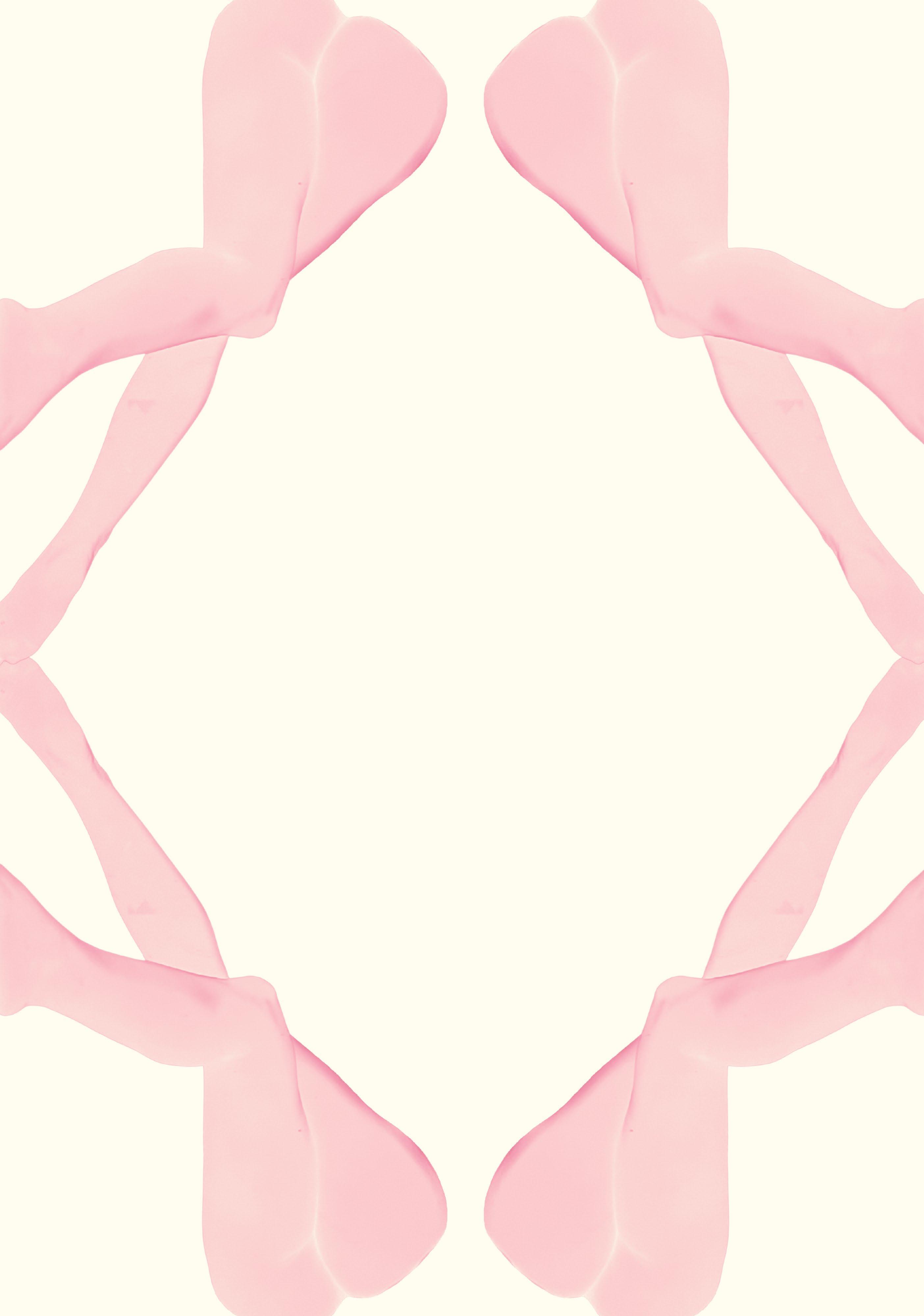

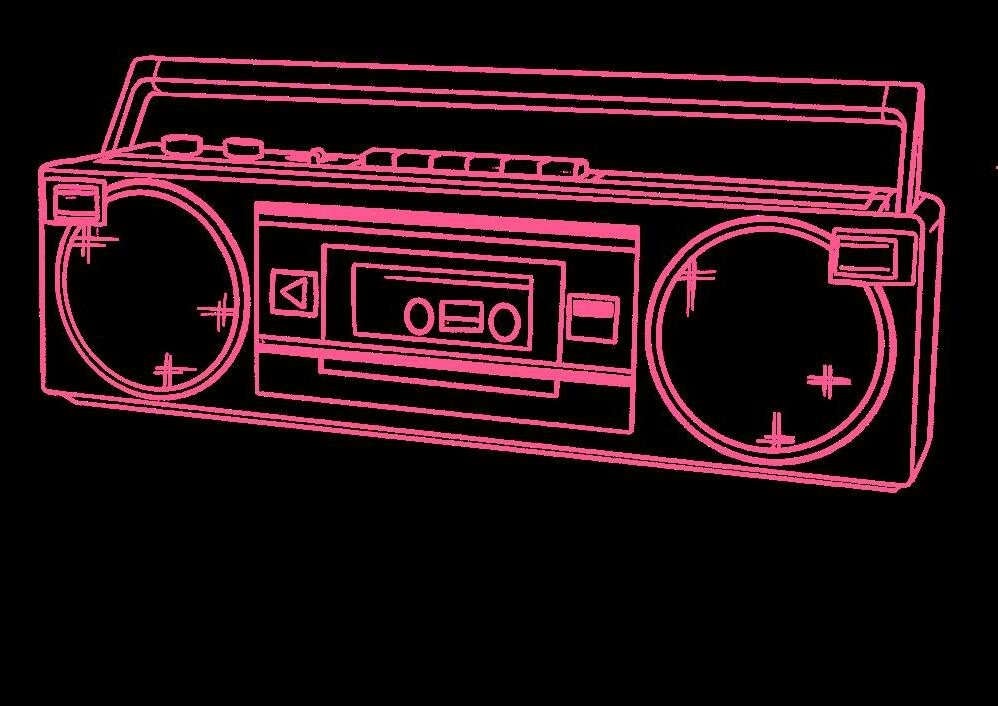


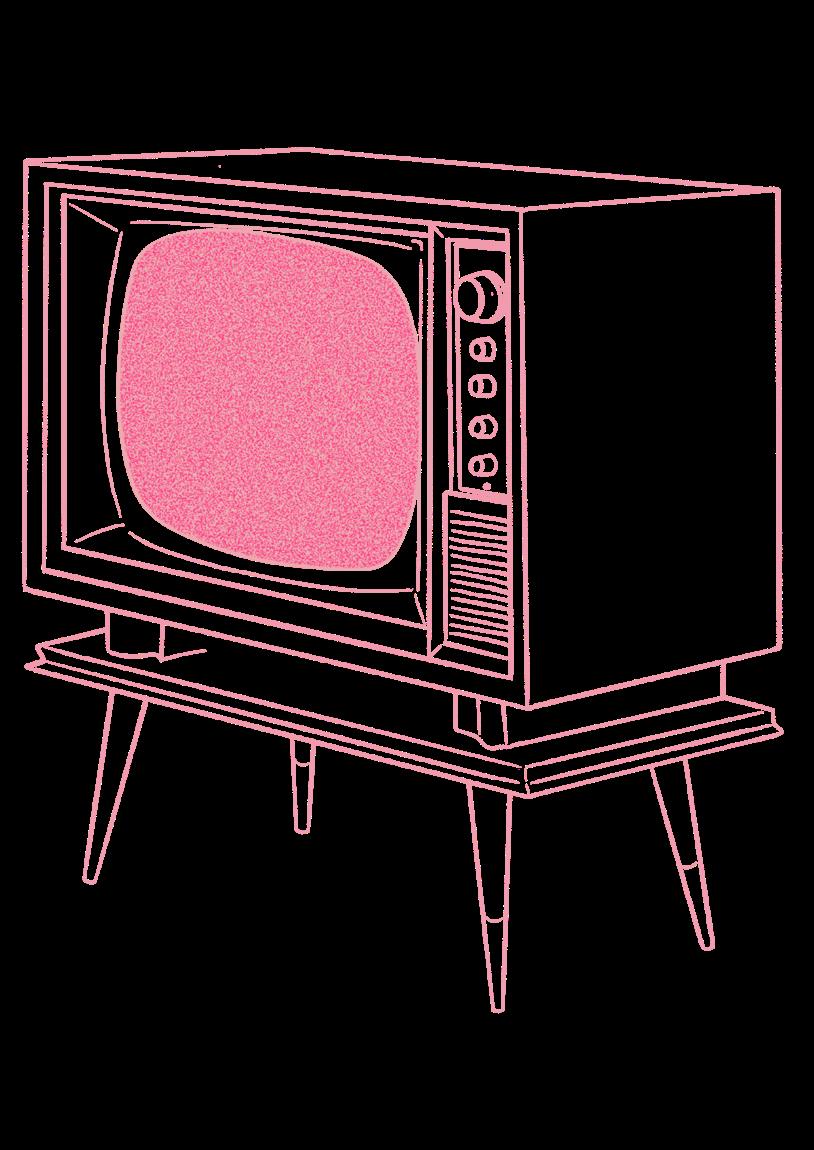
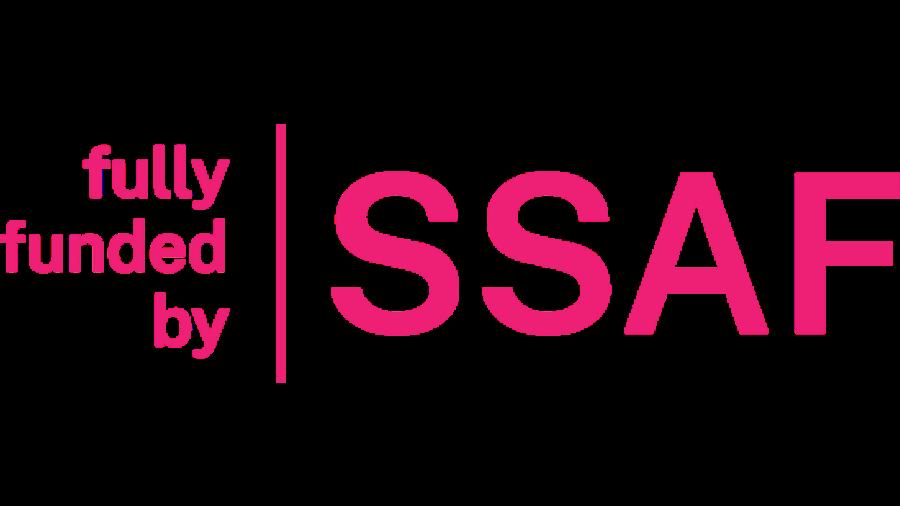
Contribute Radio radio@woroni.com.au TV television@woroni.com.au Art art@woroni.com.au News news@woroni.com.au Content write@woroni.com.au
We would like to acknowledge the Ngunnawal and Ngambri people, who are the traditional custodians of the land on which Woroni is created. We pay respects to Elders past, present and emerging. We acknowledge that the name Woroni was taken from the Wadi Wadi Nation without permission, and we are striving to do better for future reconciliation.




















 Alexander Lane News Editor
Karolina Kocimska Content Editor
Fergus Sherwood Head of Radio
Rose Dixon-Campbell Art Editor
Matthew Box Managing Editor
Clara Ho Head of TV Saad Khalid Deputy Editor-in-Chief
Juliette Baxter Editor-in-Chief
Alexander Lane News Editor
Karolina Kocimska Content Editor
Fergus Sherwood Head of Radio
Rose Dixon-Campbell Art Editor
Matthew Box Managing Editor
Clara Ho Head of TV Saad Khalid Deputy Editor-in-Chief
Juliette Baxter Editor-in-Chief




















 Art by Jasmin Small
Art by Jasmin Small















 ‘Kisses’ by Rose Dixon-Campbell
‘Kisses’ by Rose Dixon-Campbell







 Collated by Indy Shead Illustrated by Juliette Baxter
Collated by Indy Shead Illustrated by Juliette Baxter



 Art by Jasmin Small
Art by Jasmin Small
 Taylor Tran
Taylor Tran
















 Grace Hefferam
Grace Hefferam





 Art by Rose Dixon-Campbell
Art by Rose Dixon-Campbell























